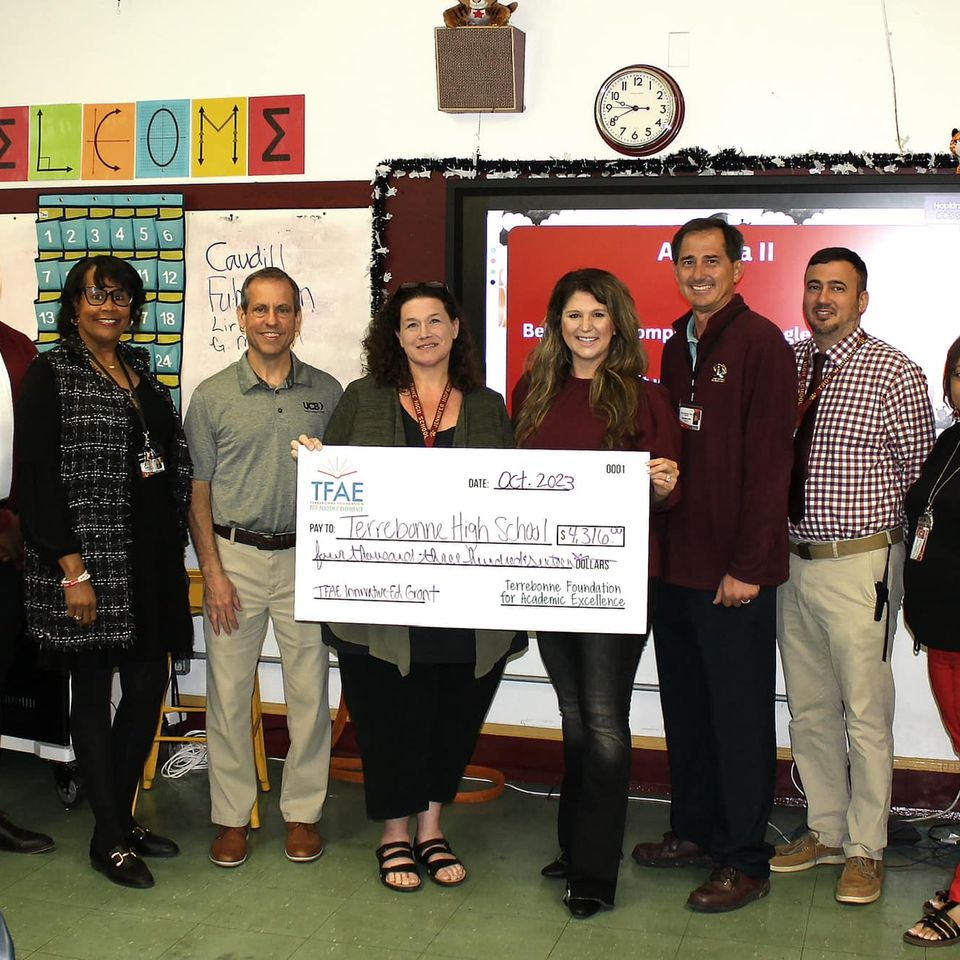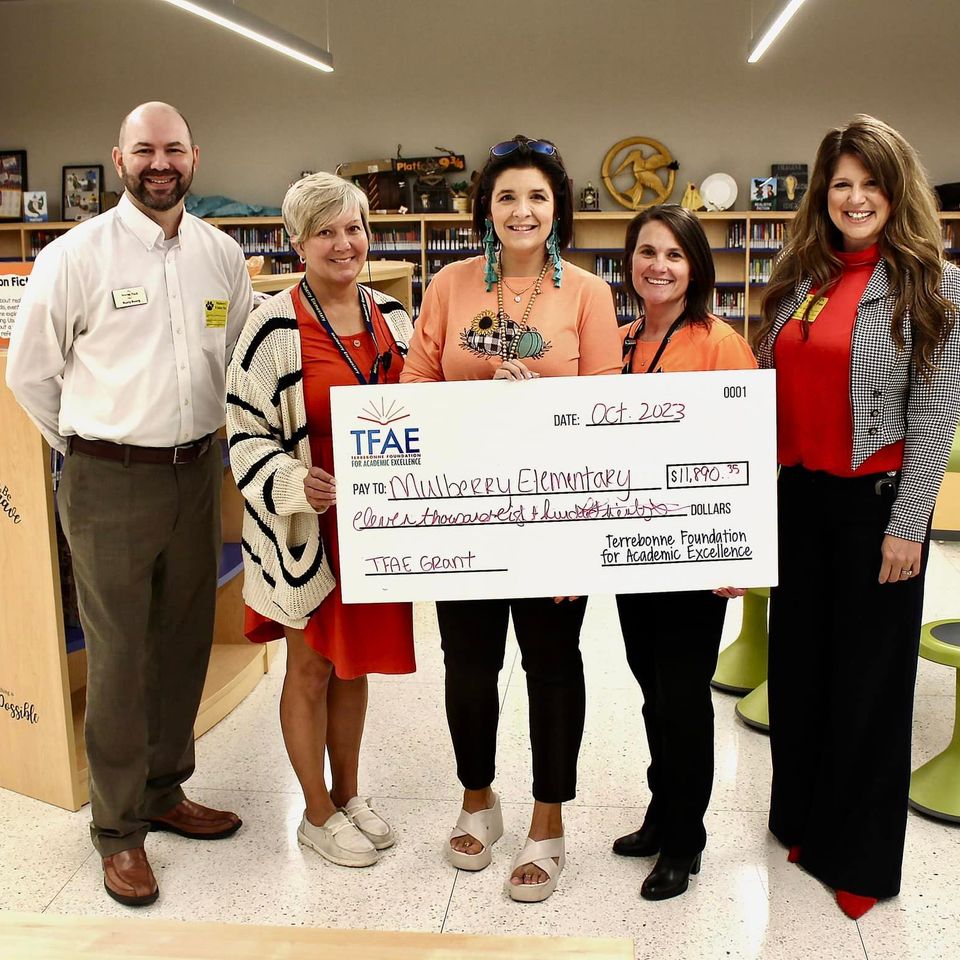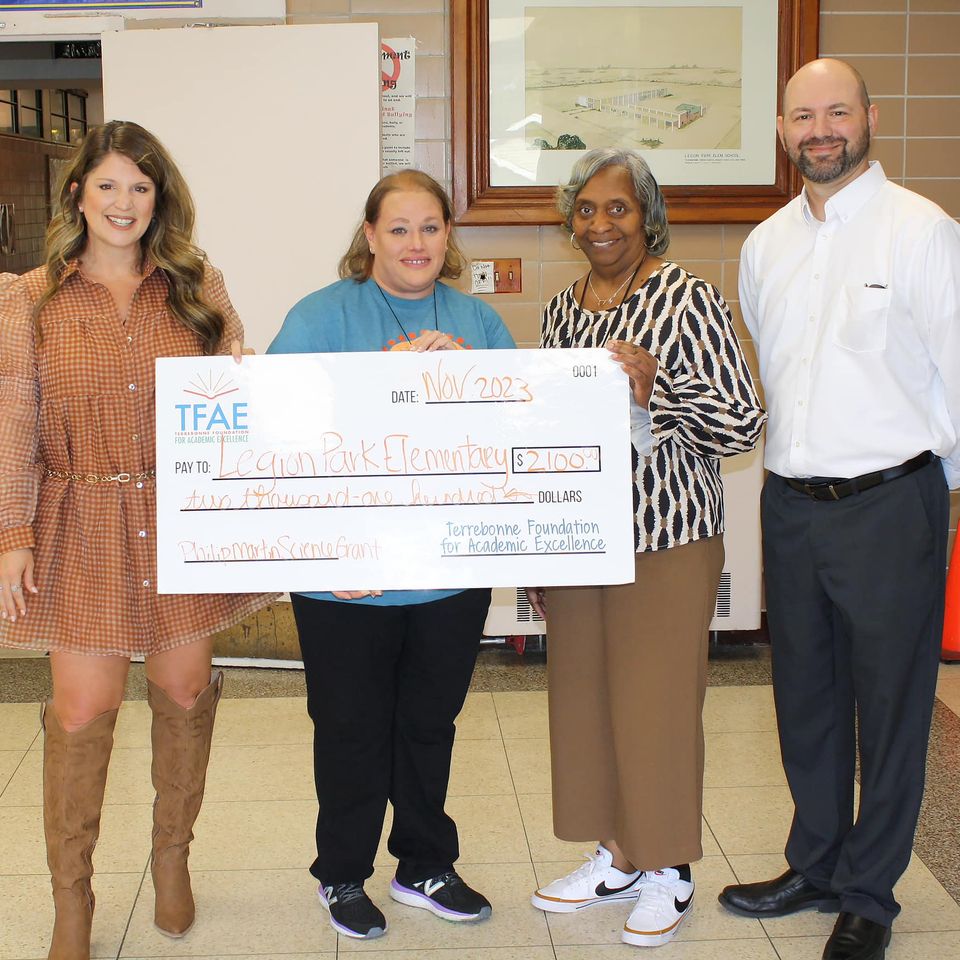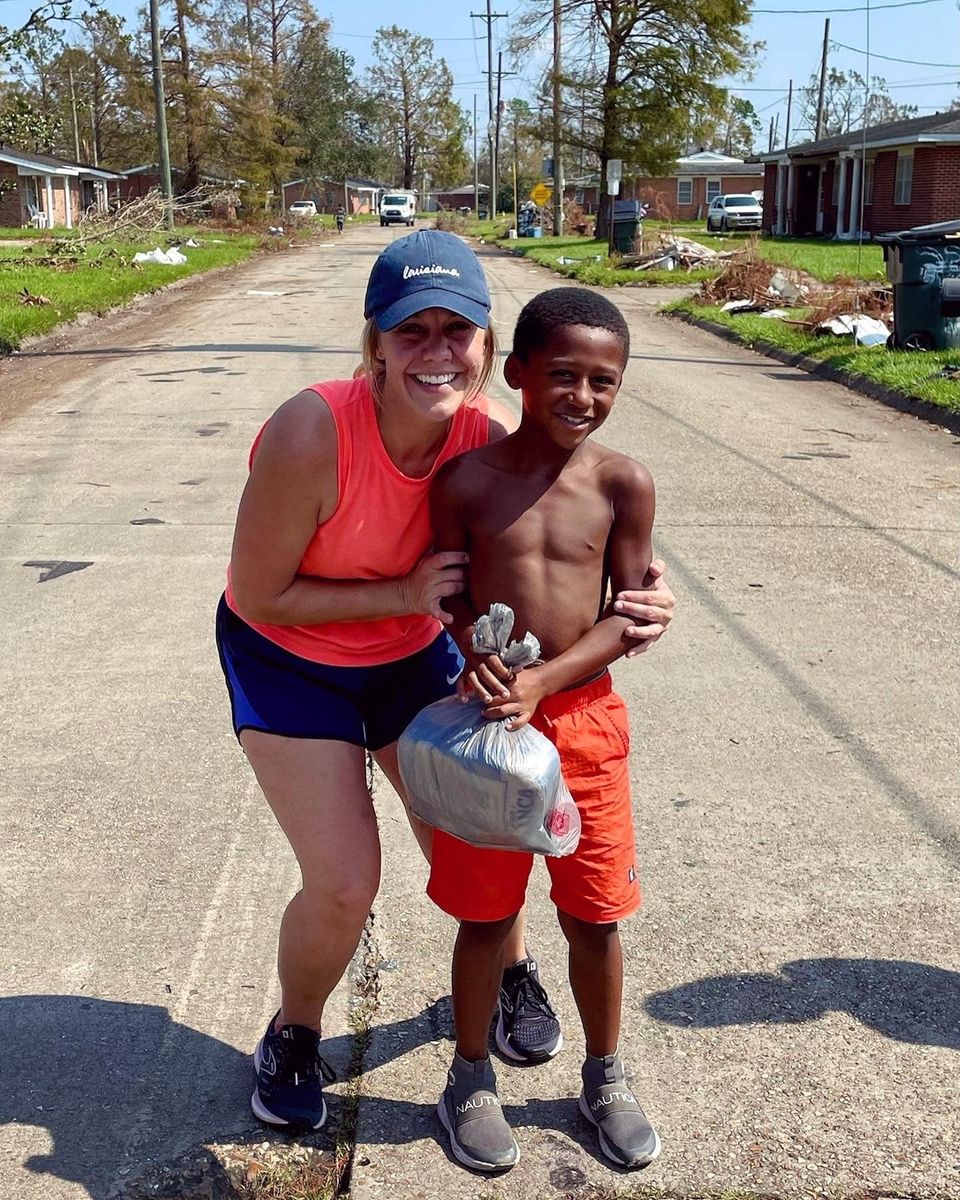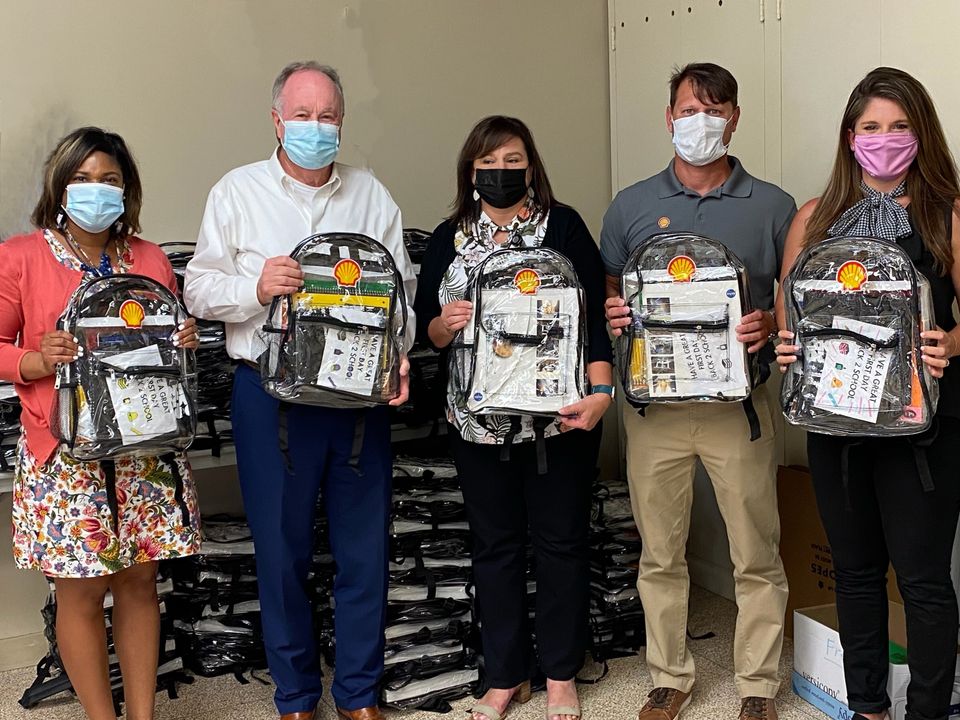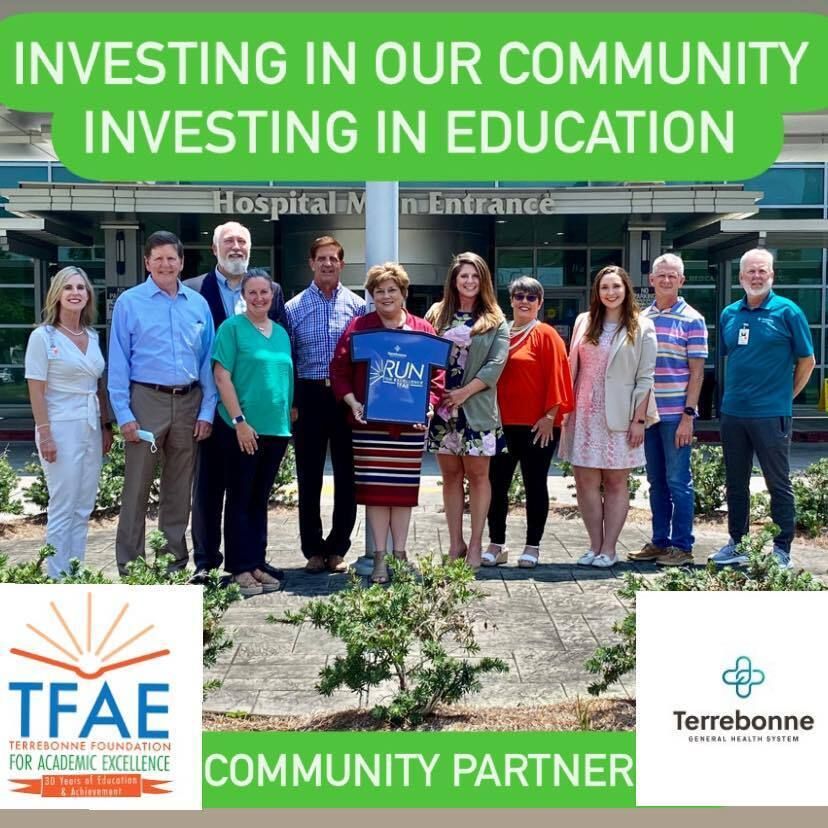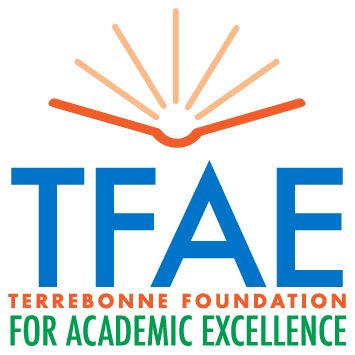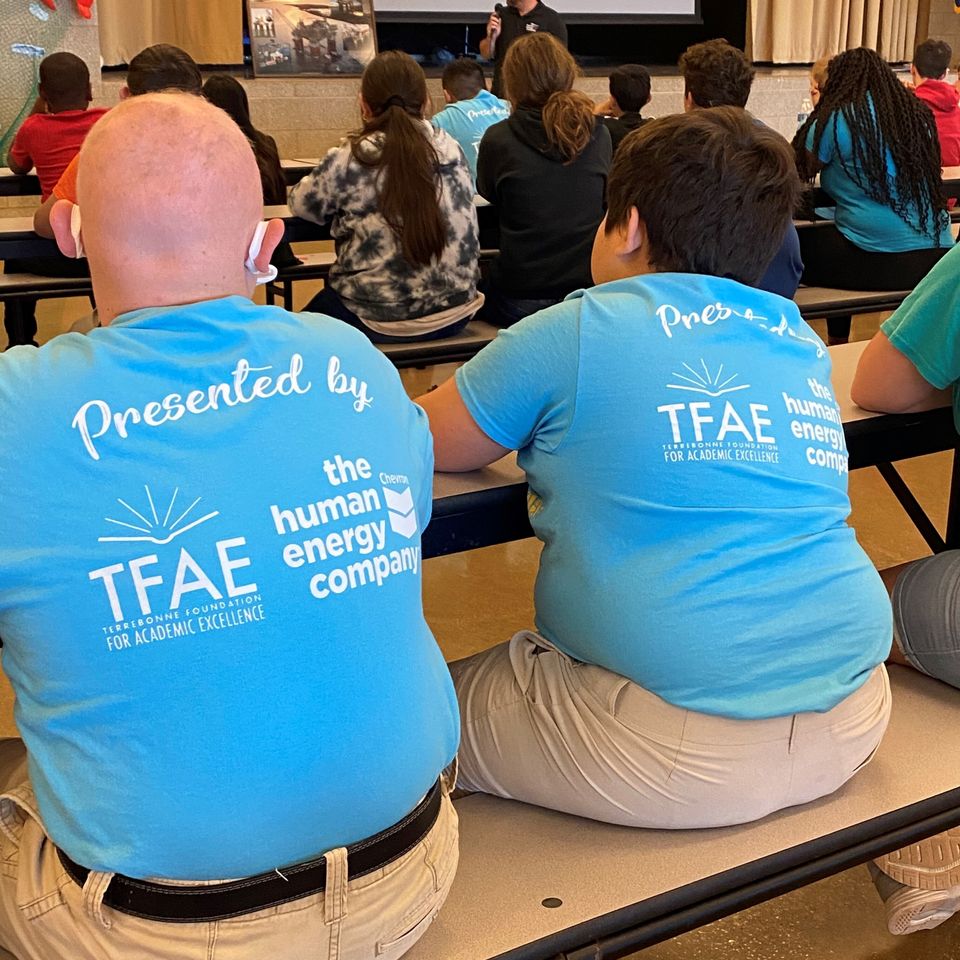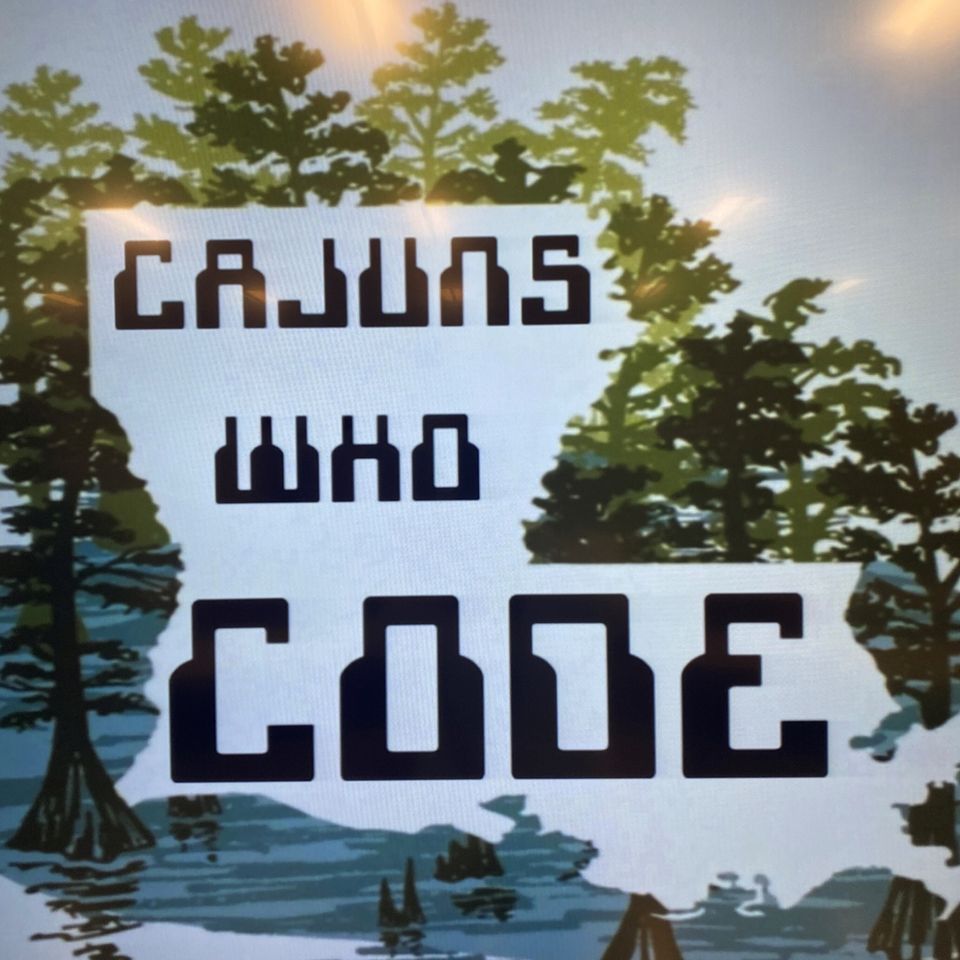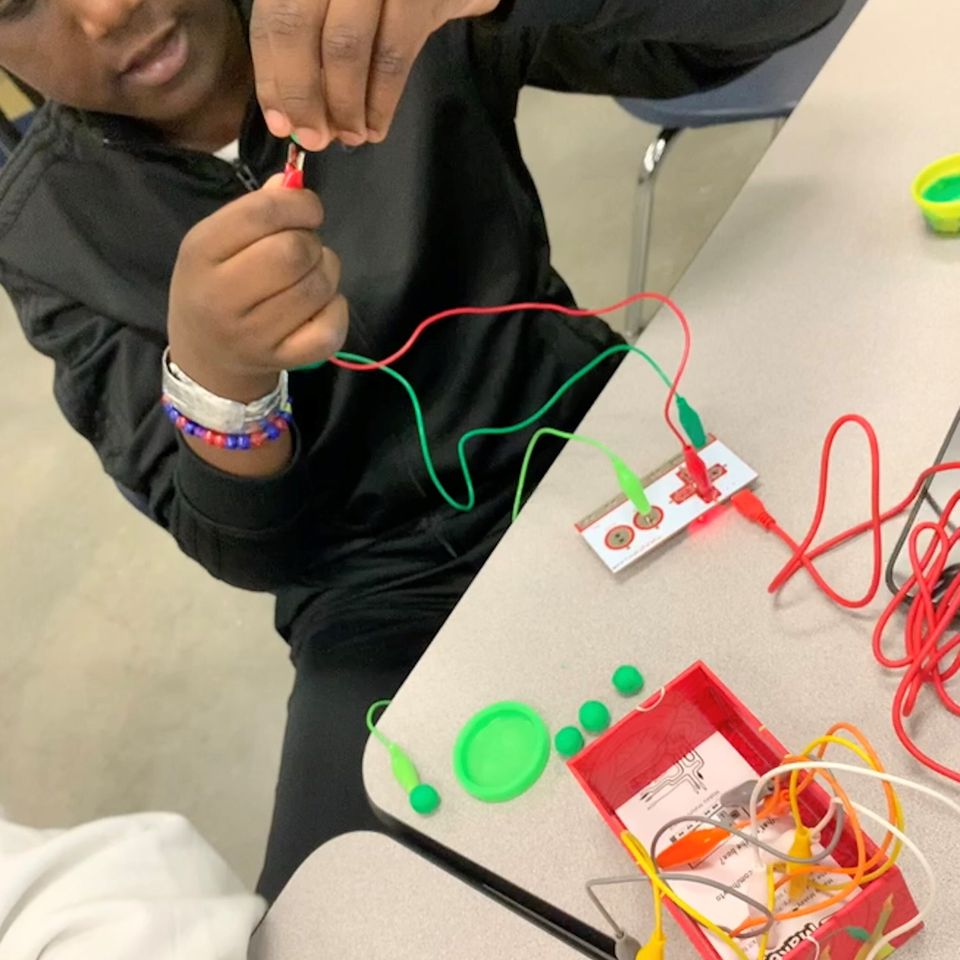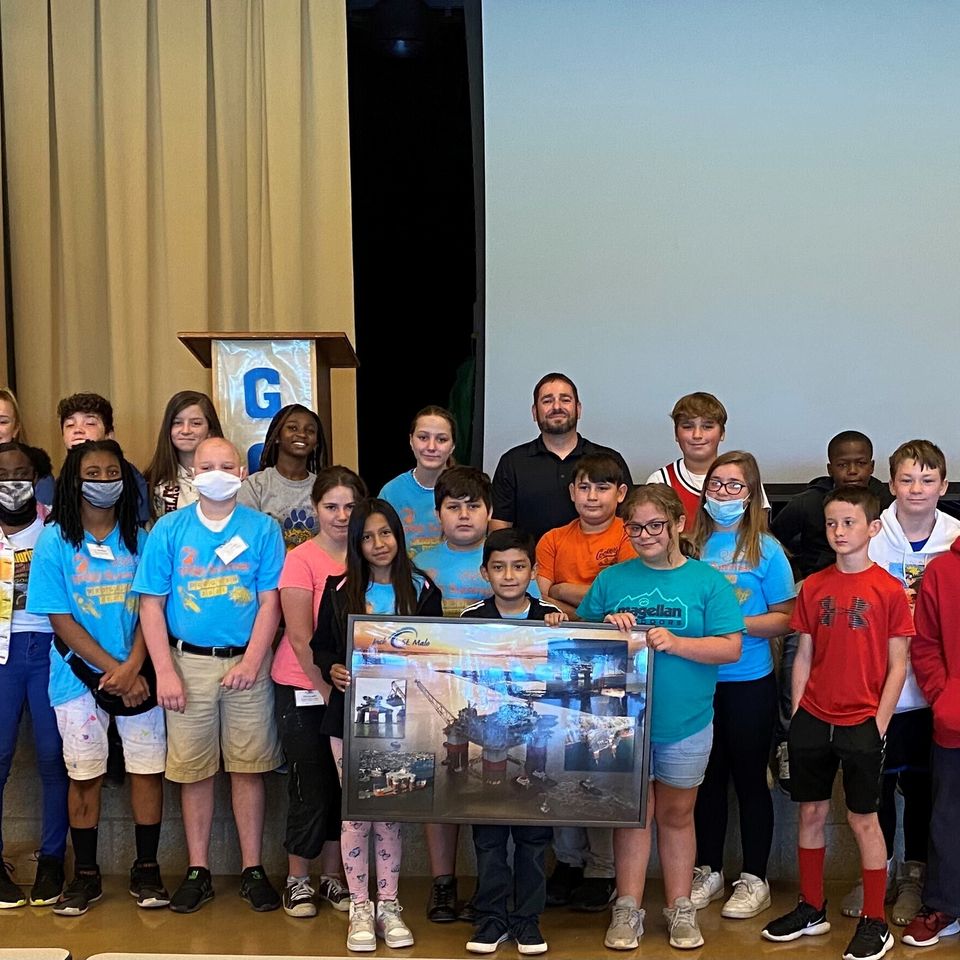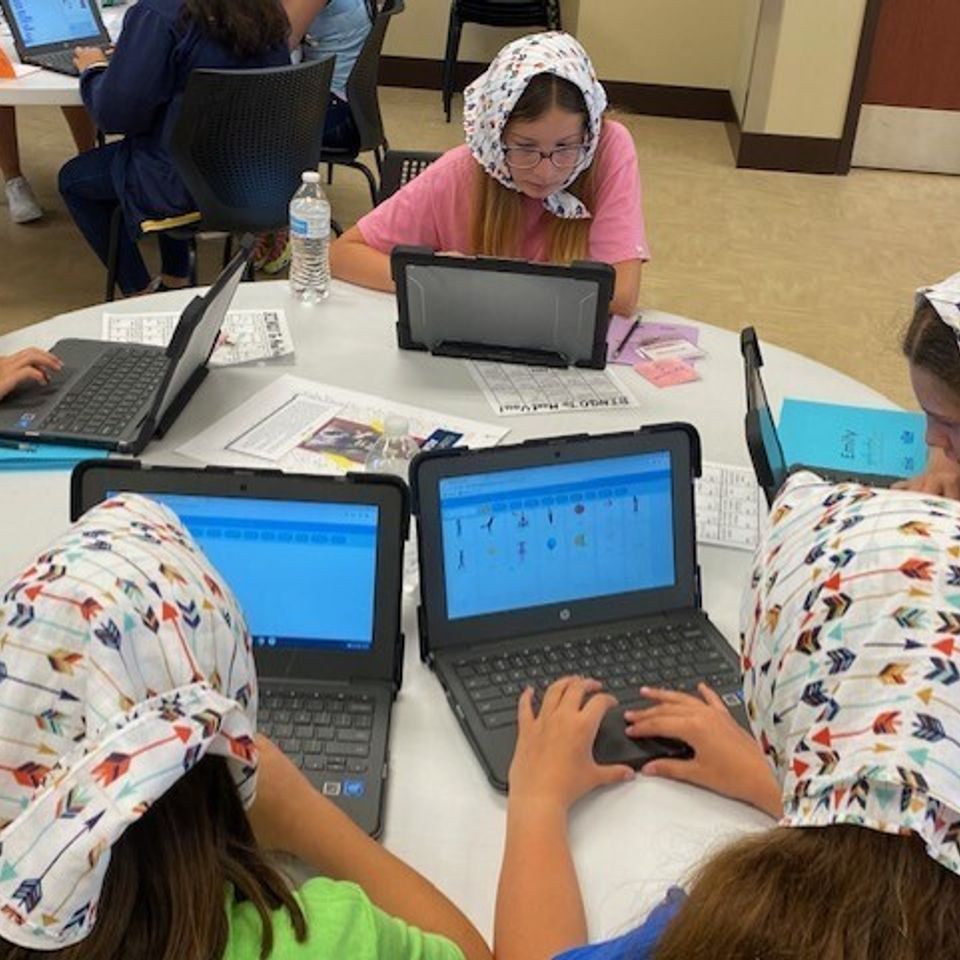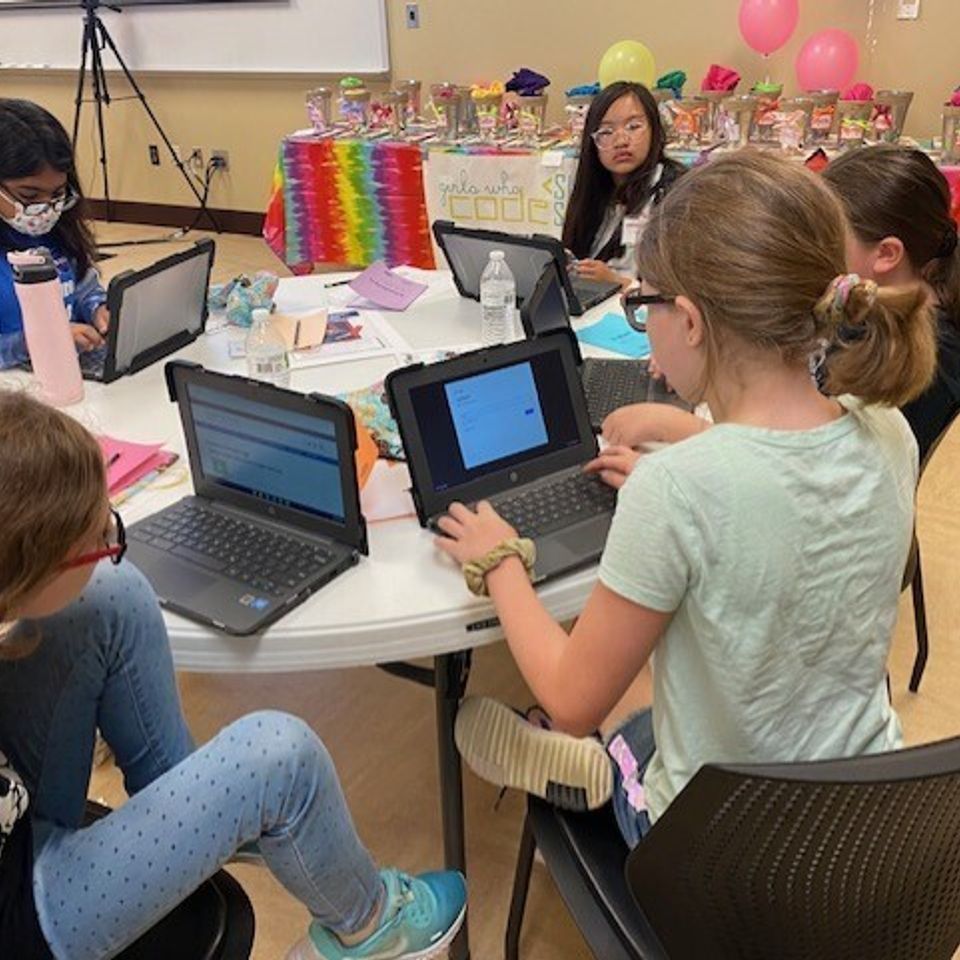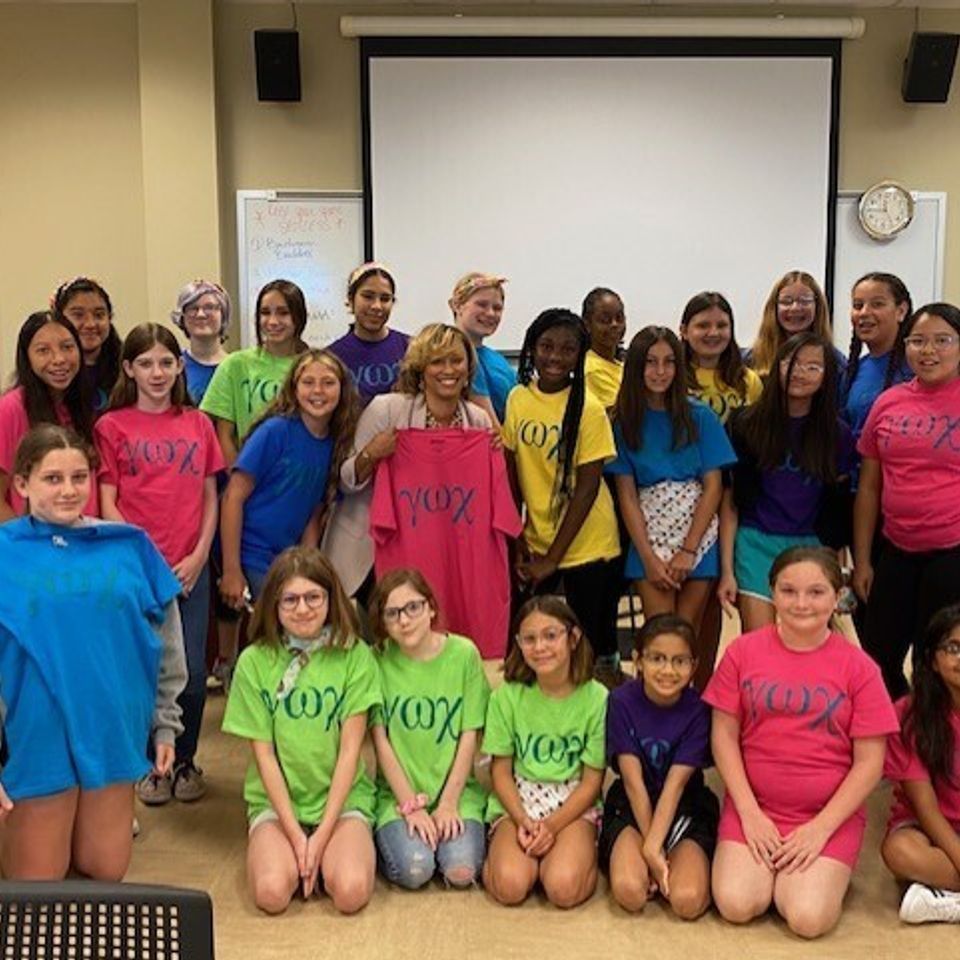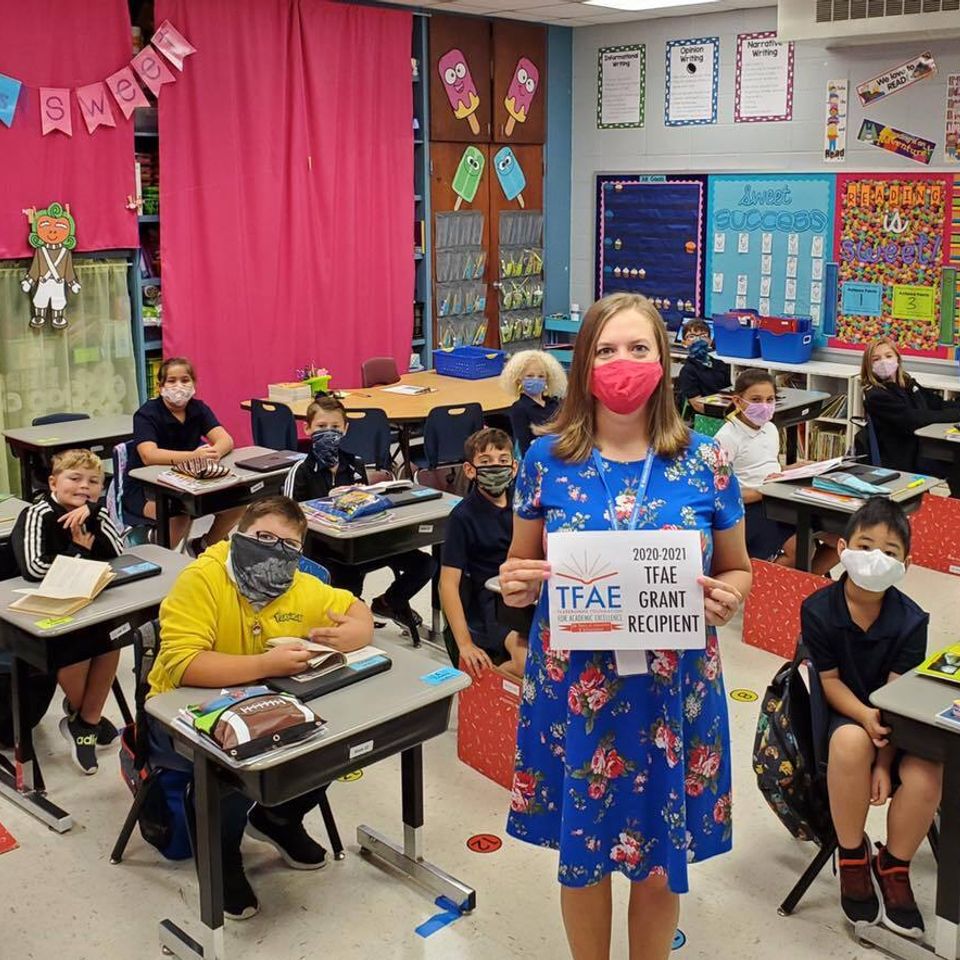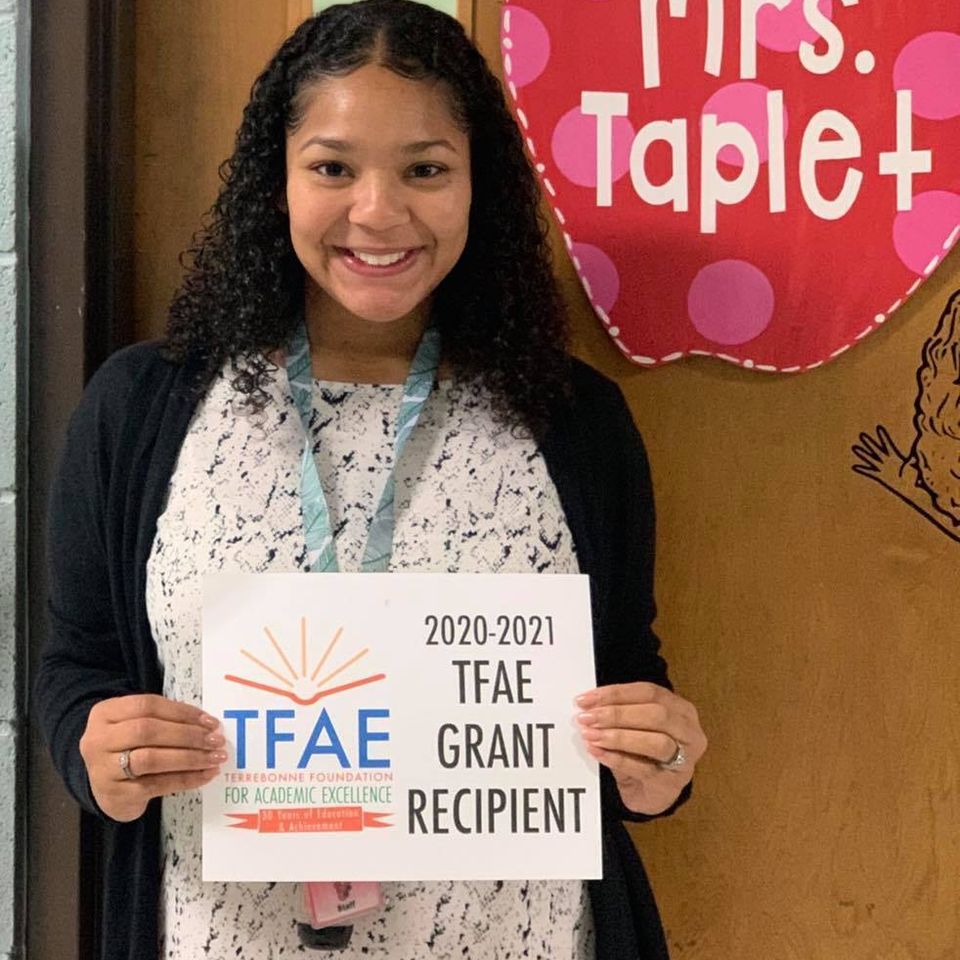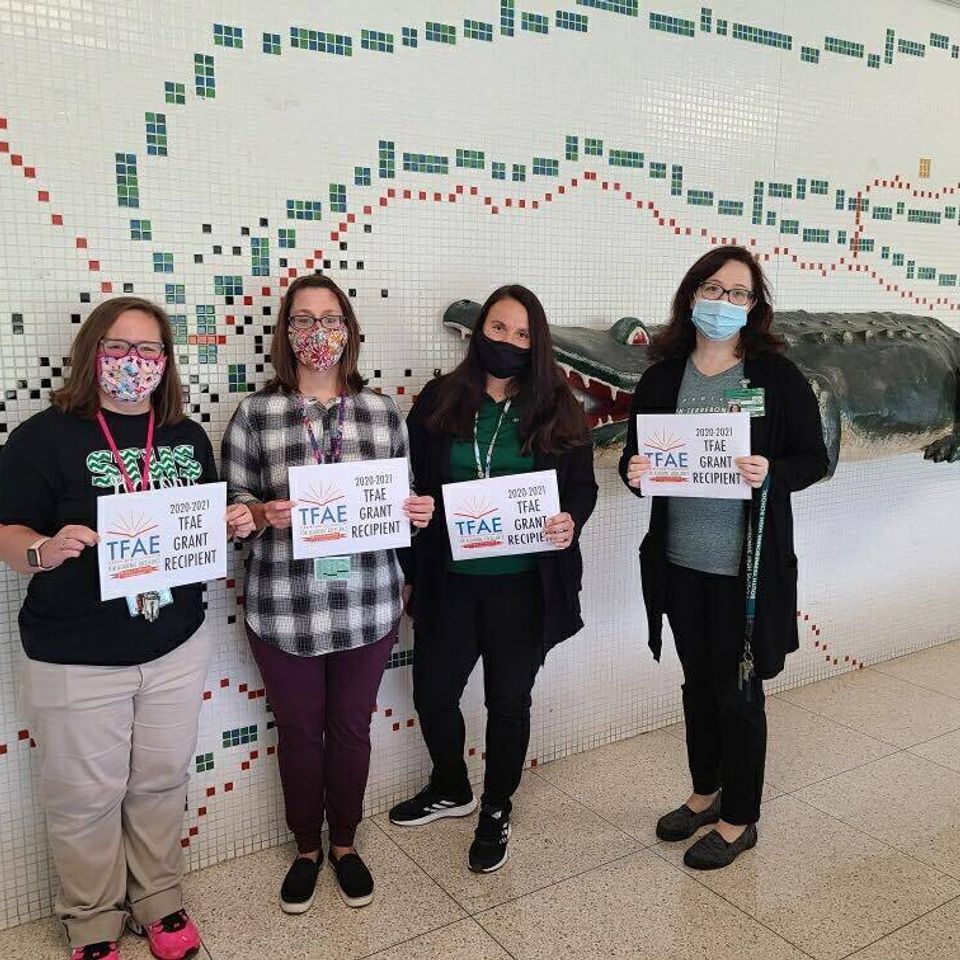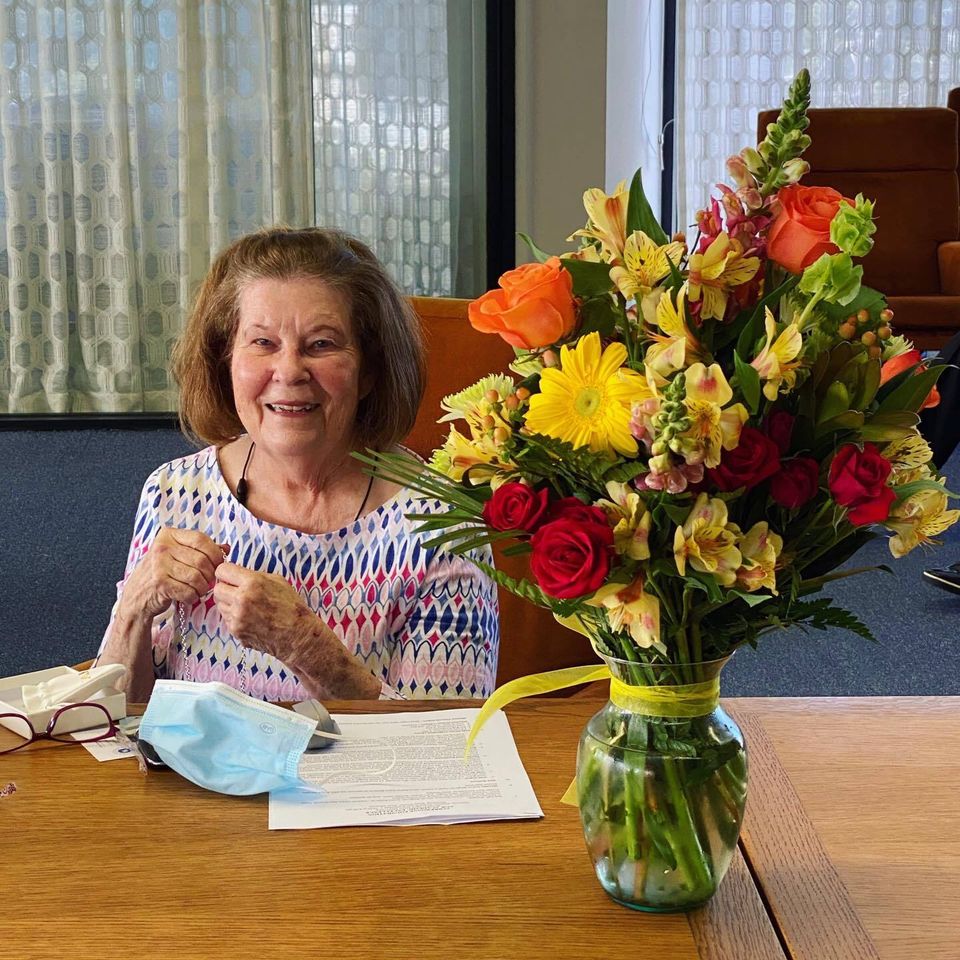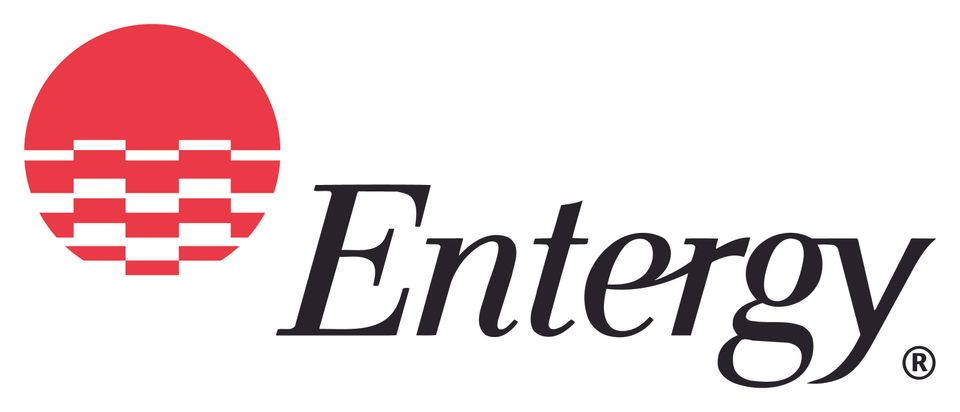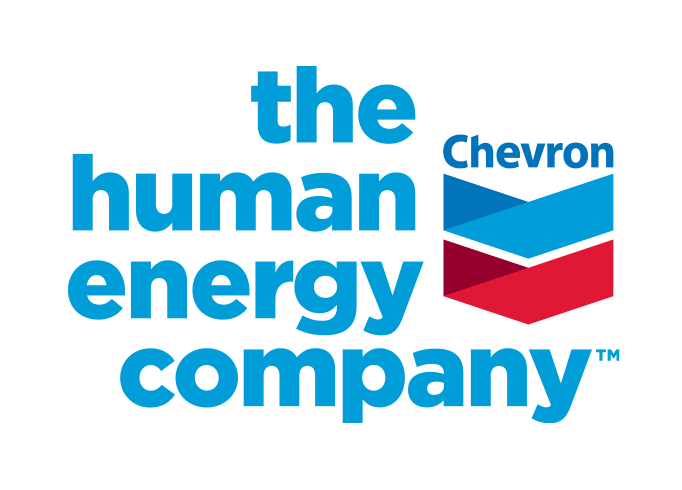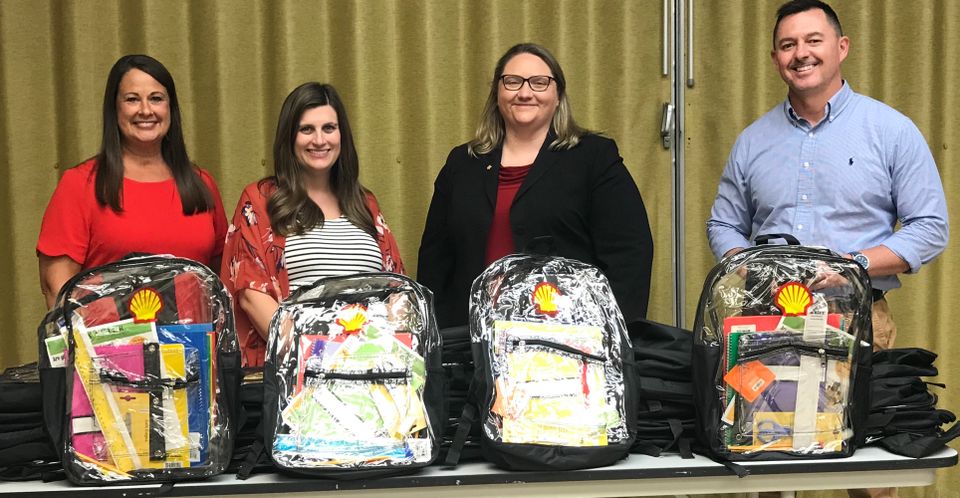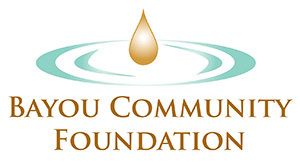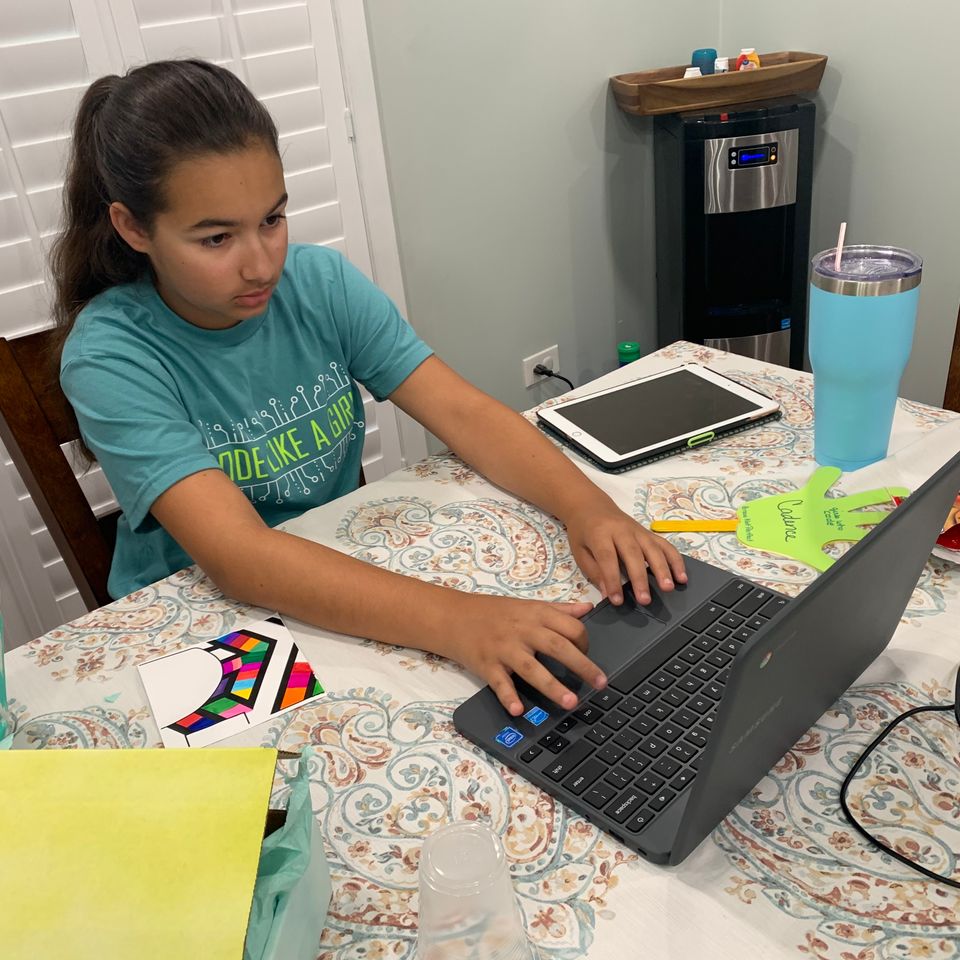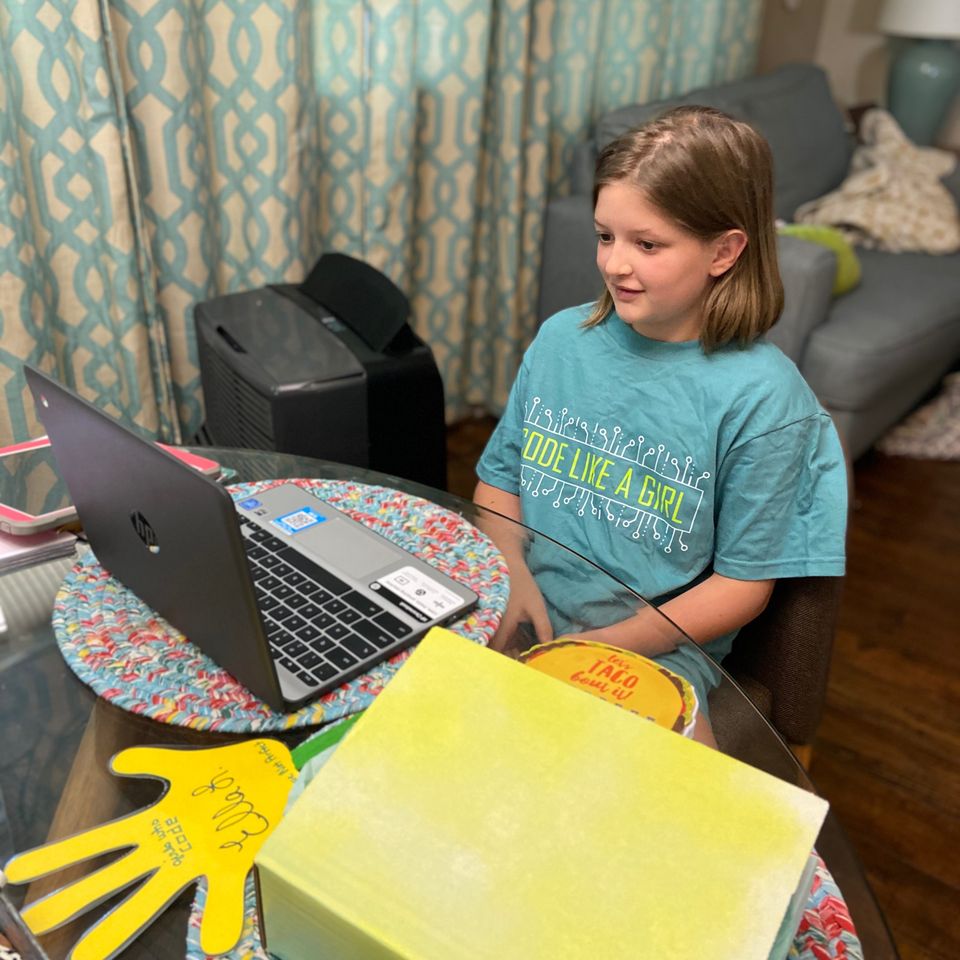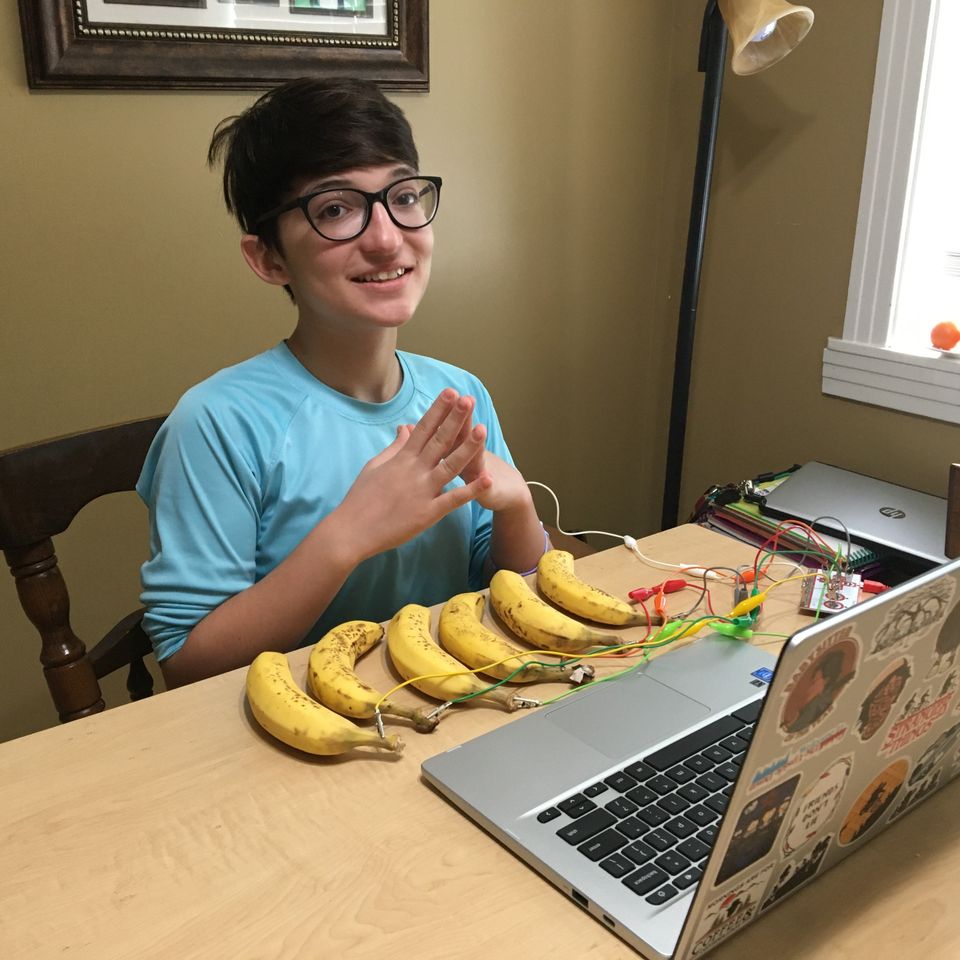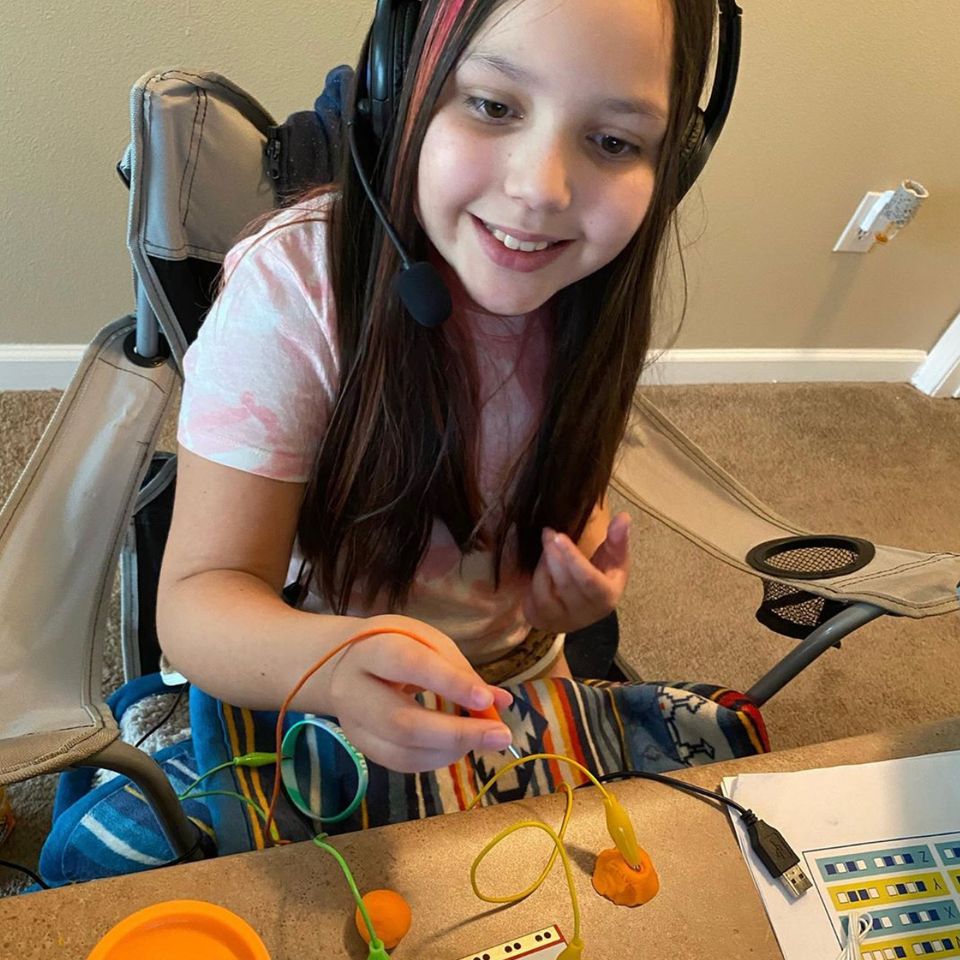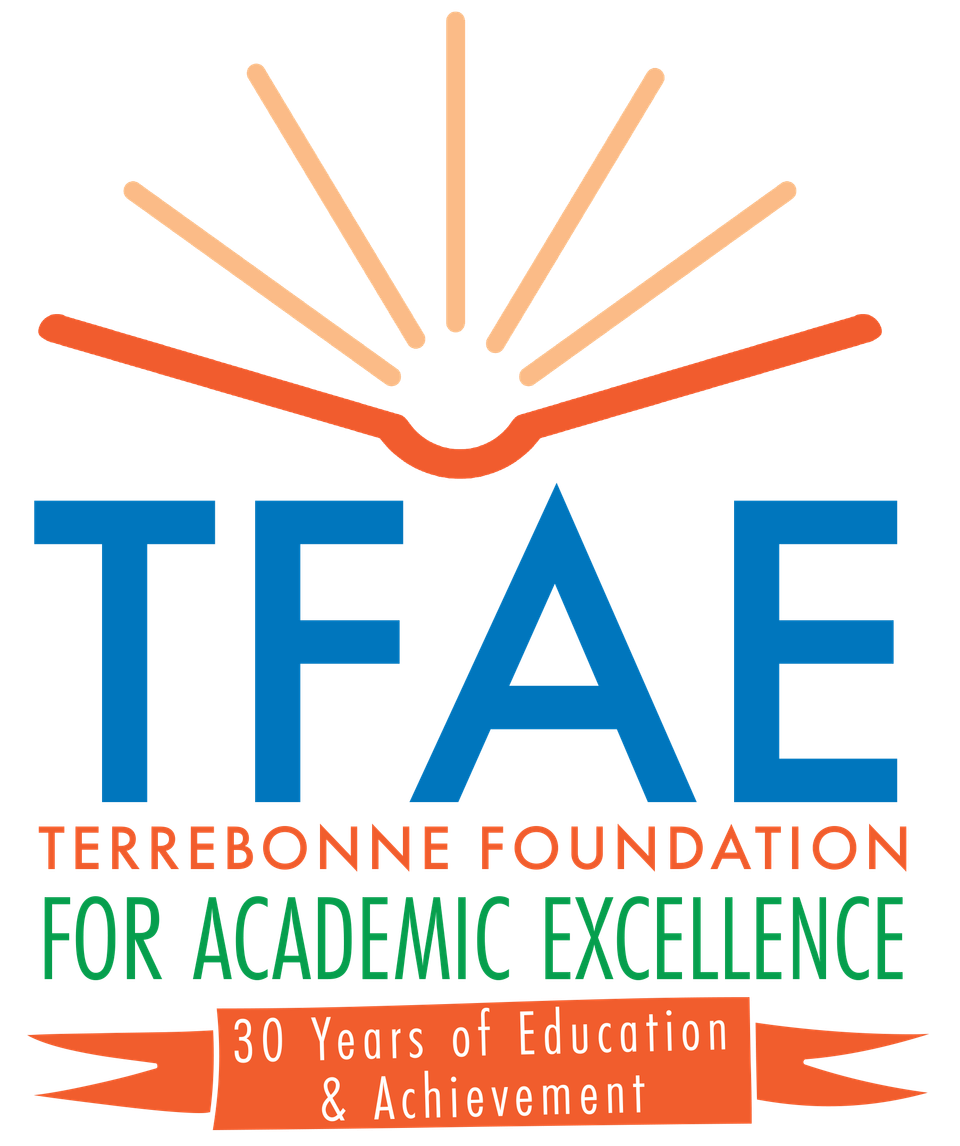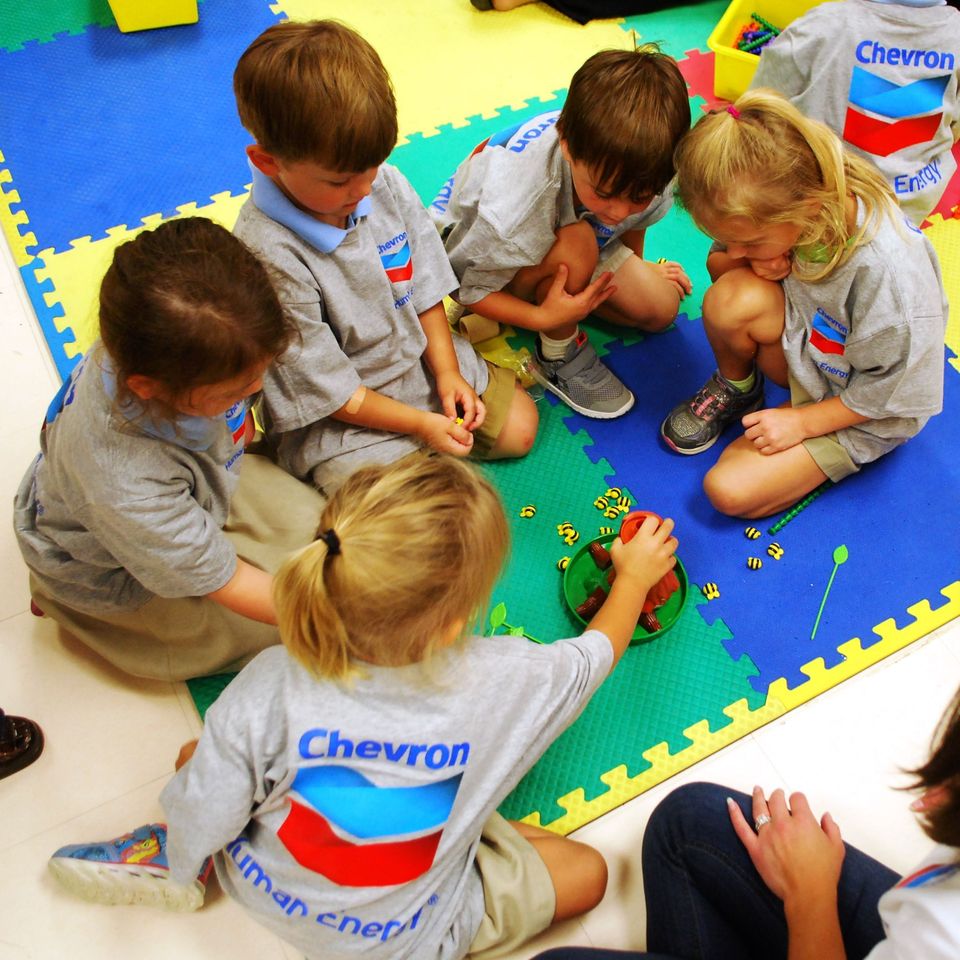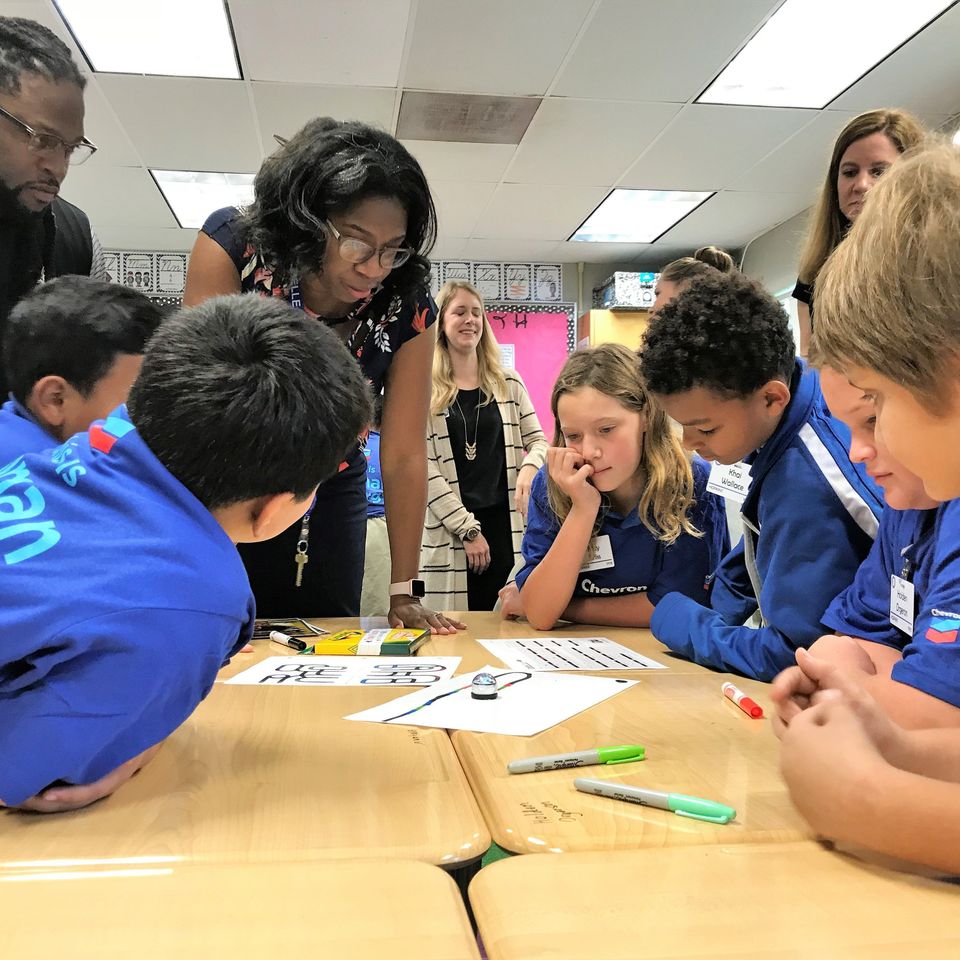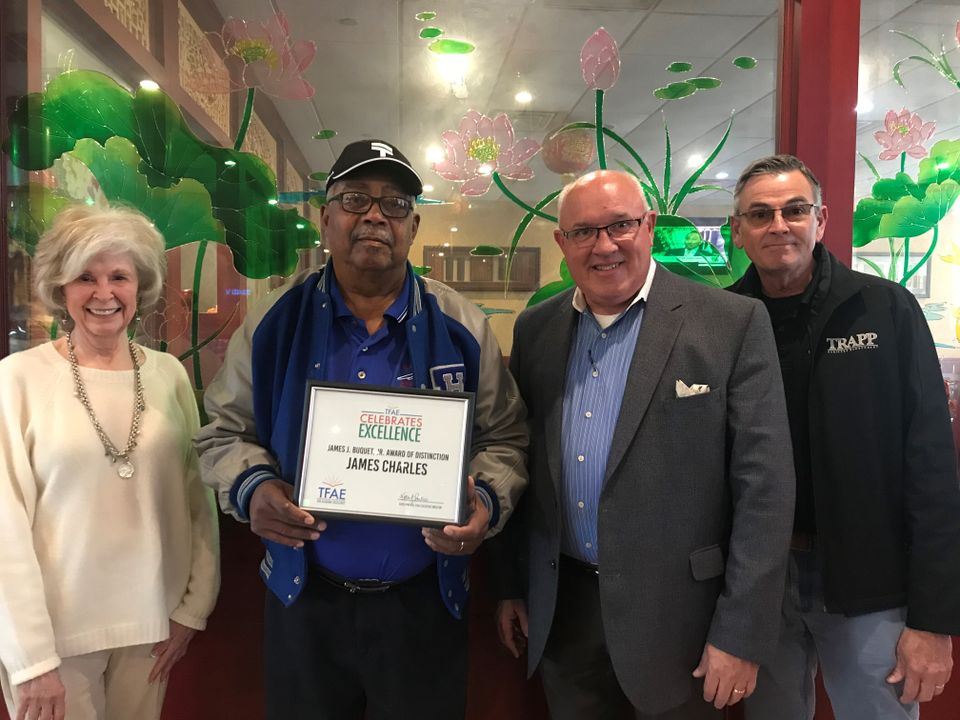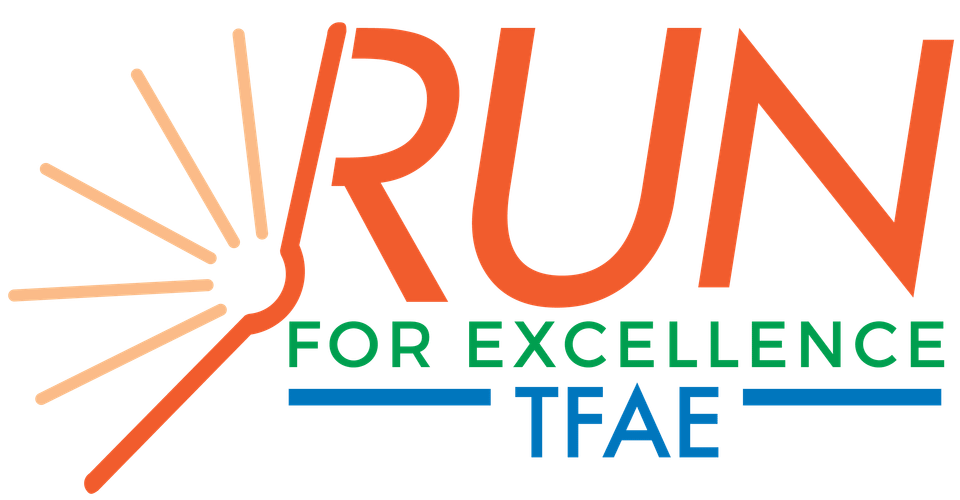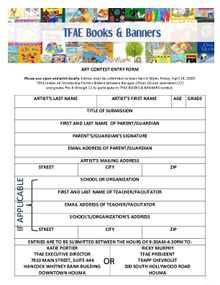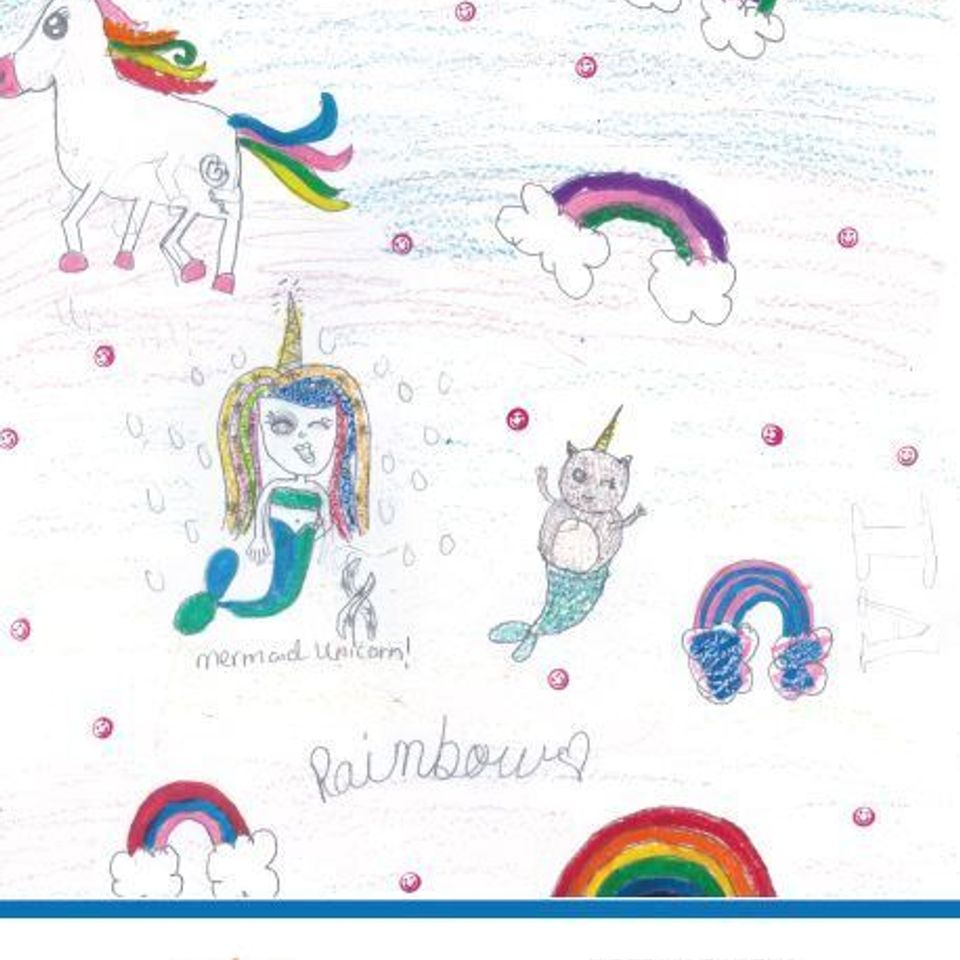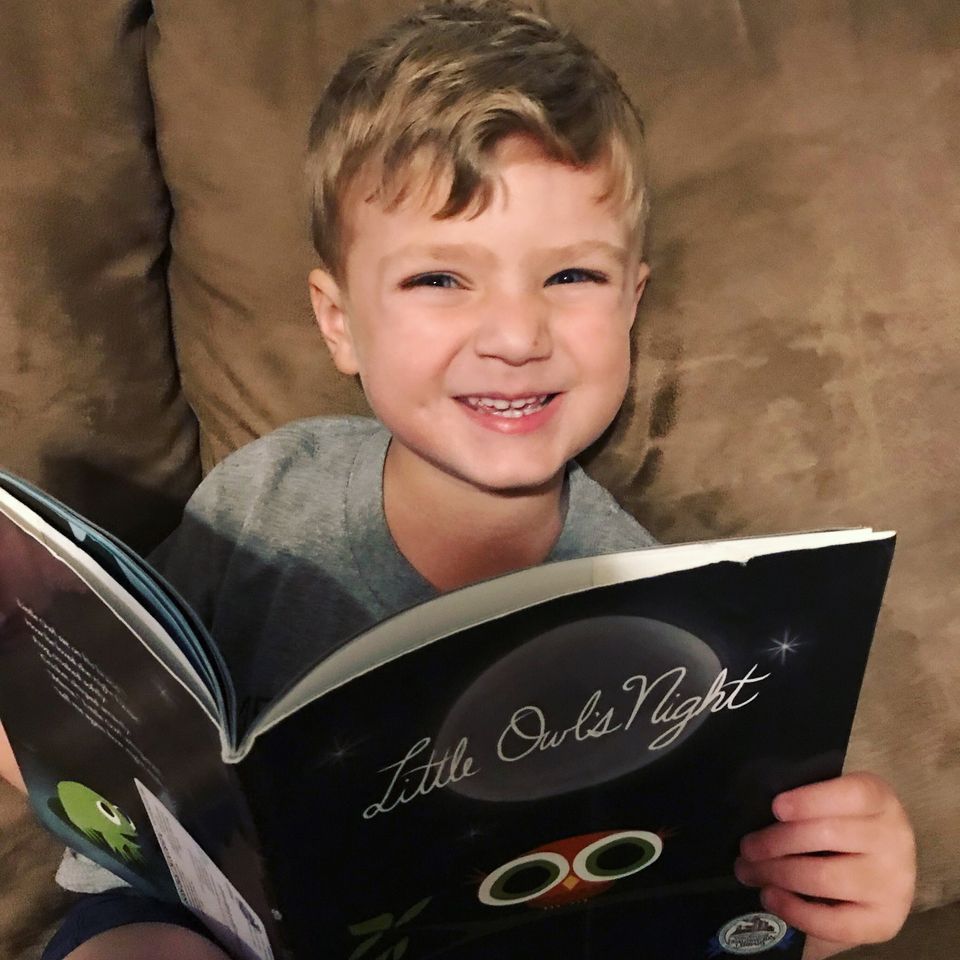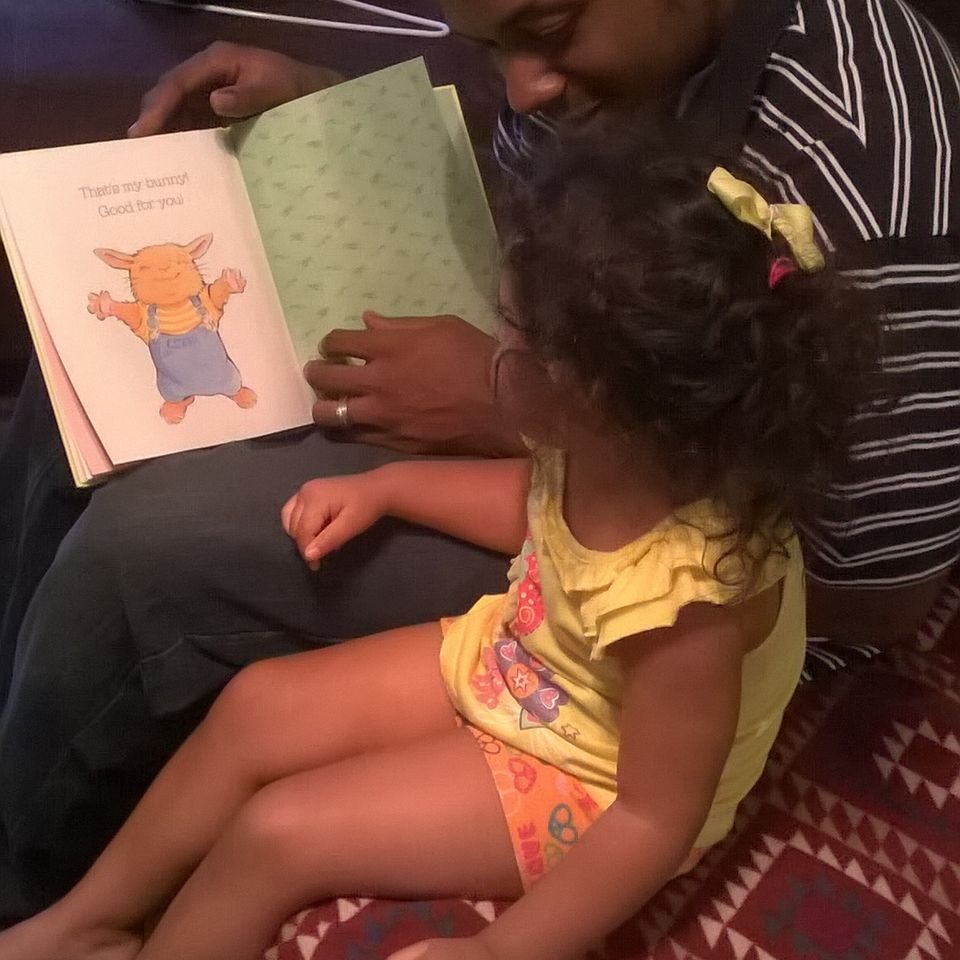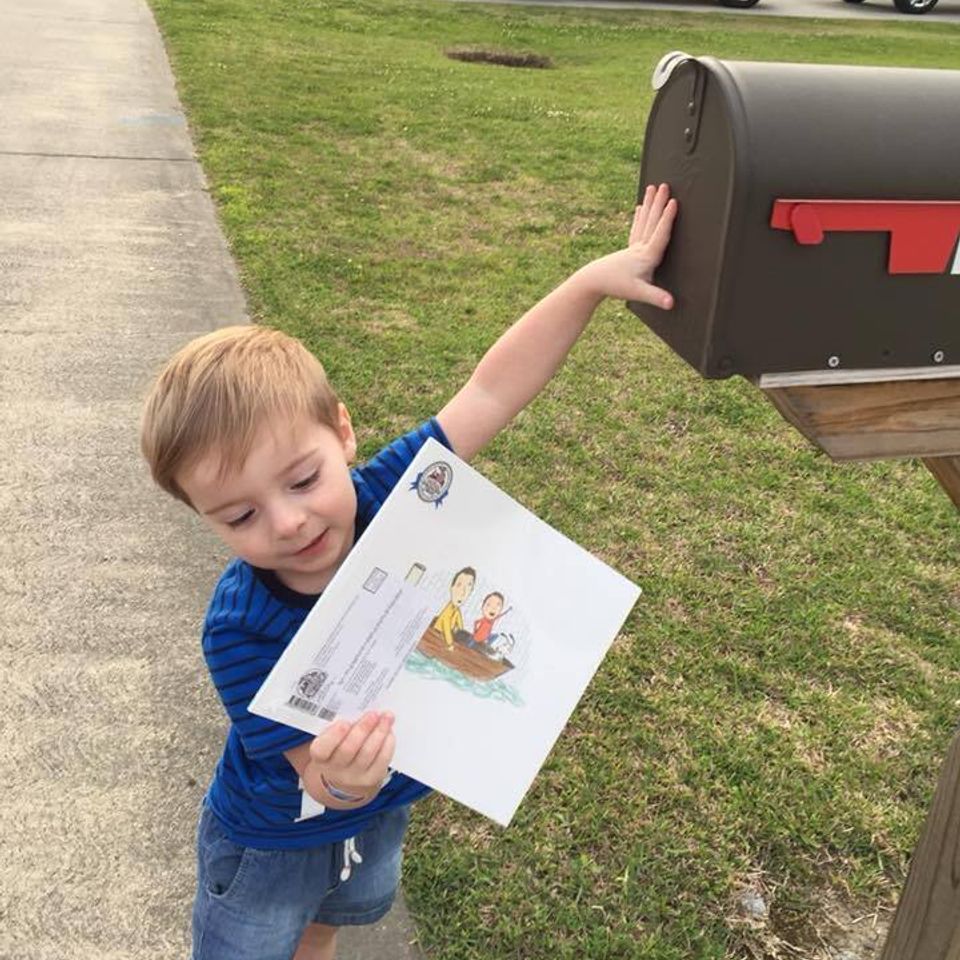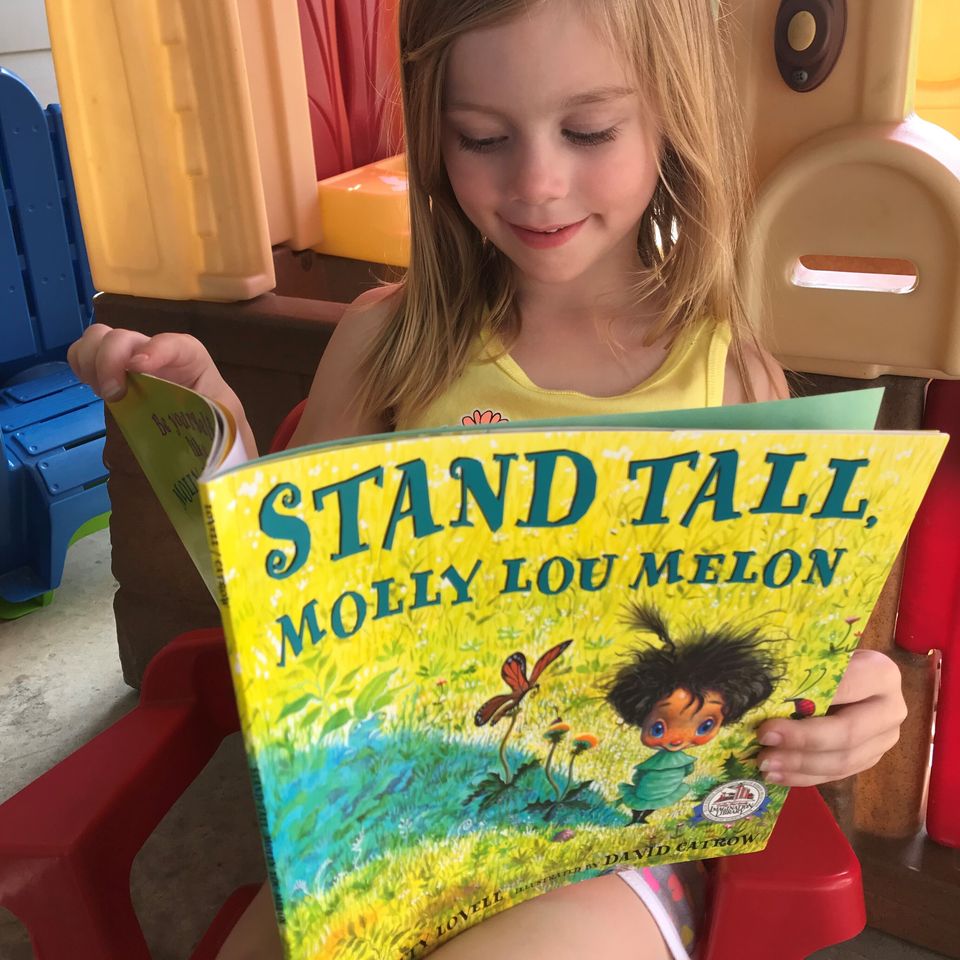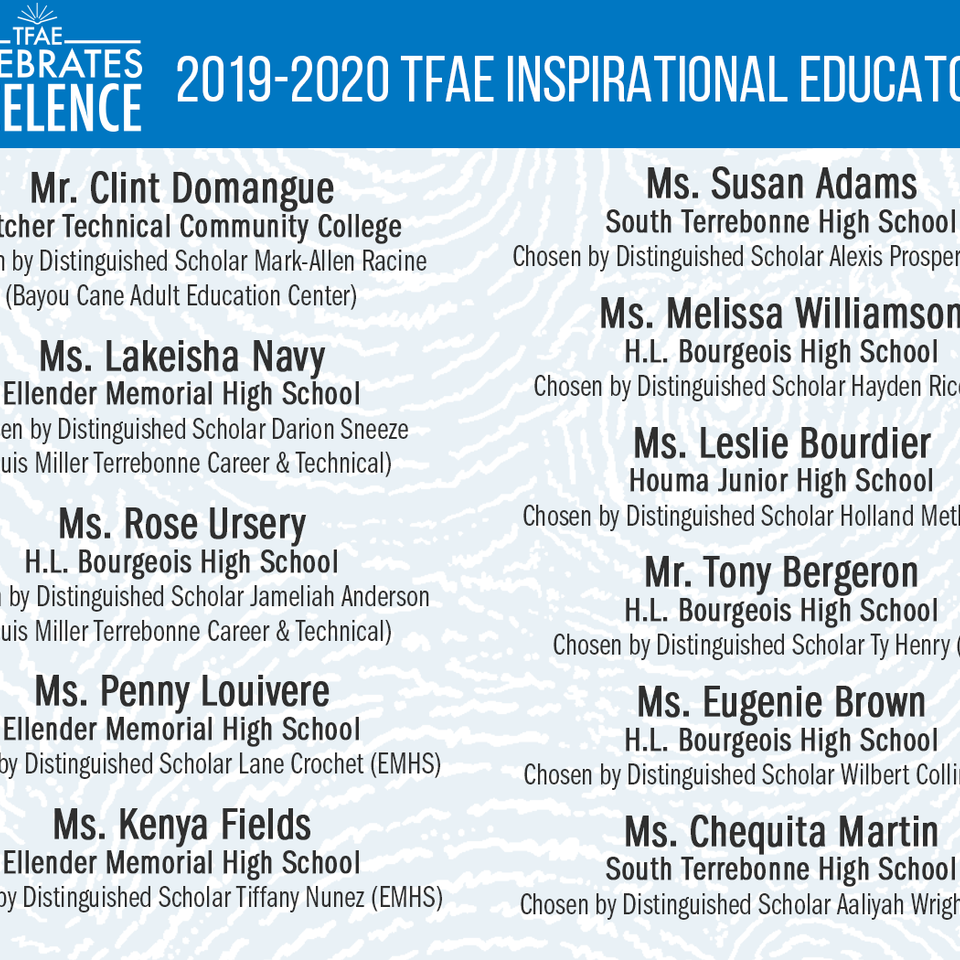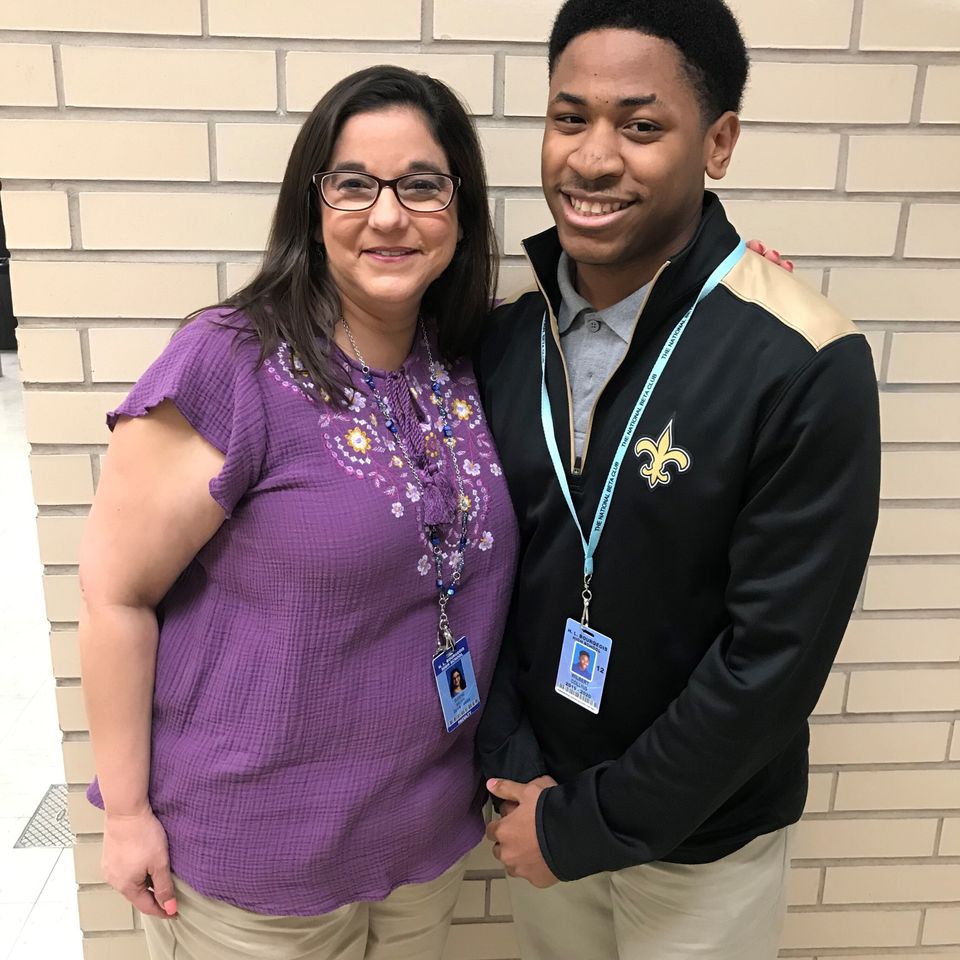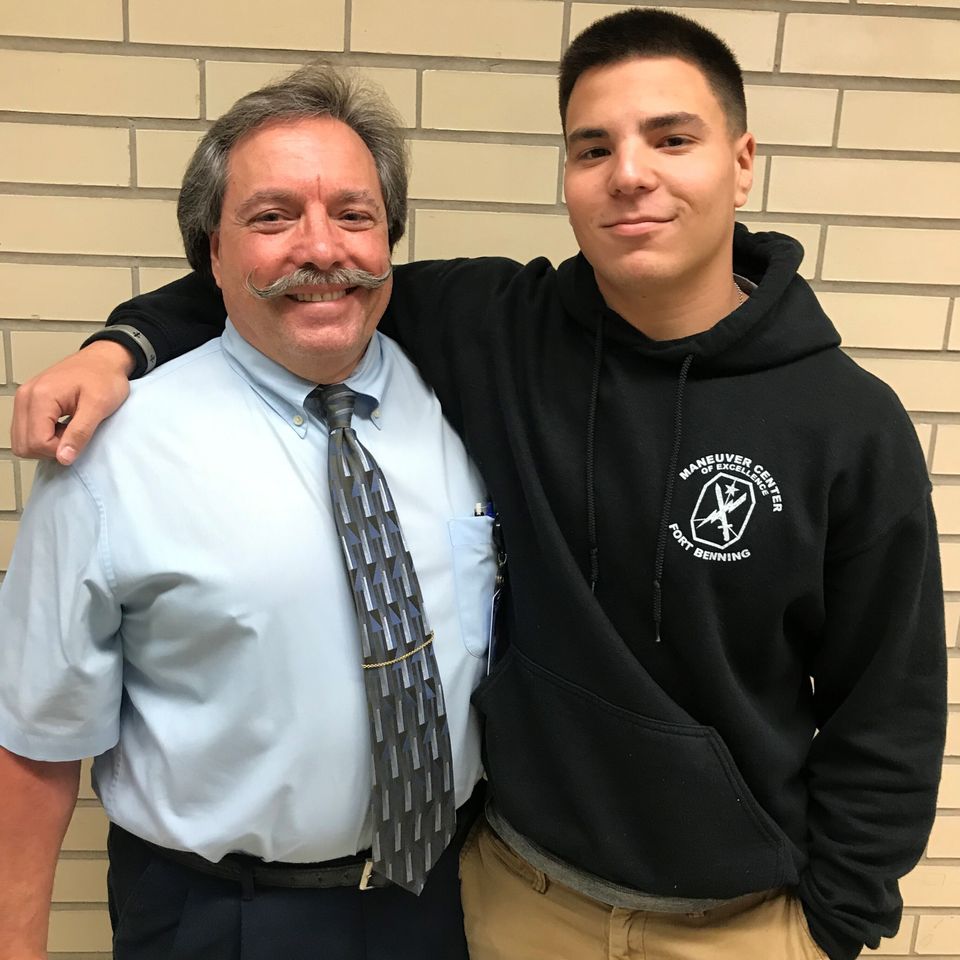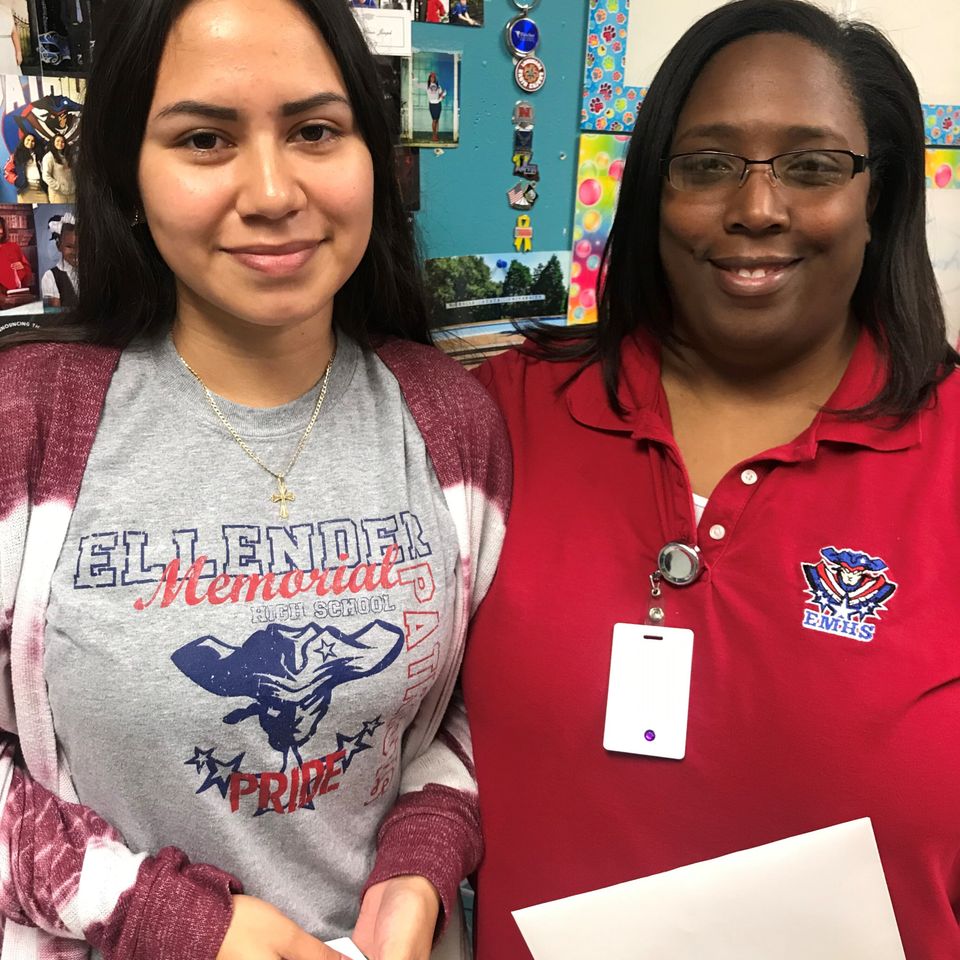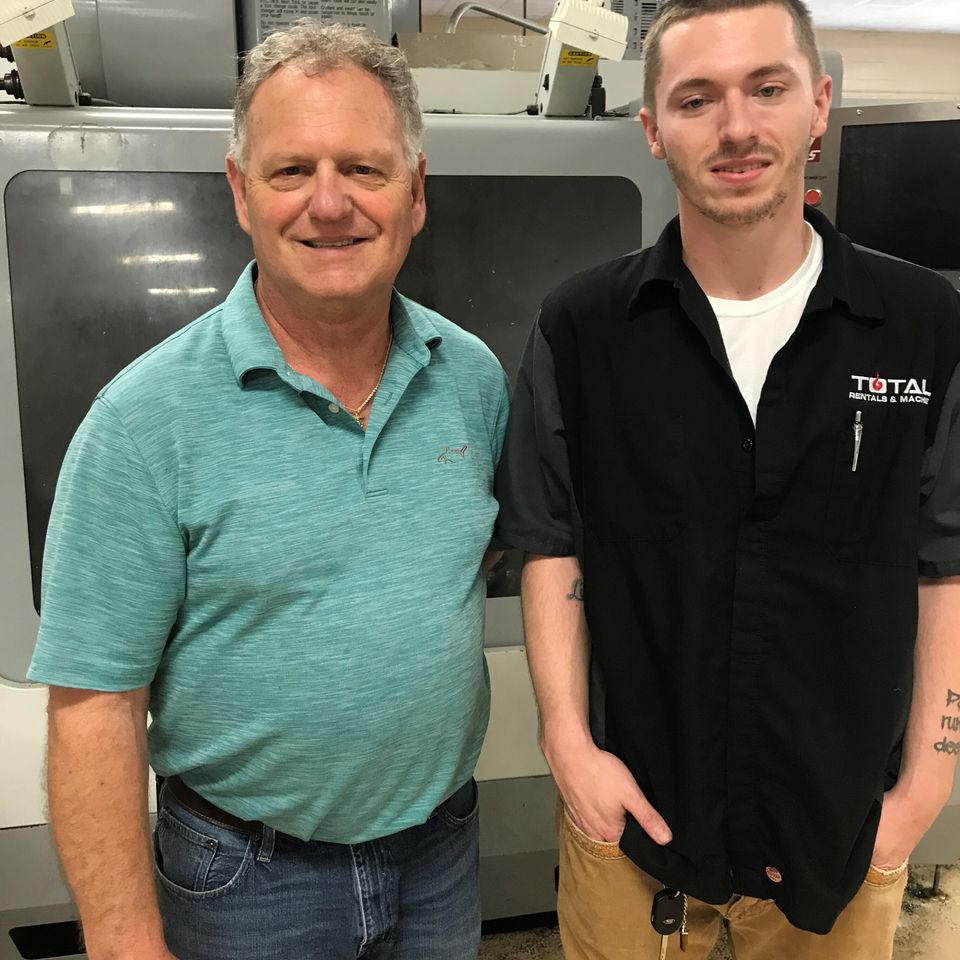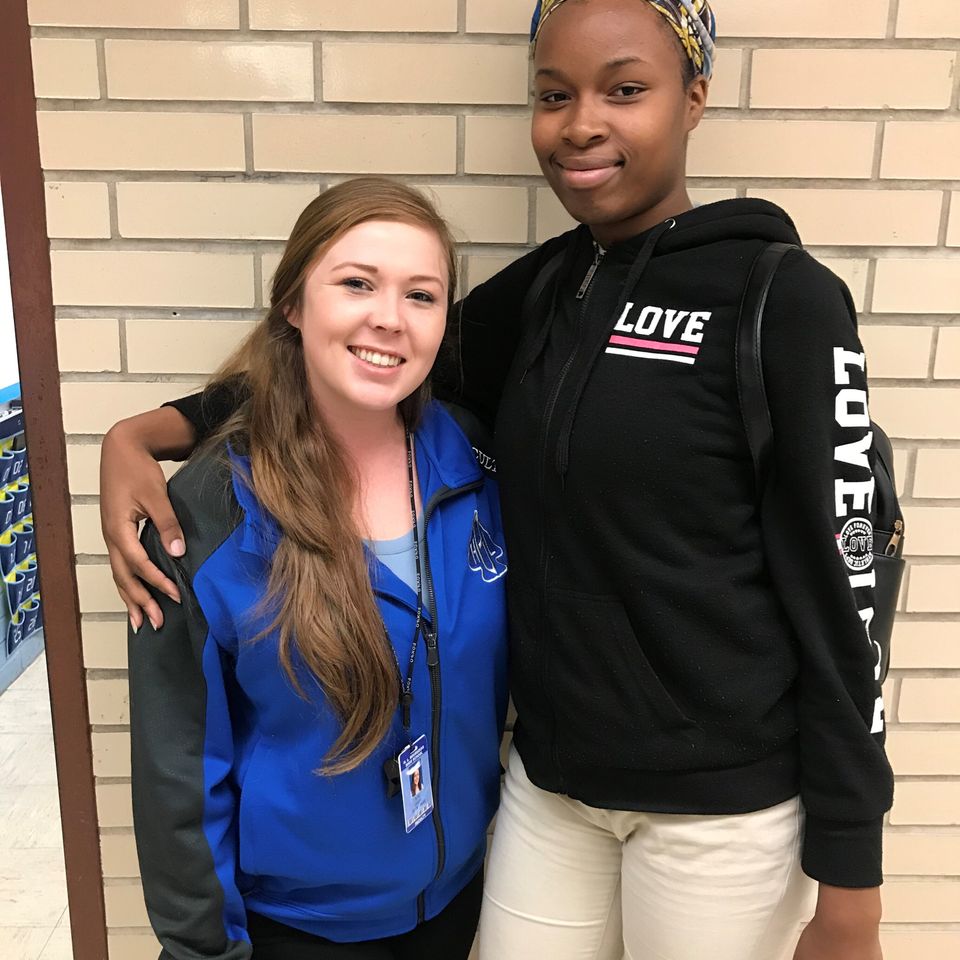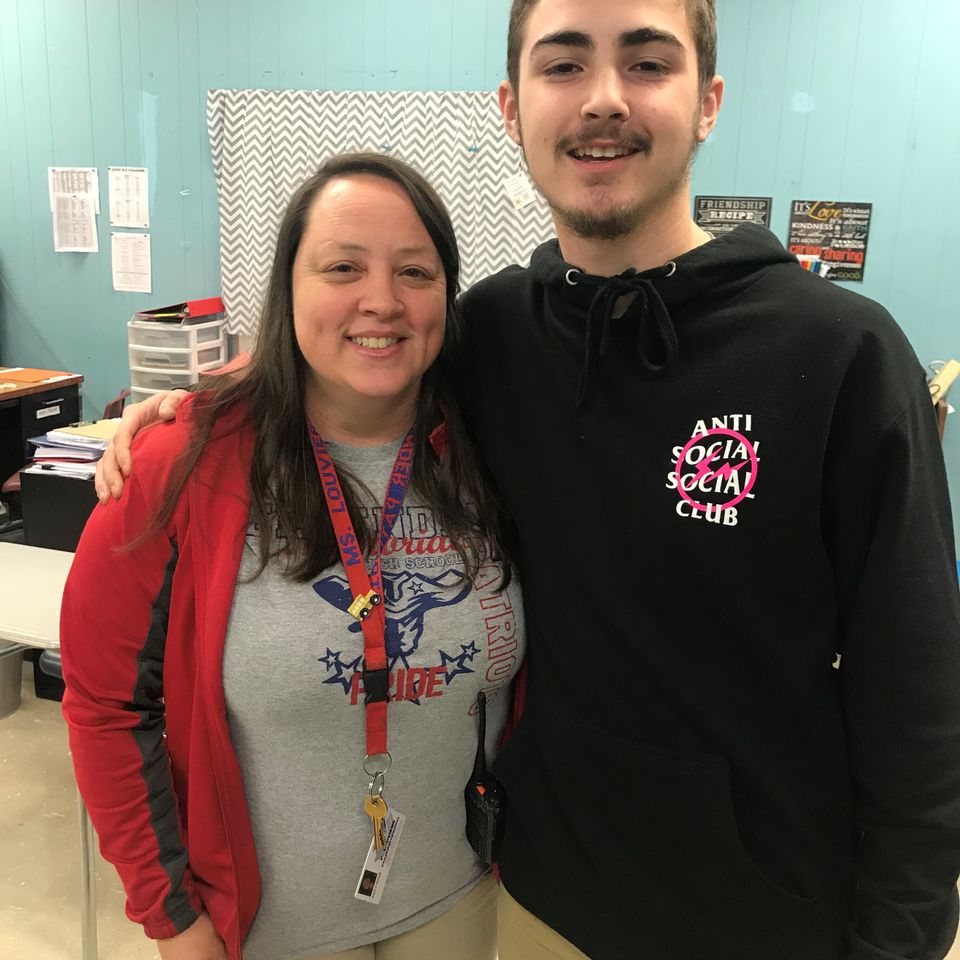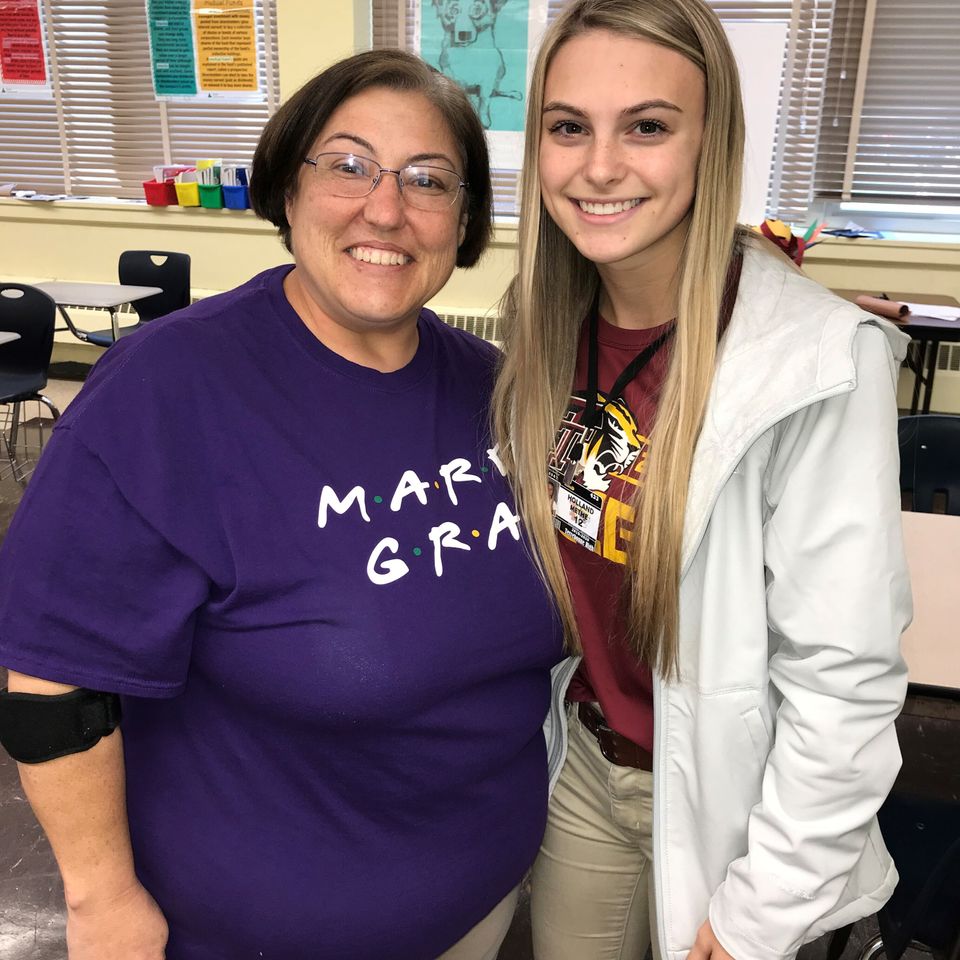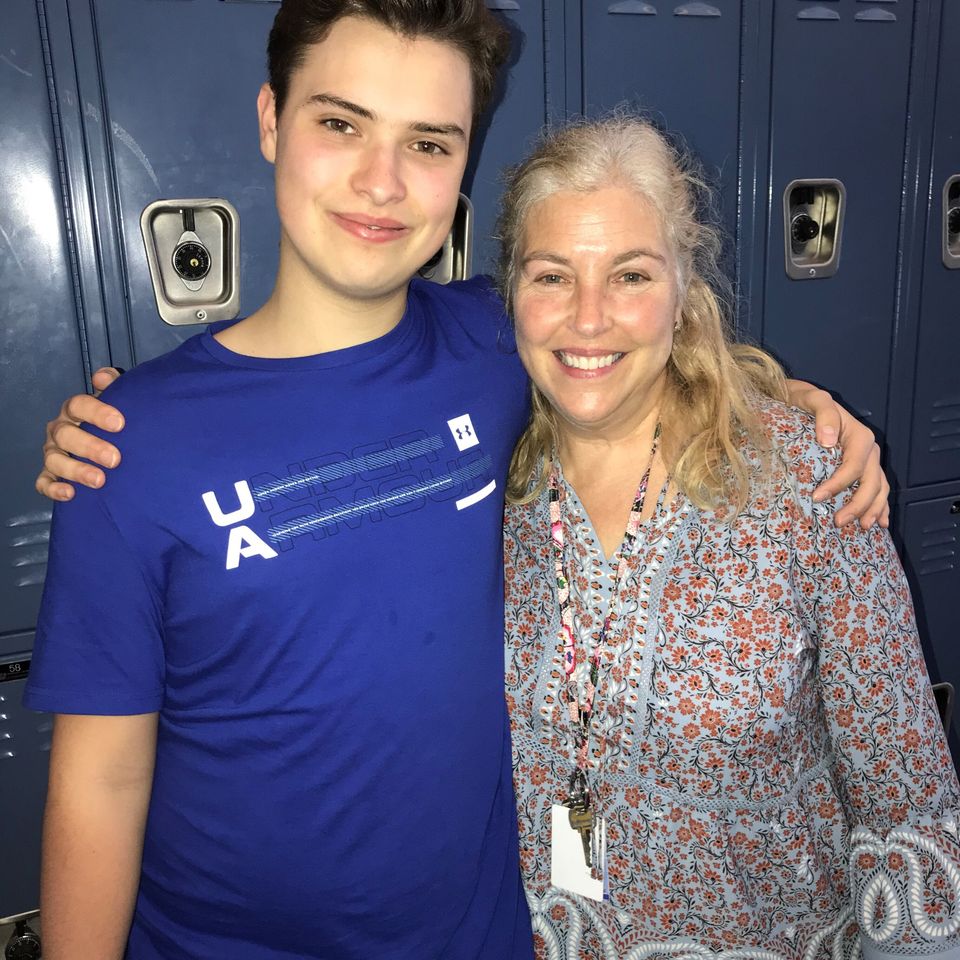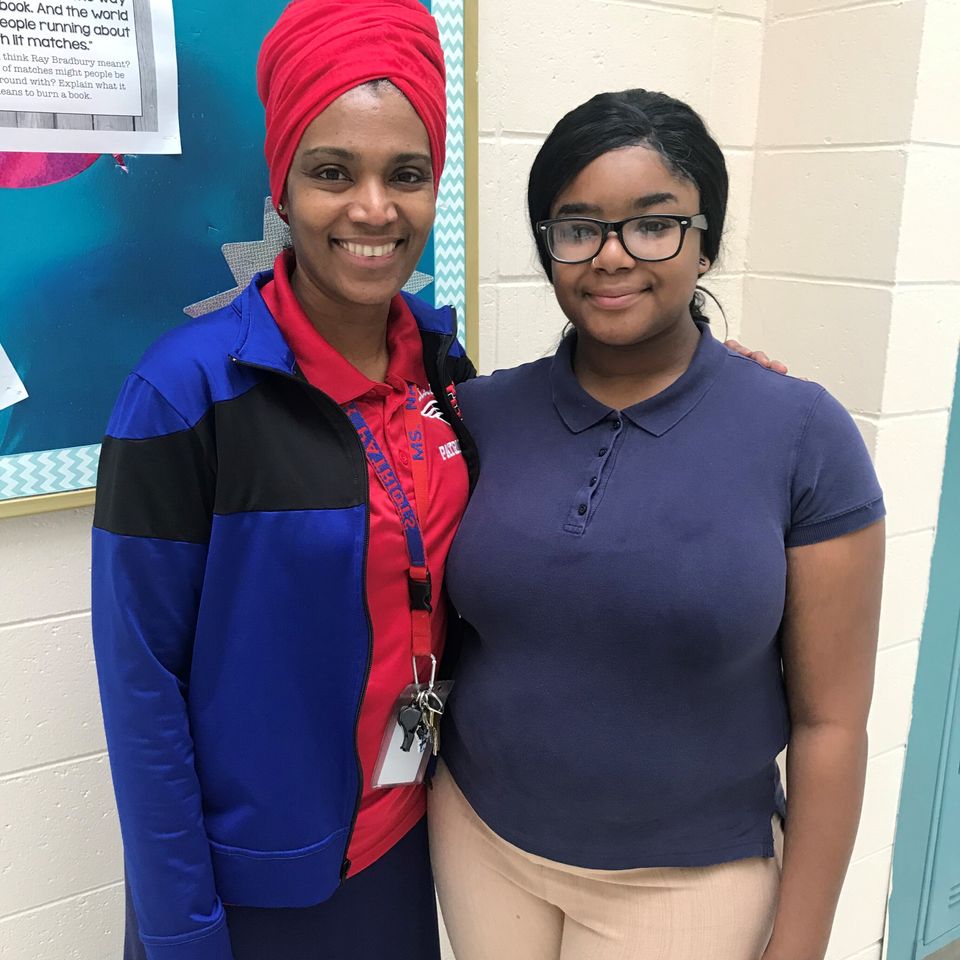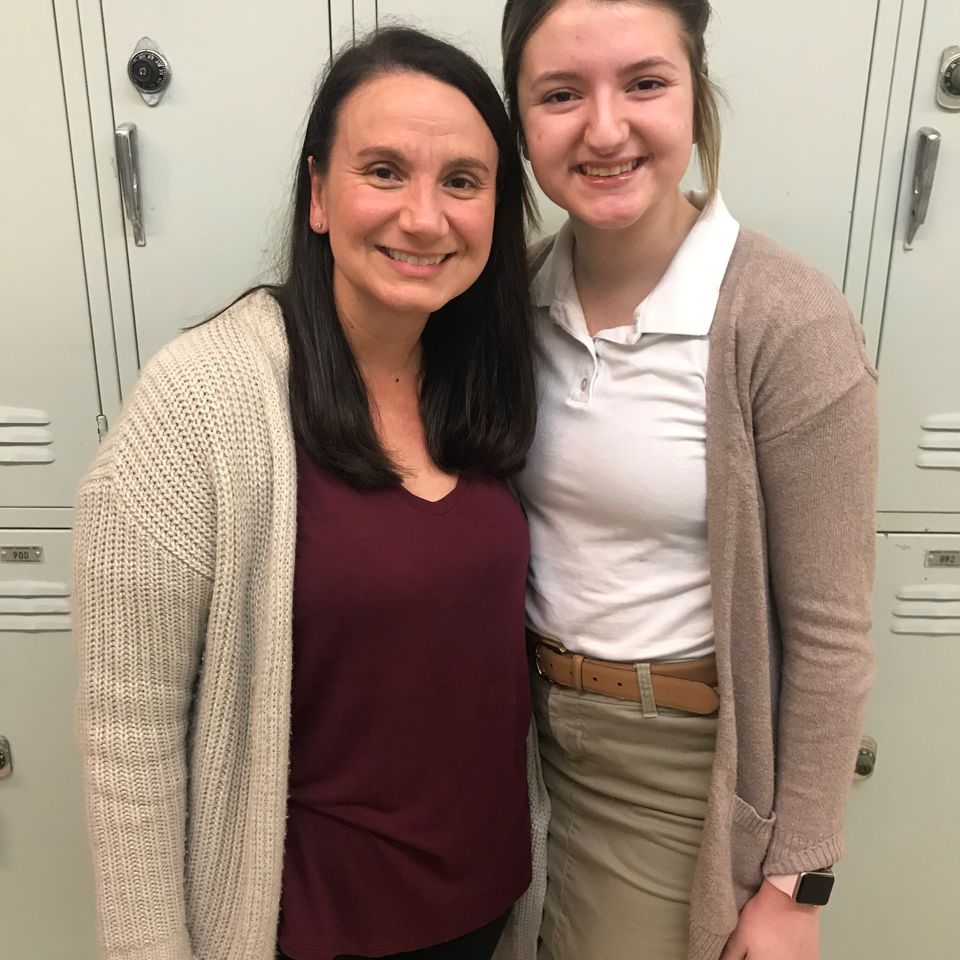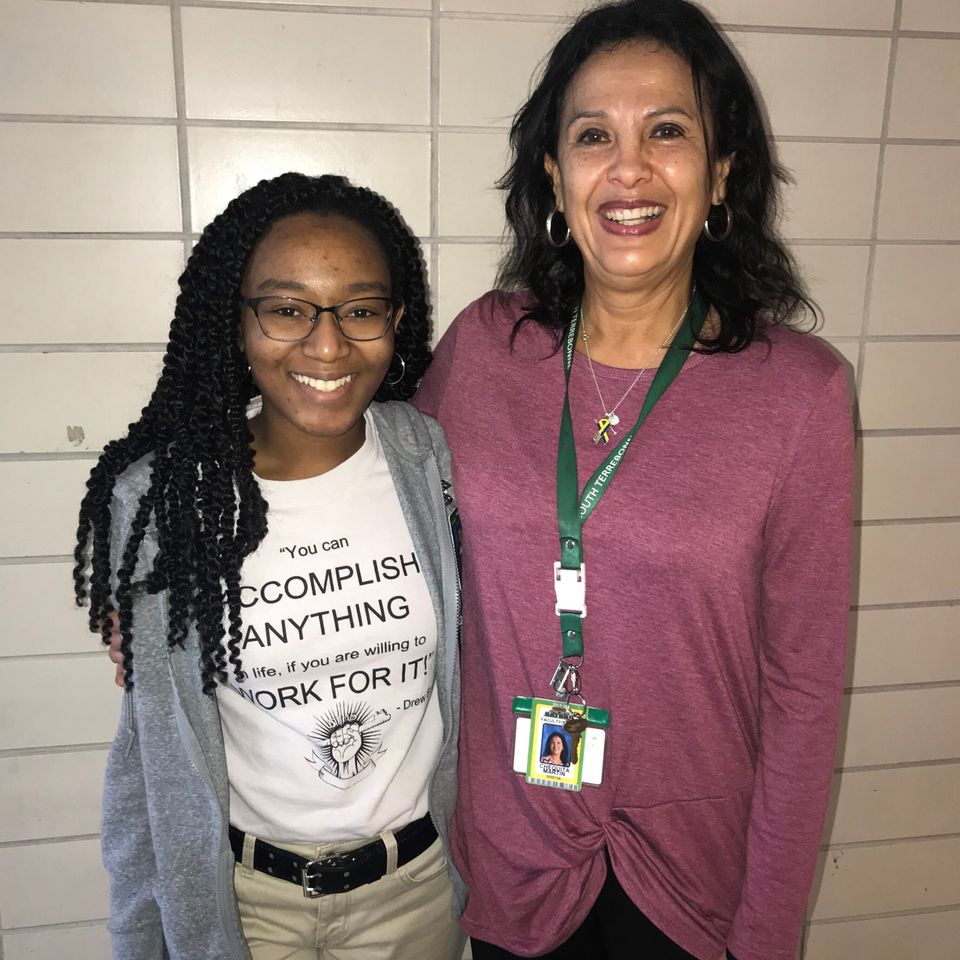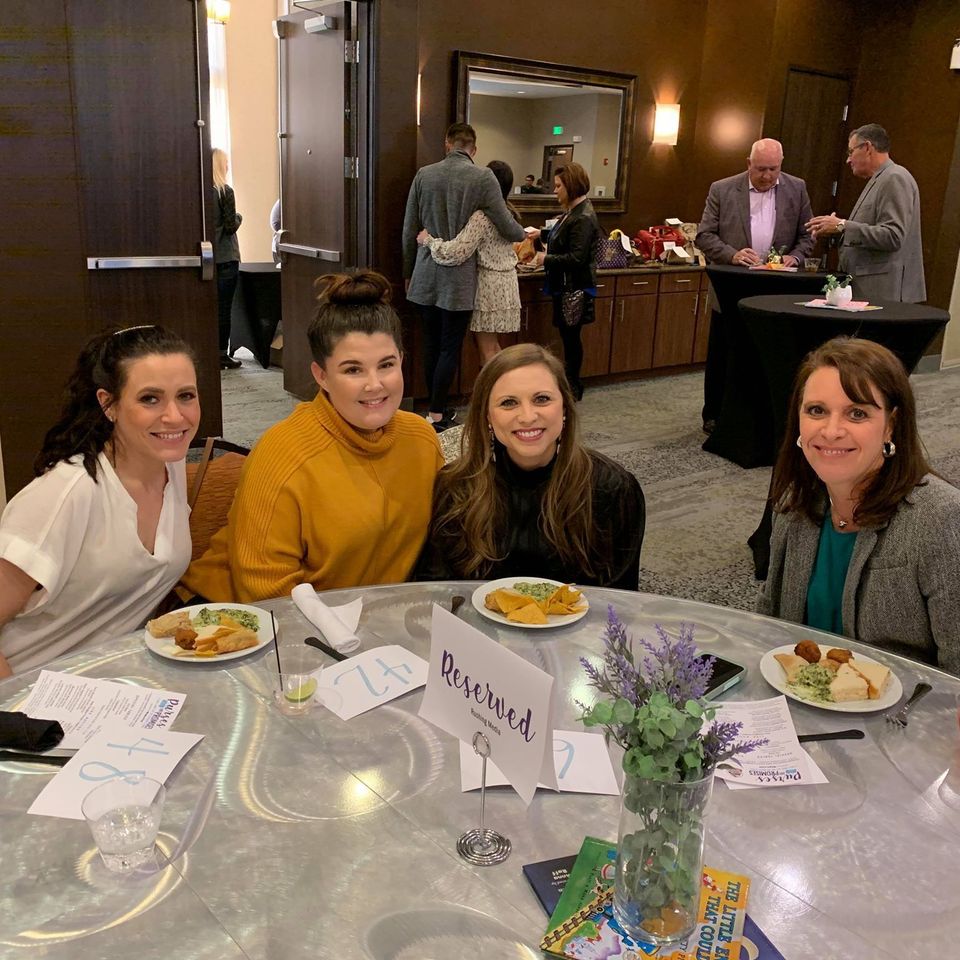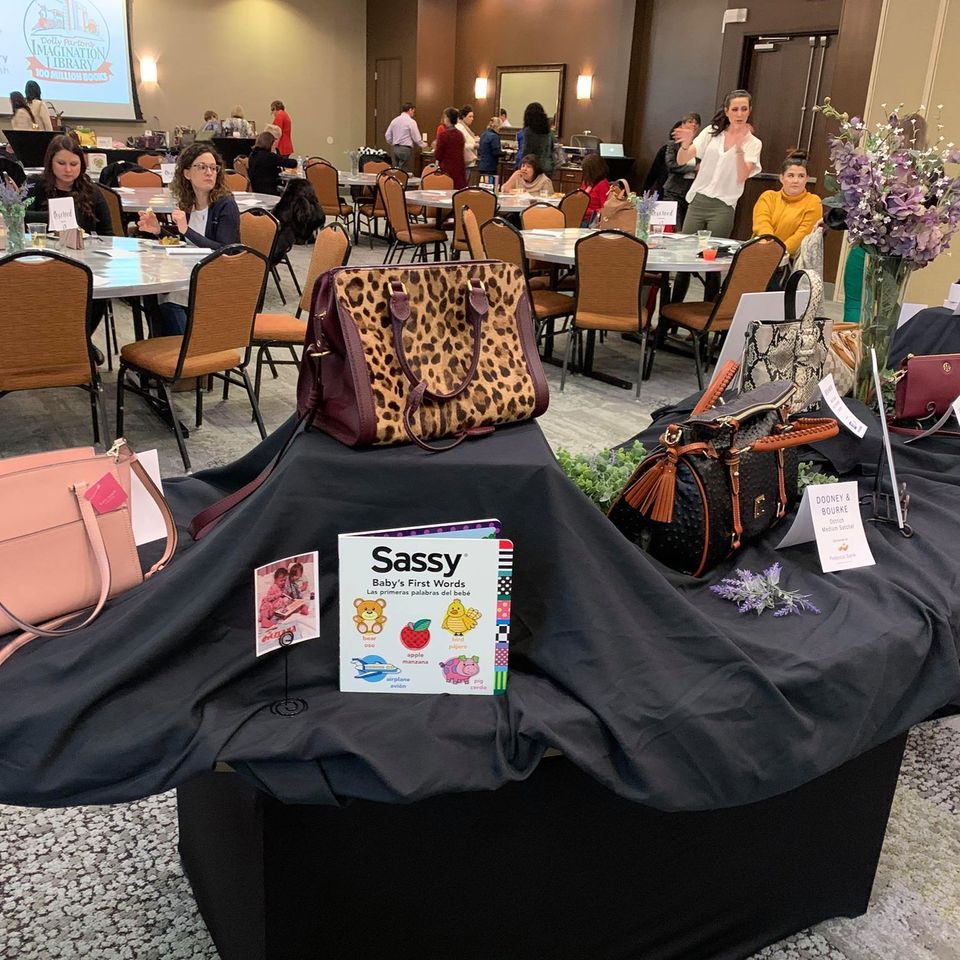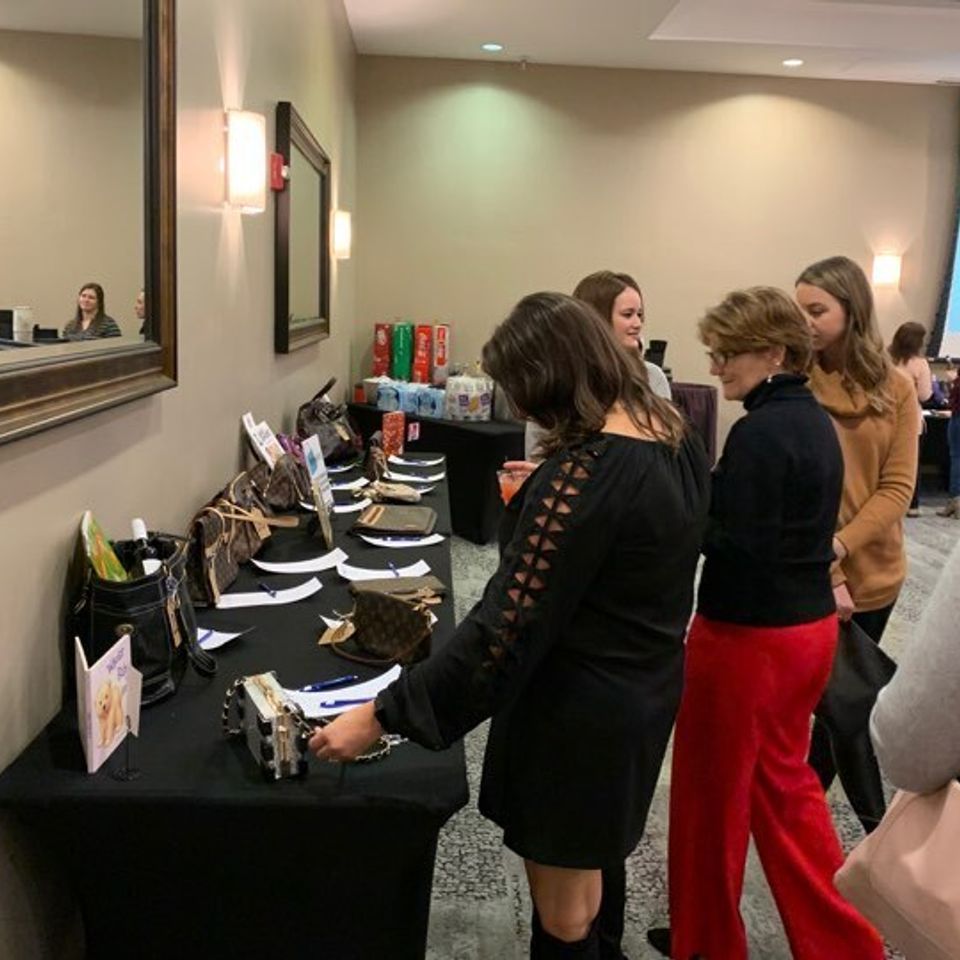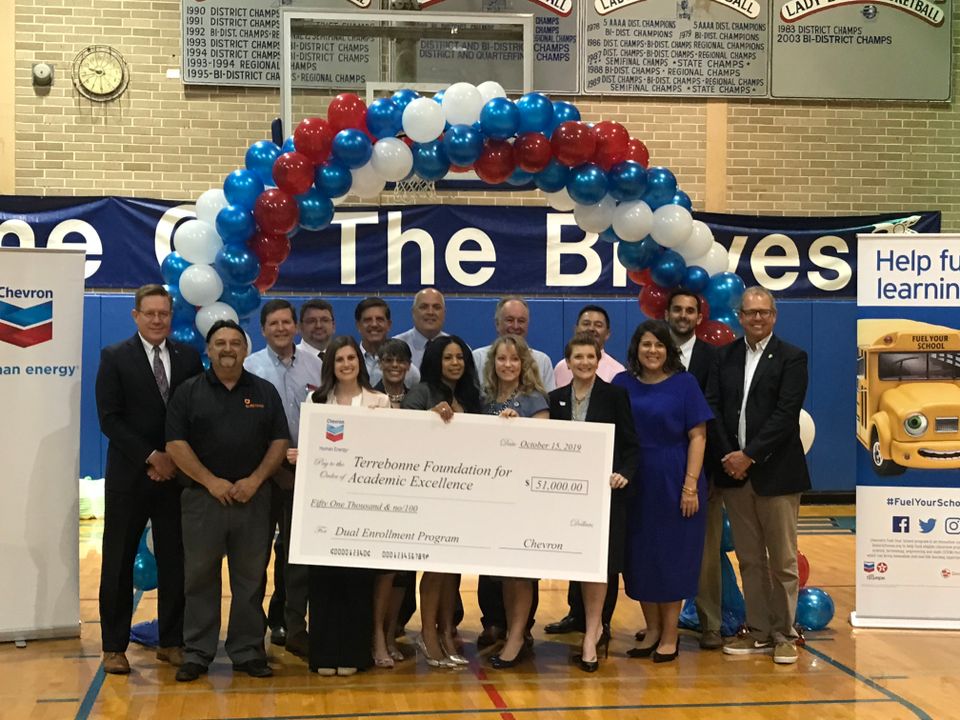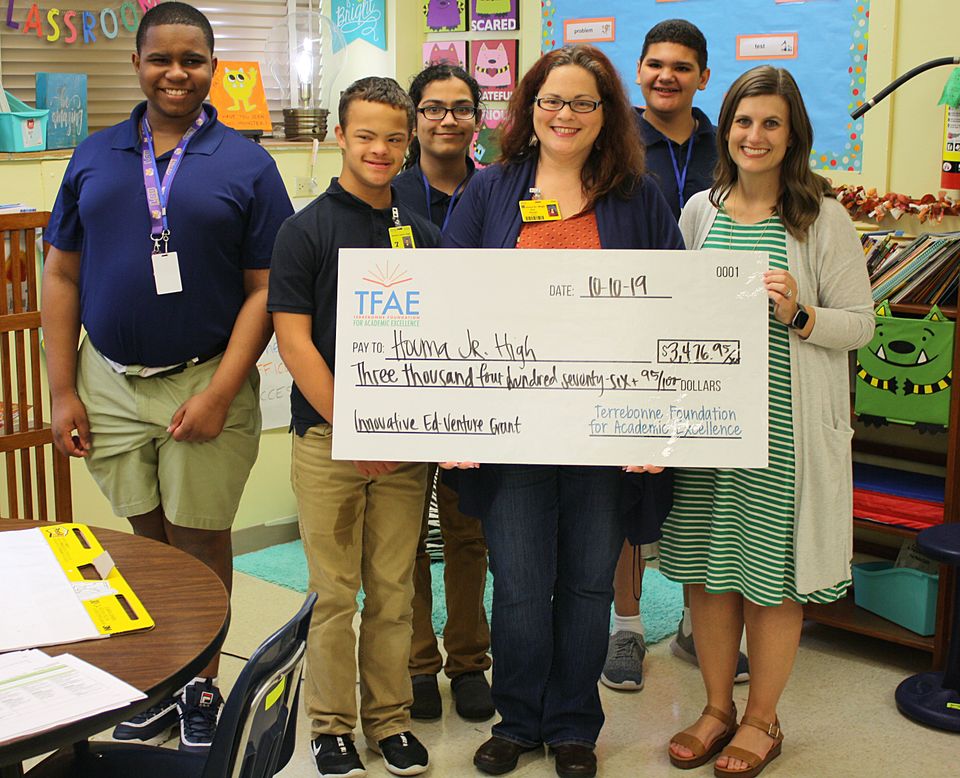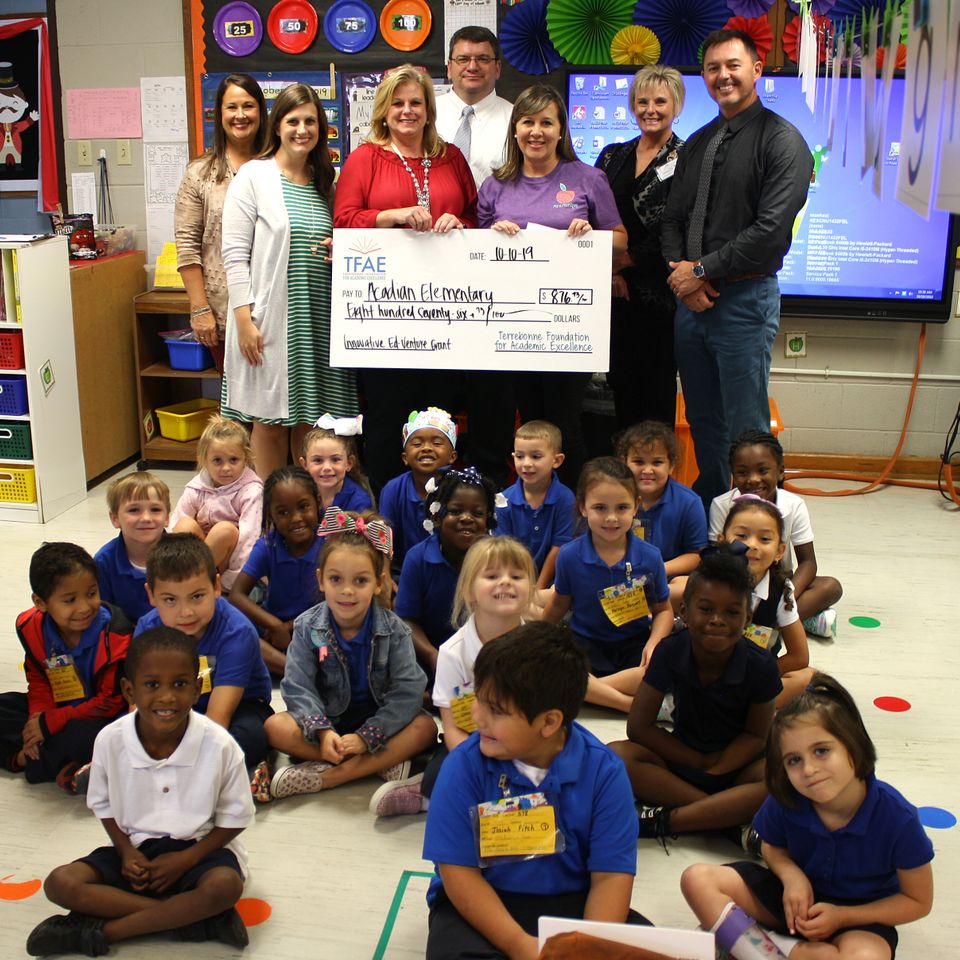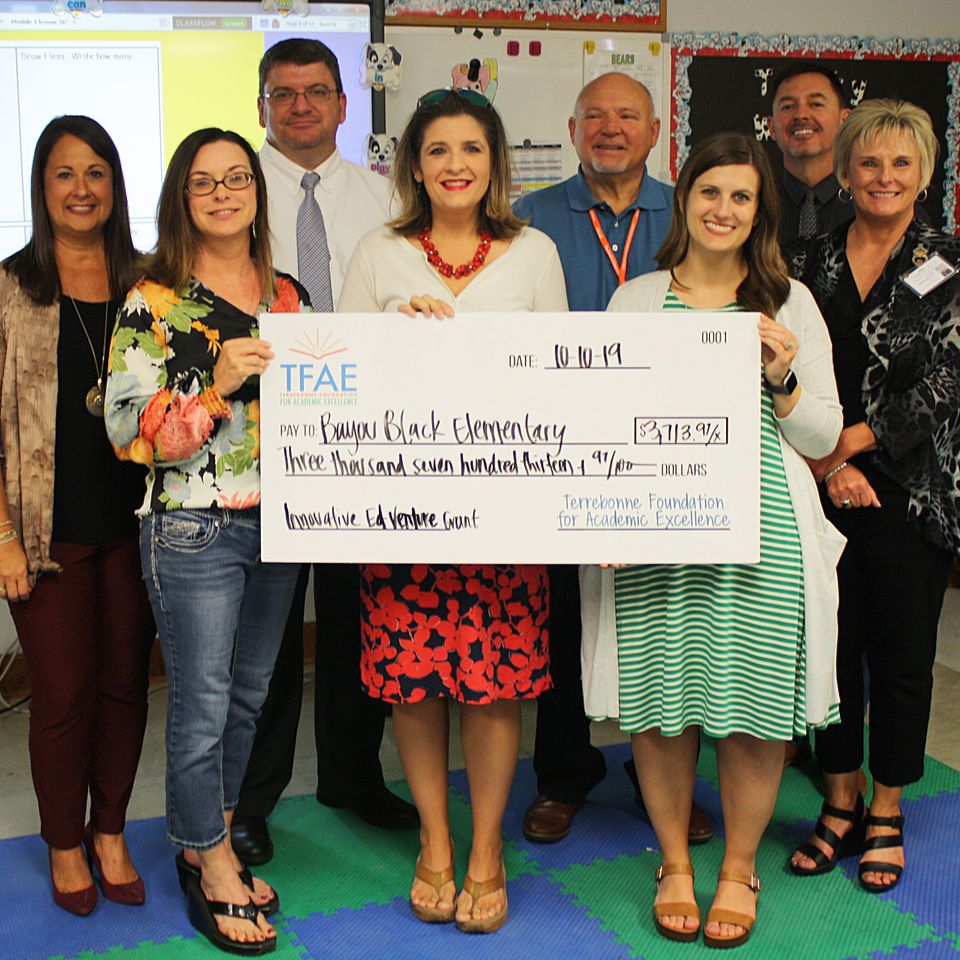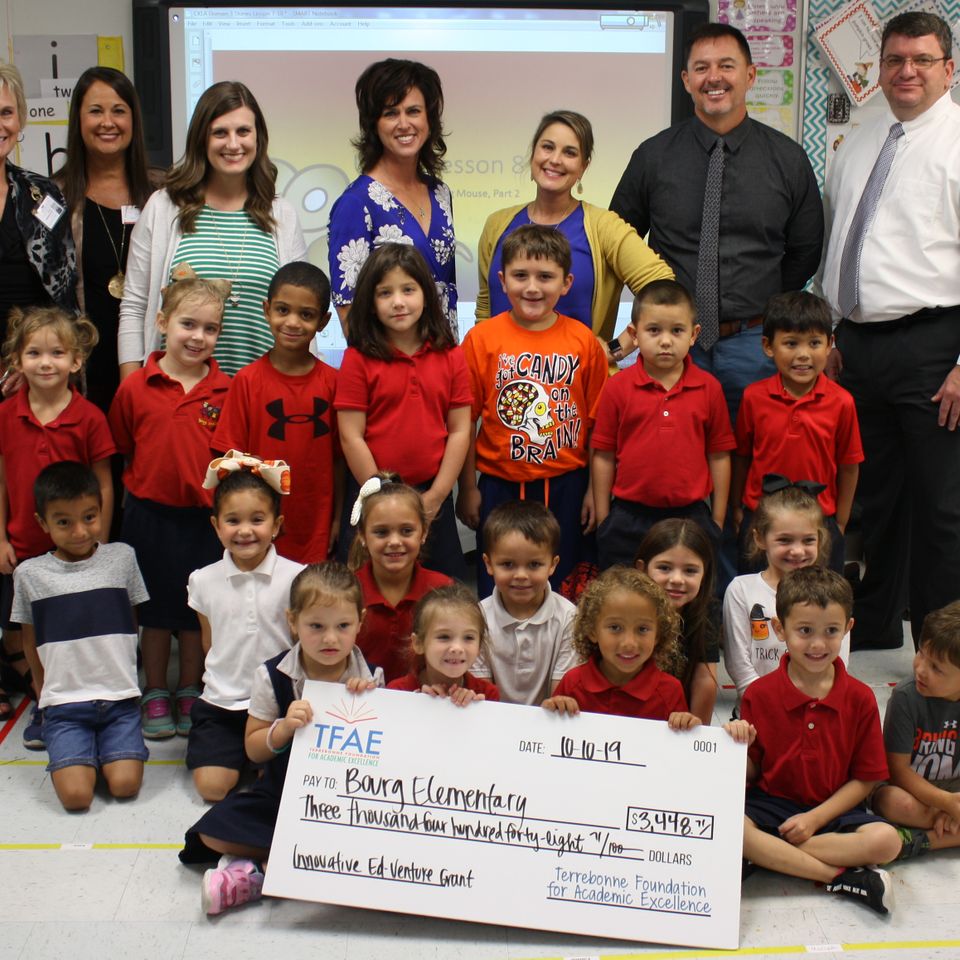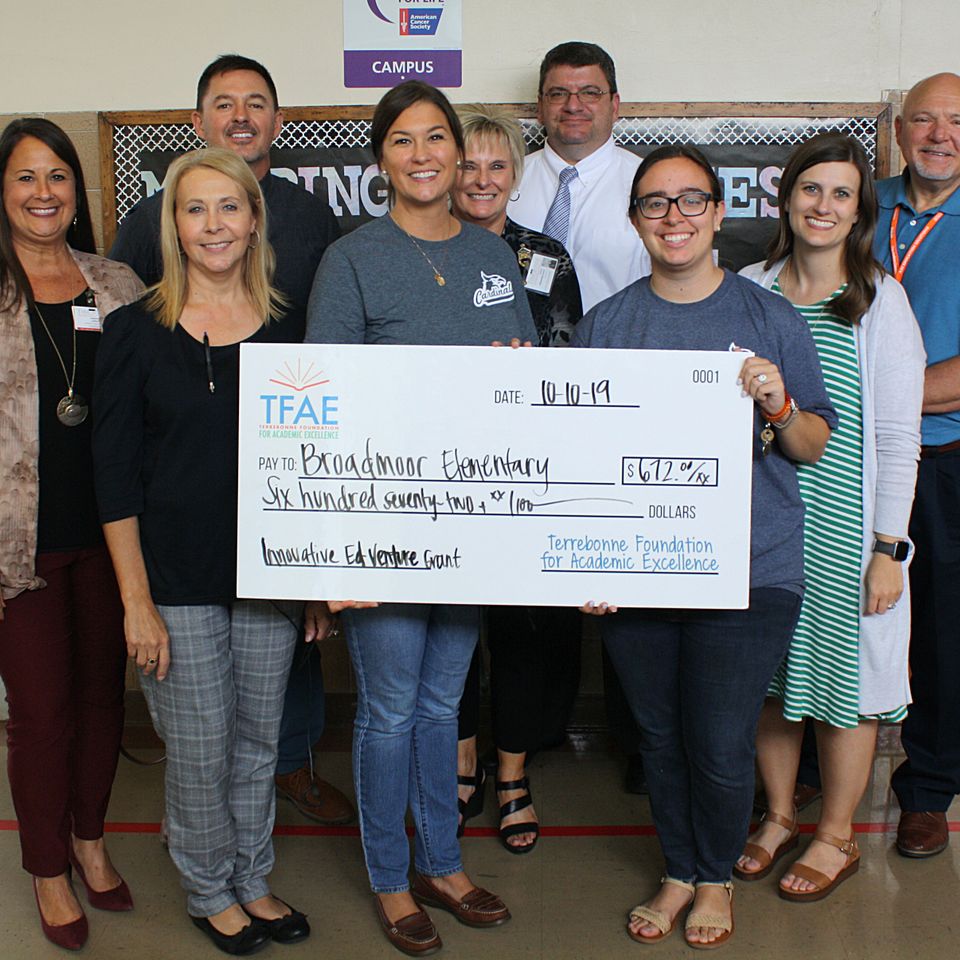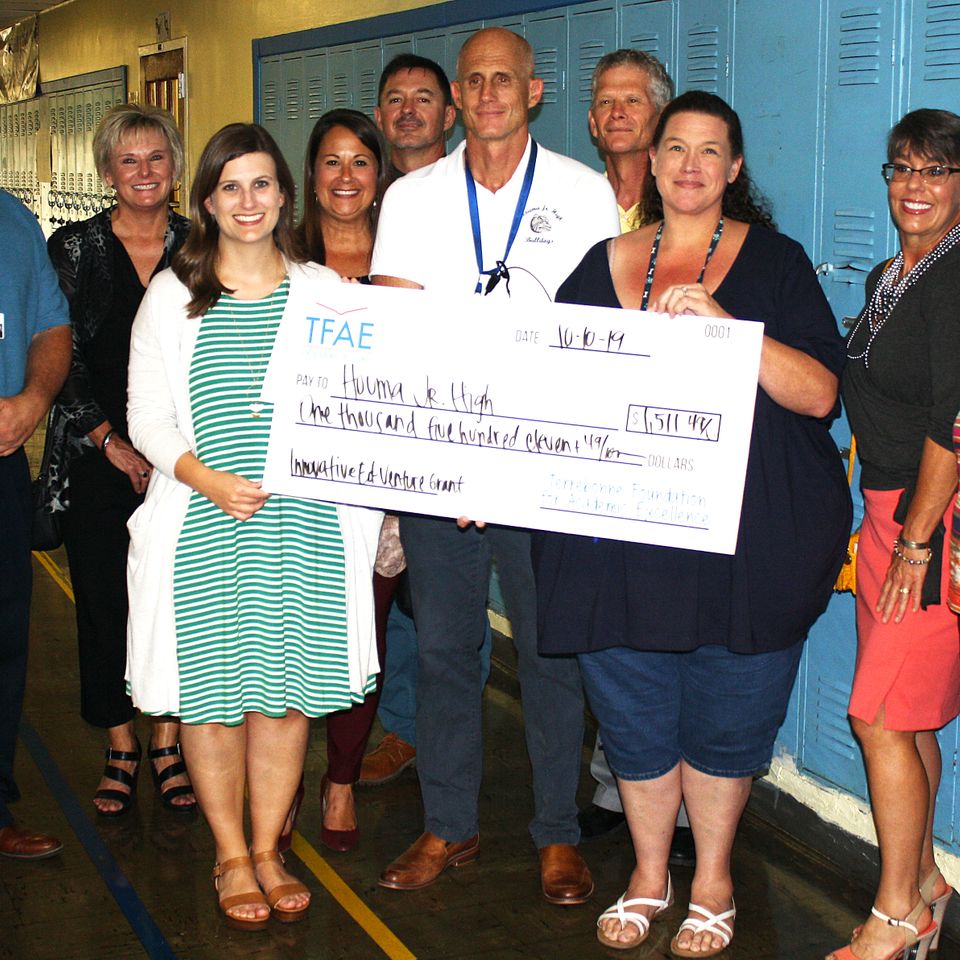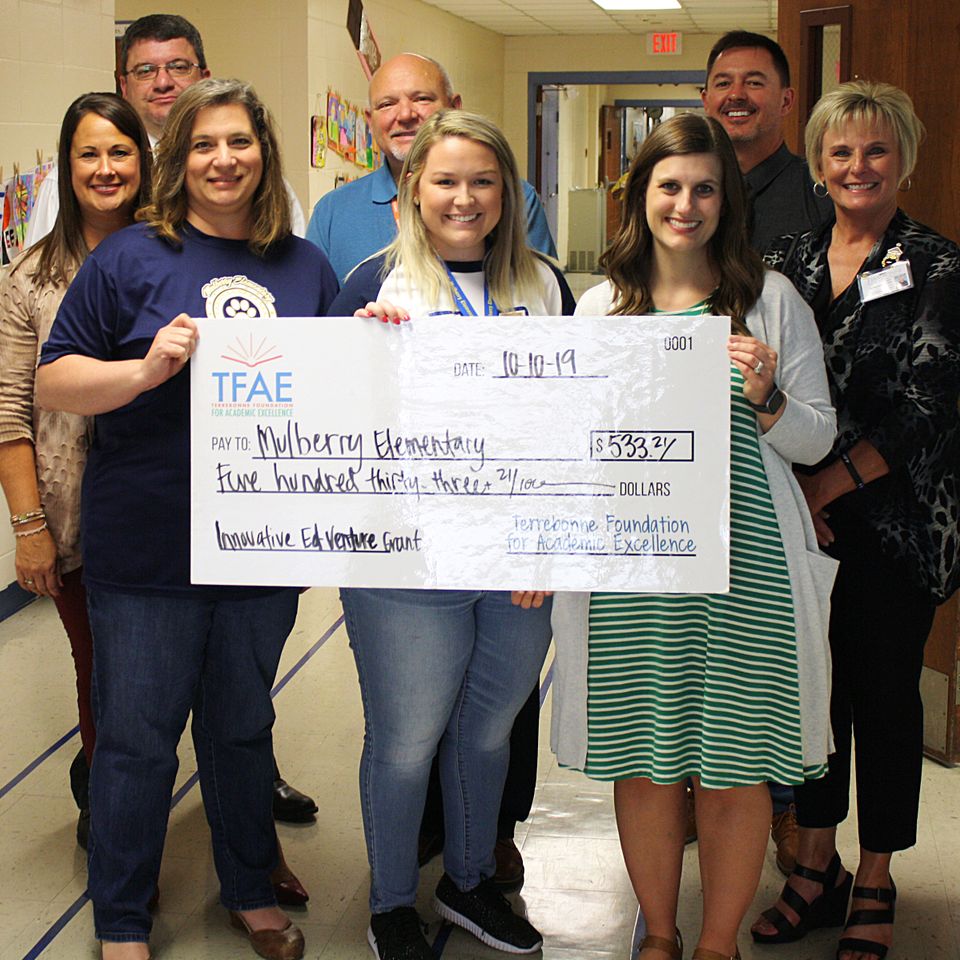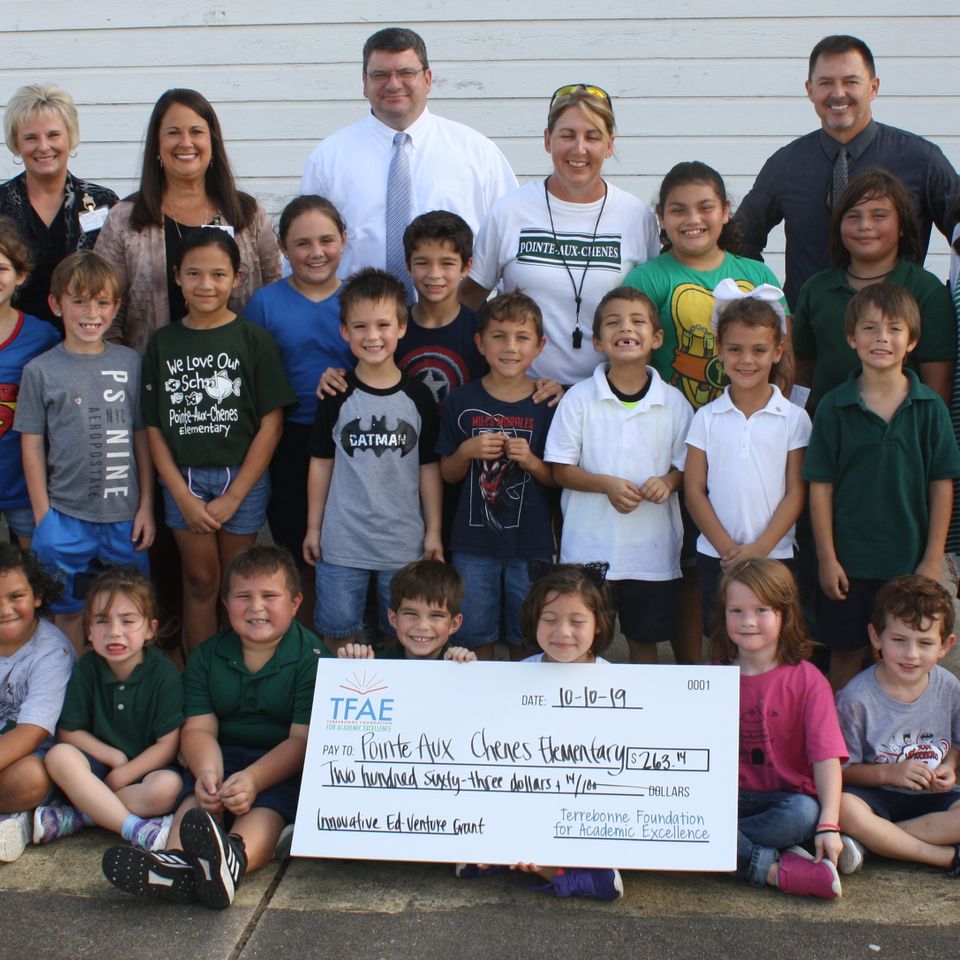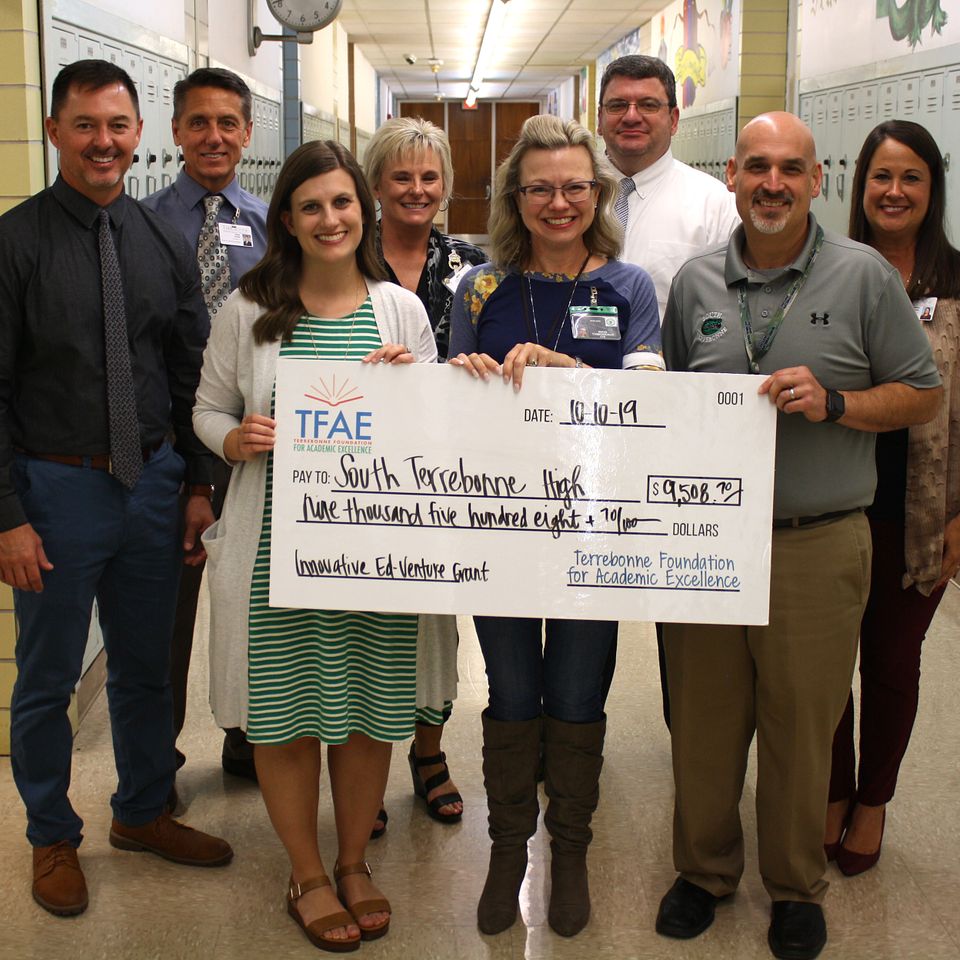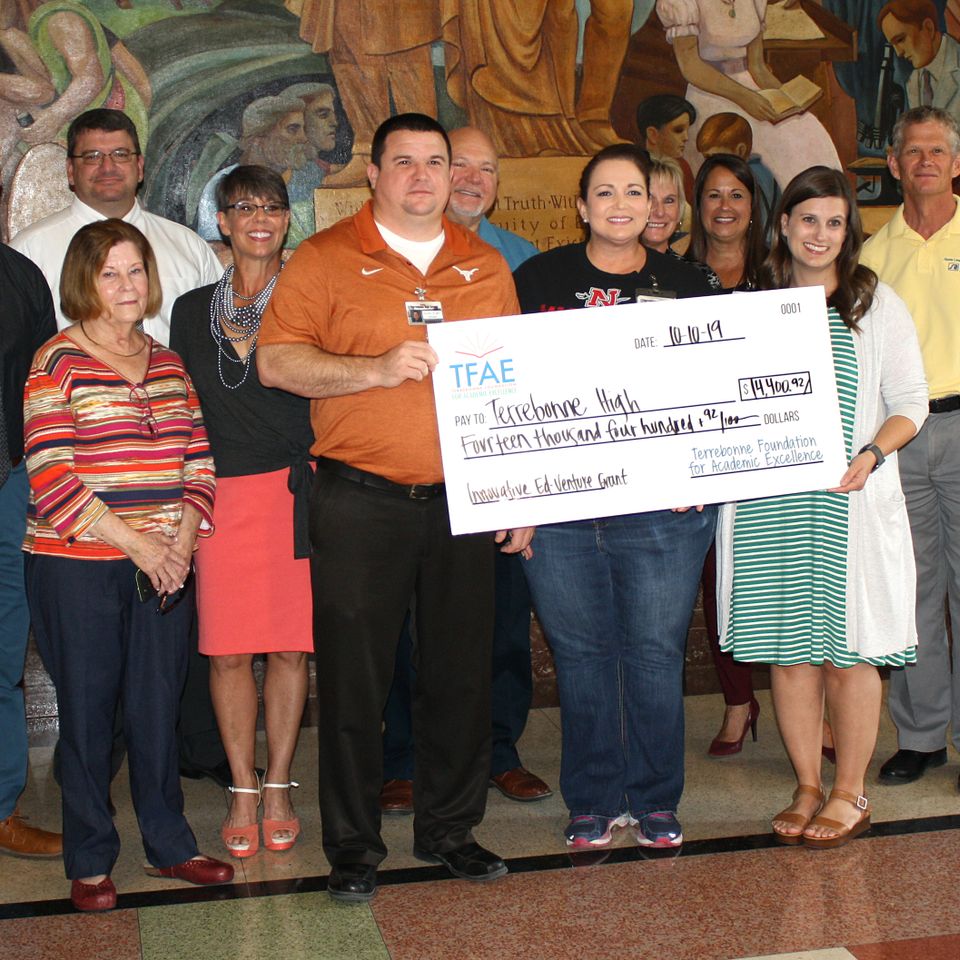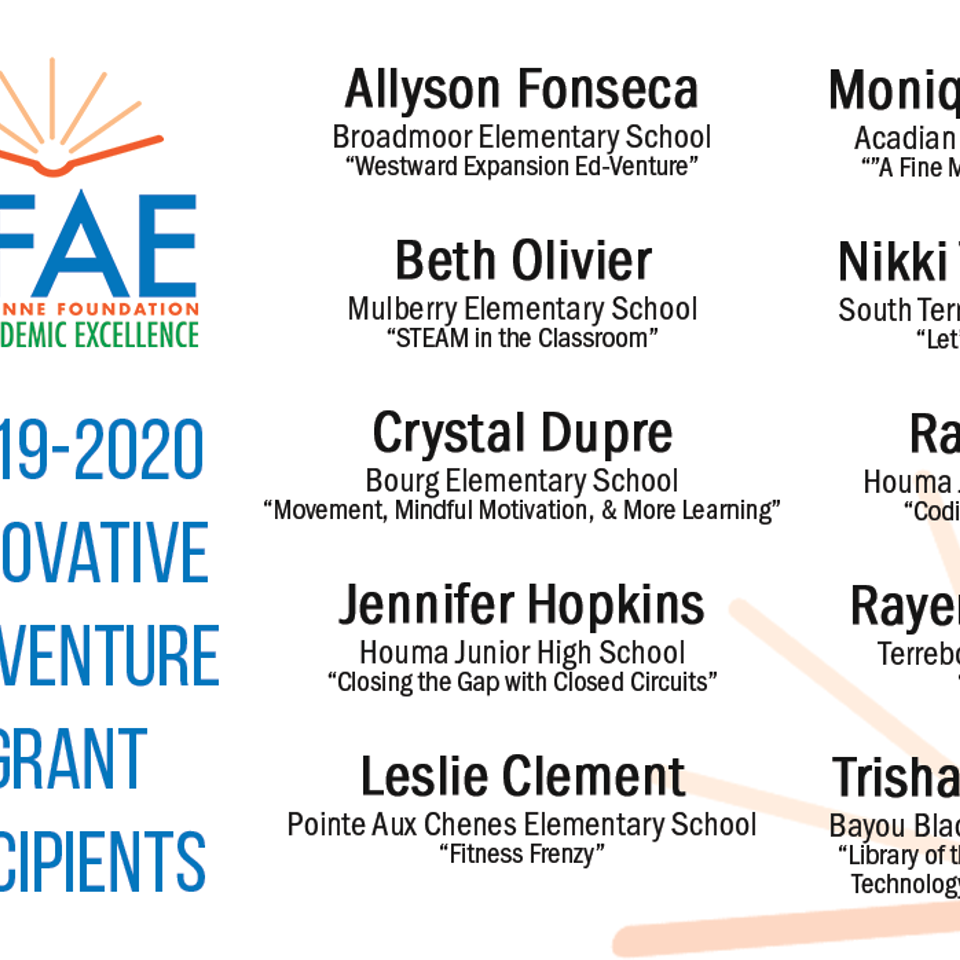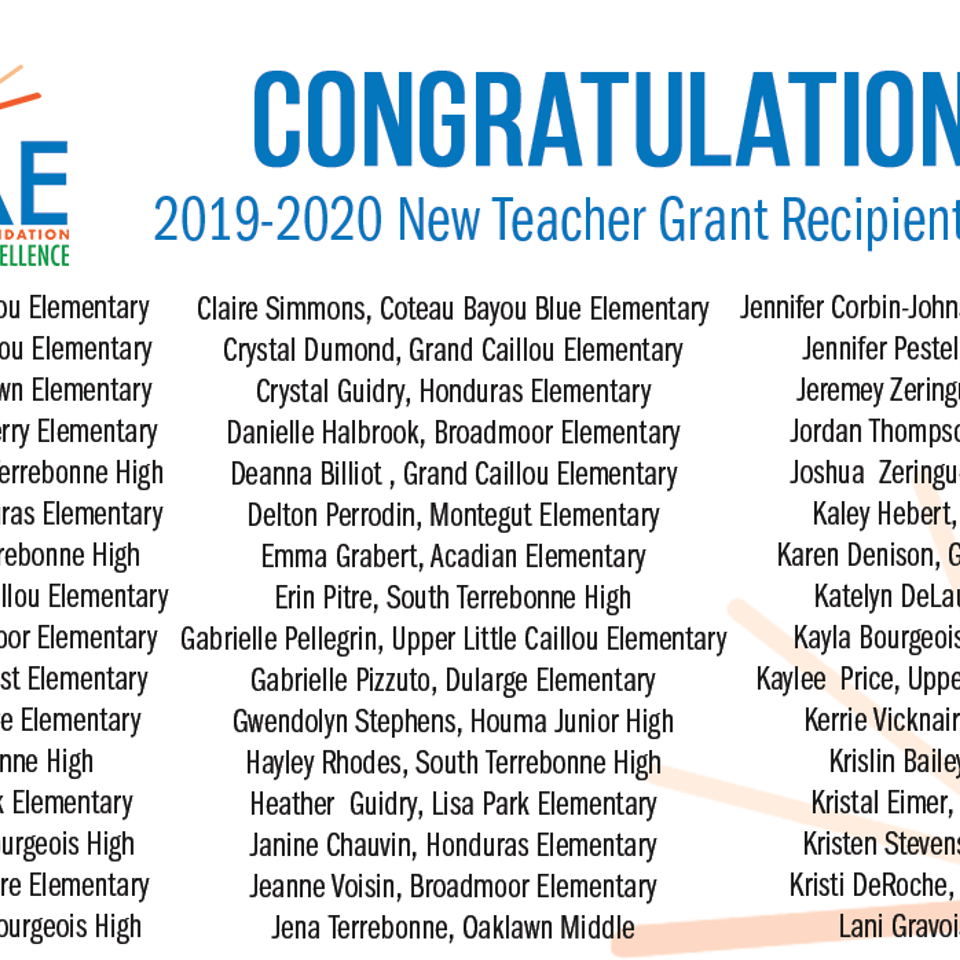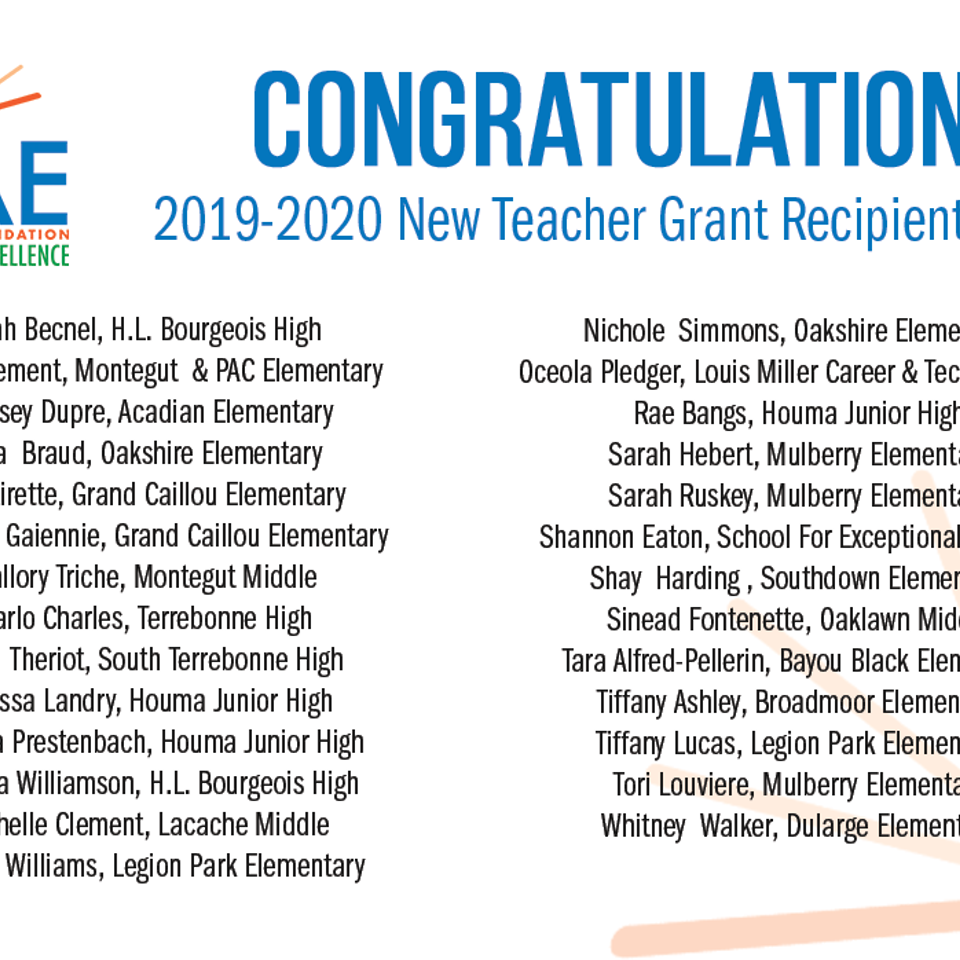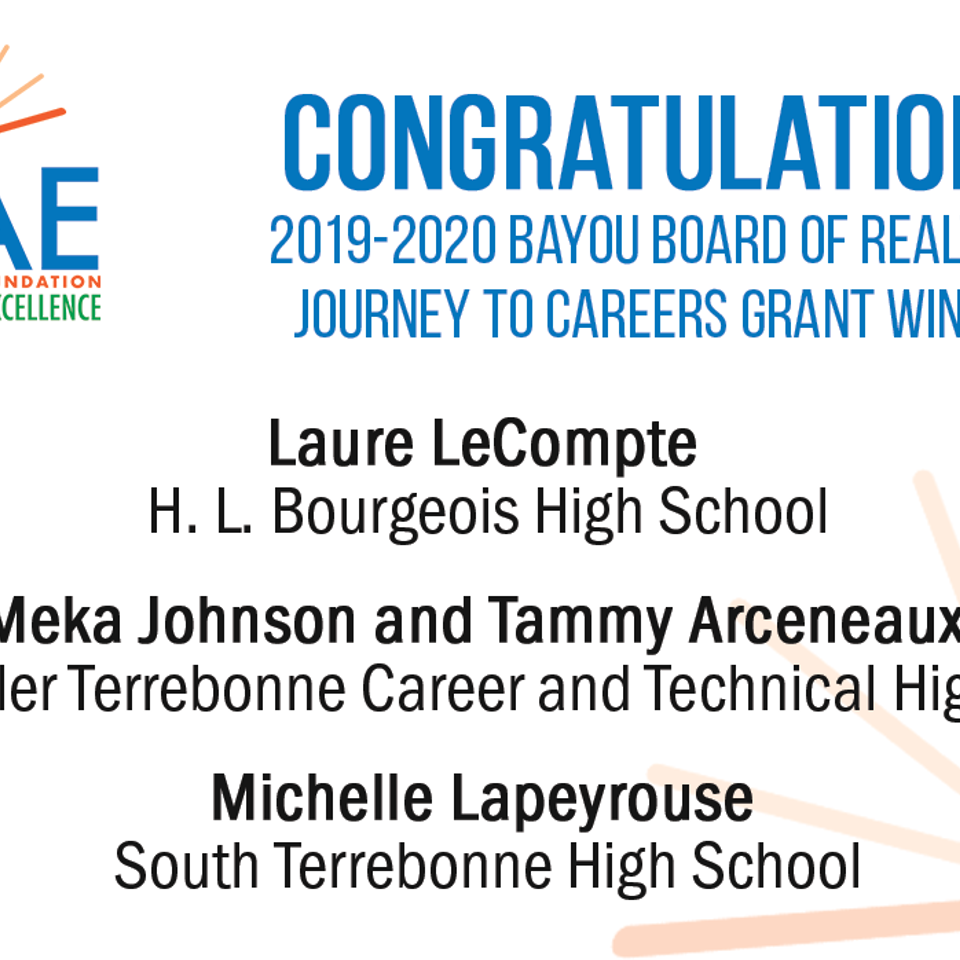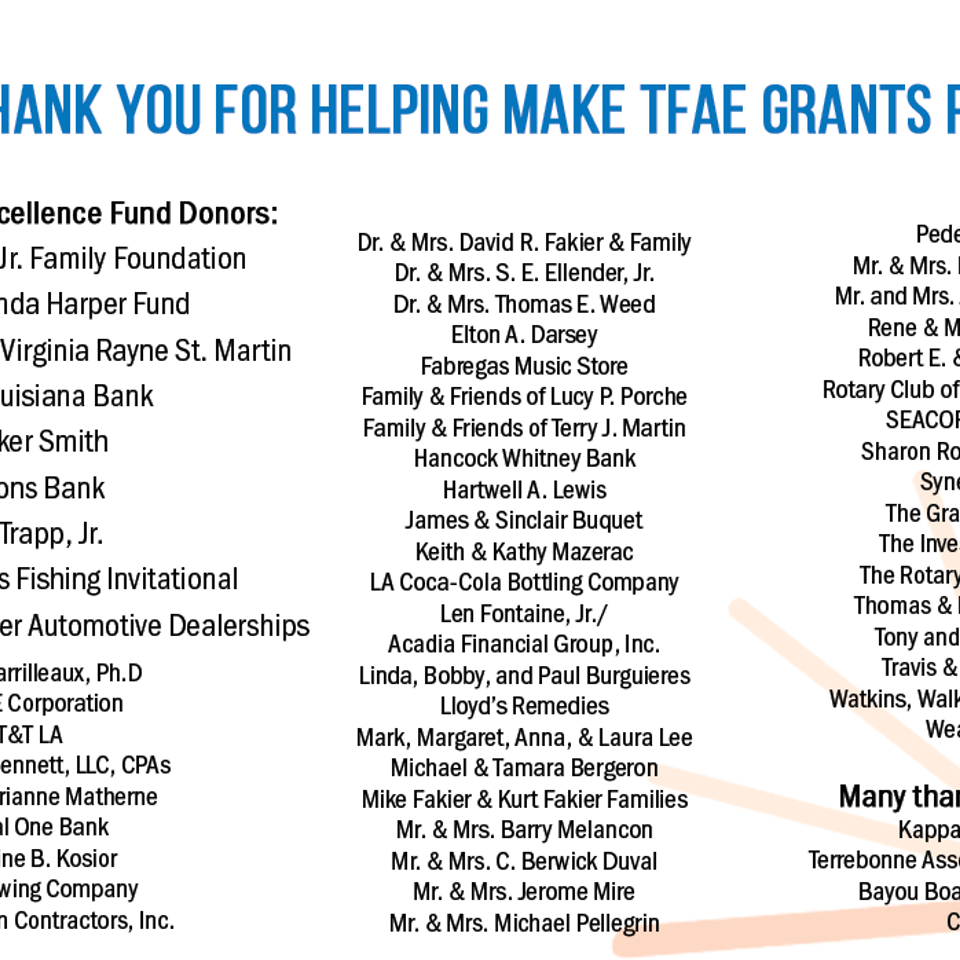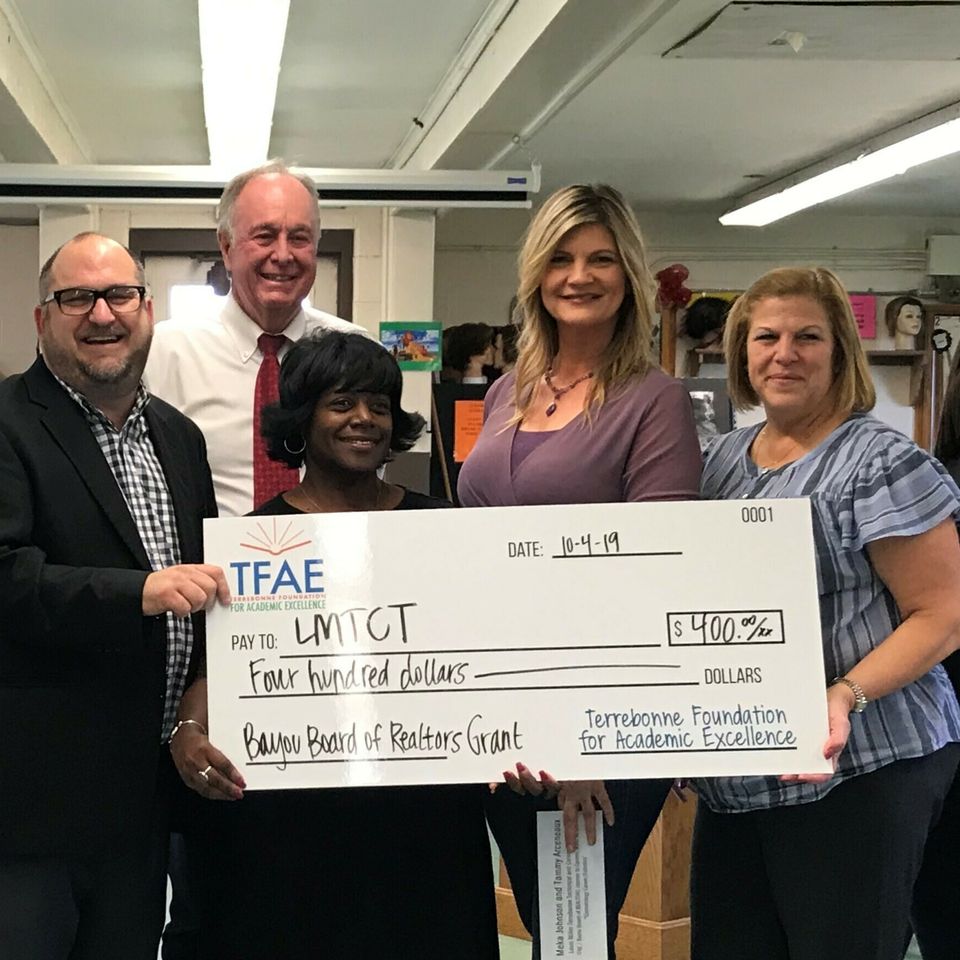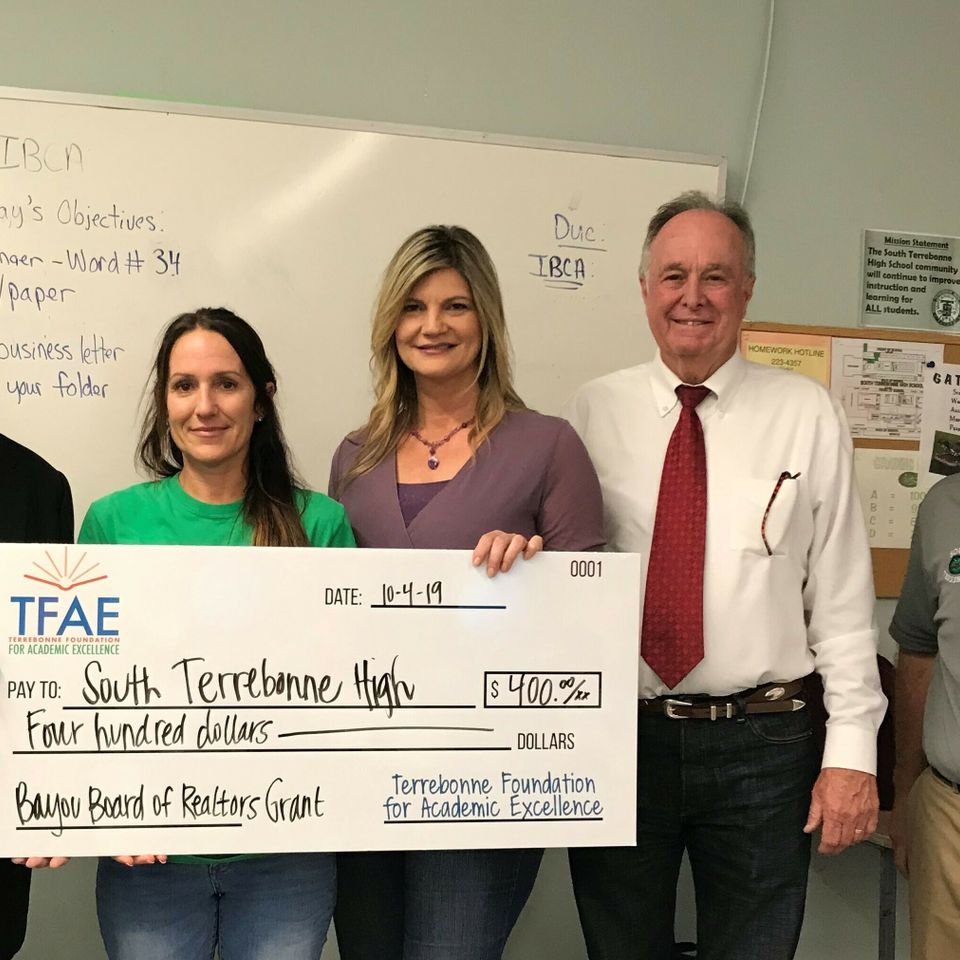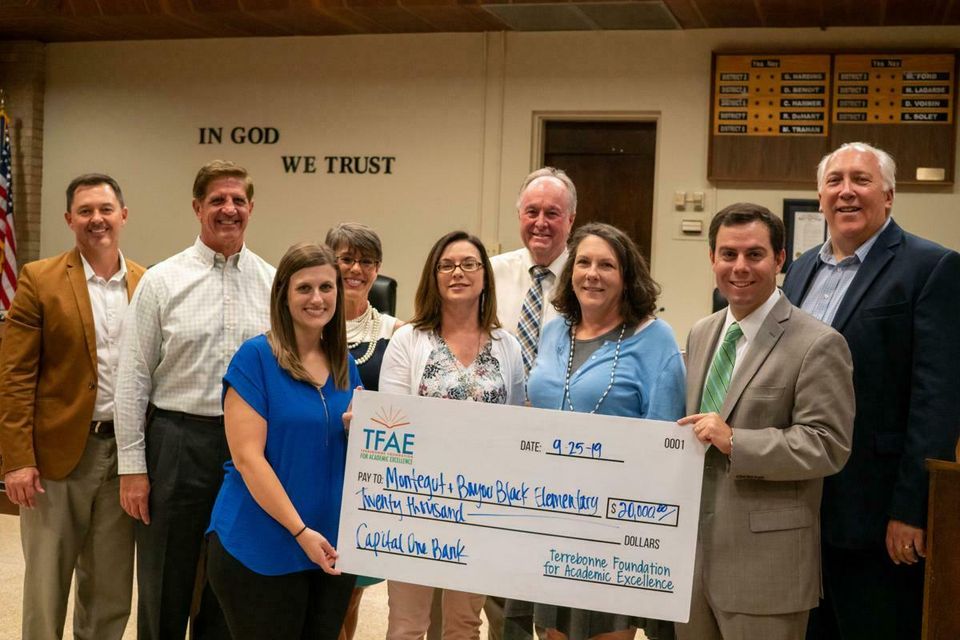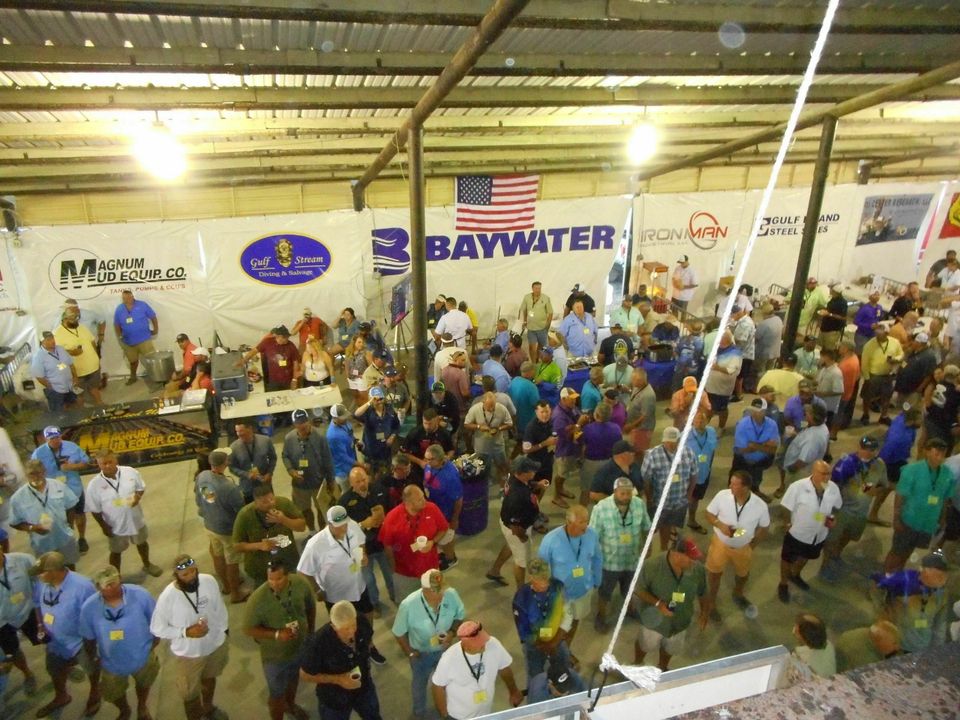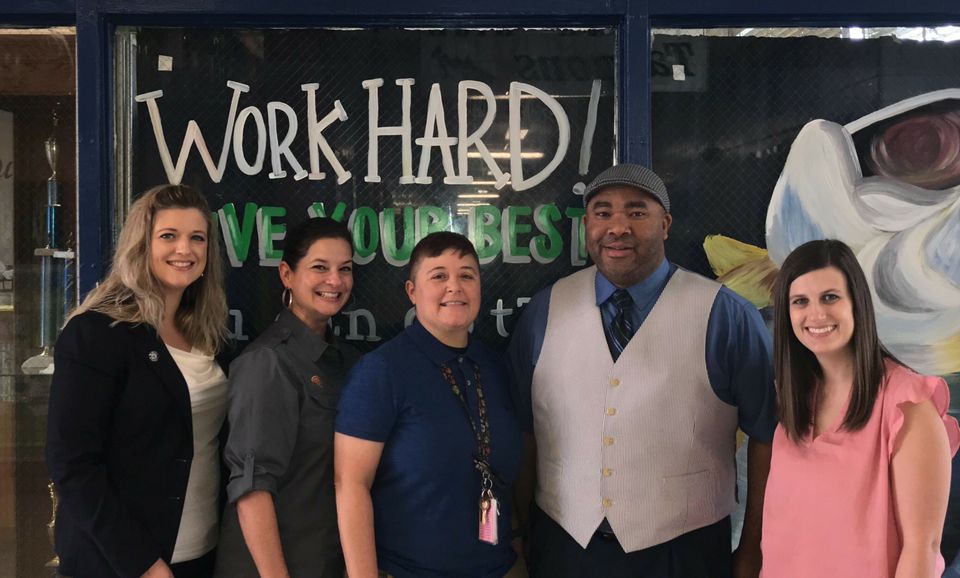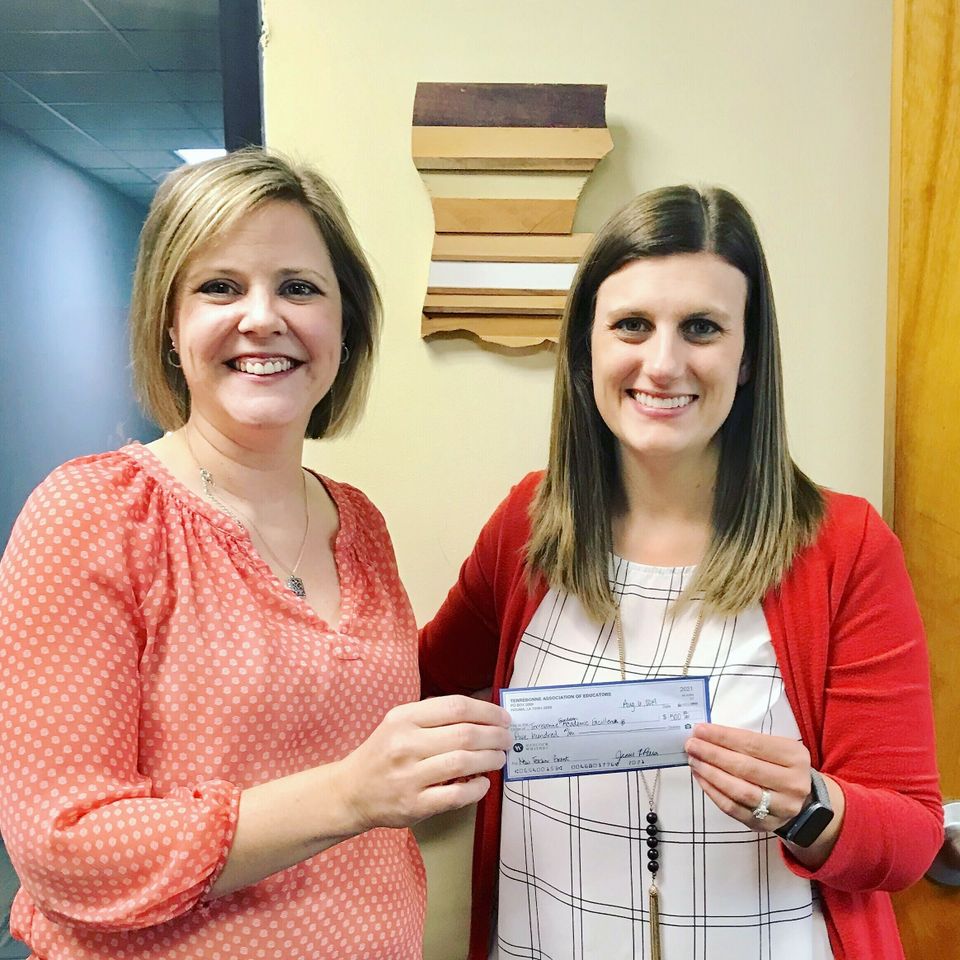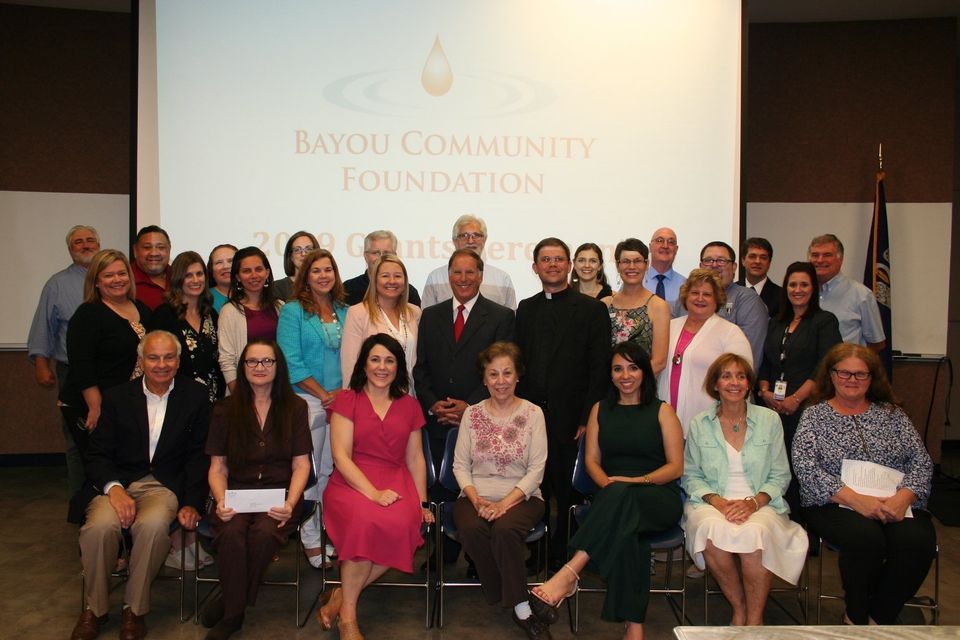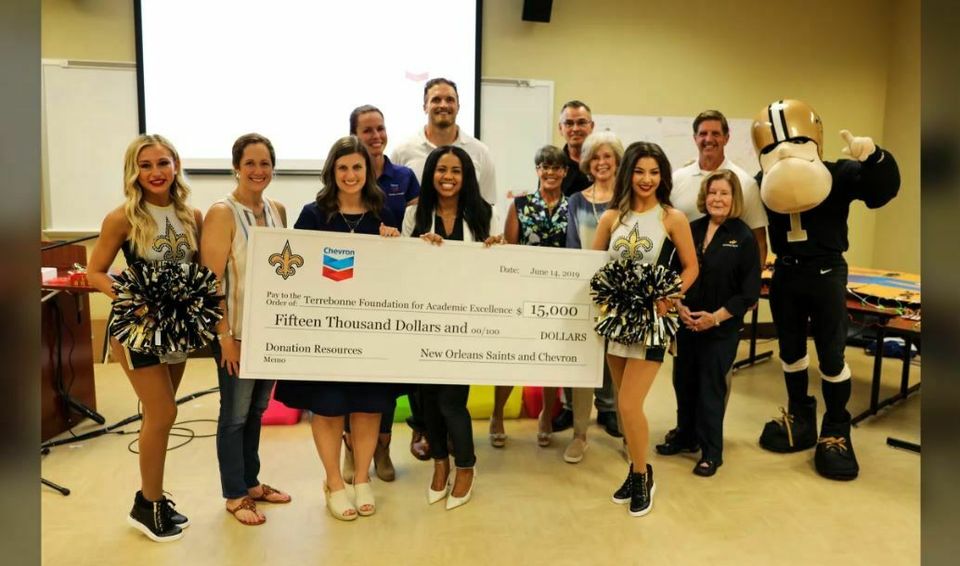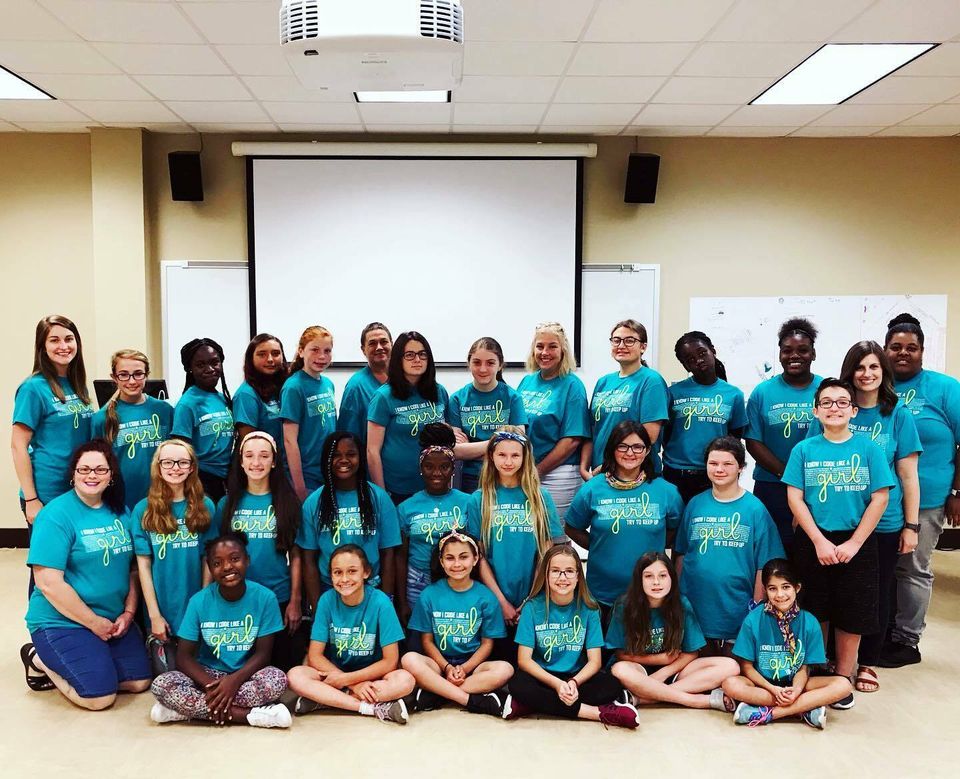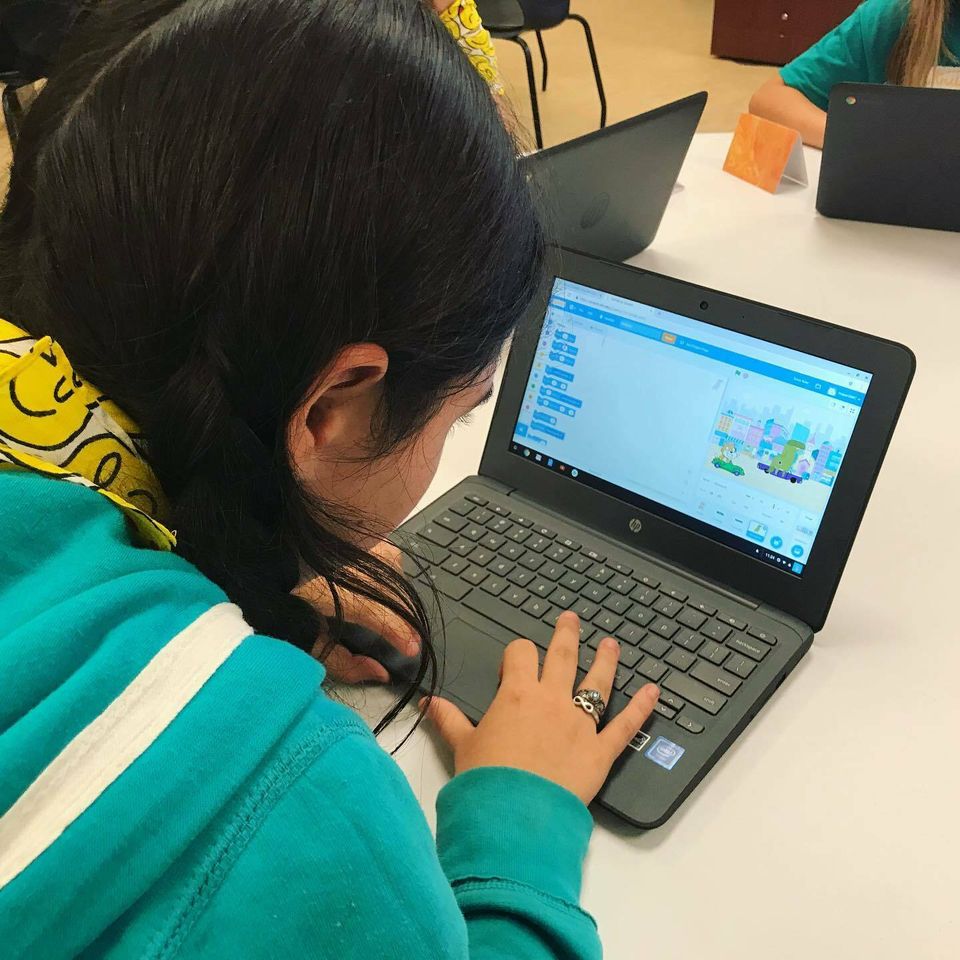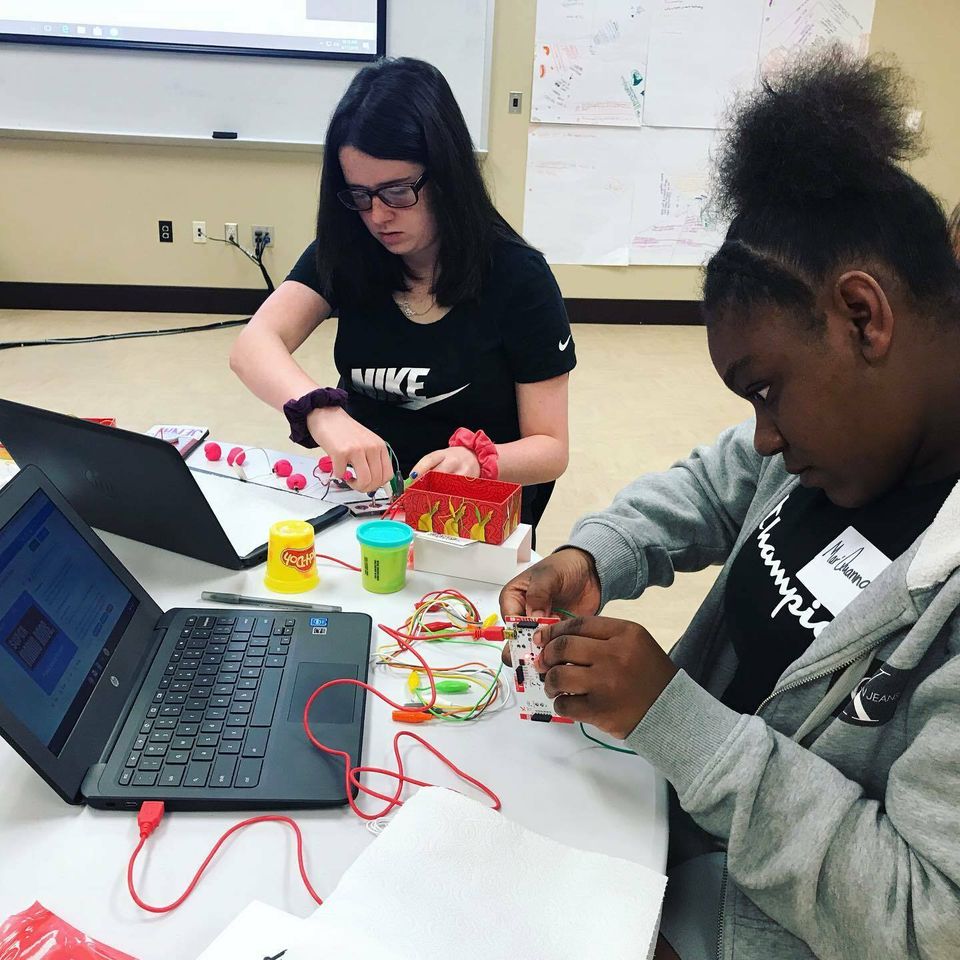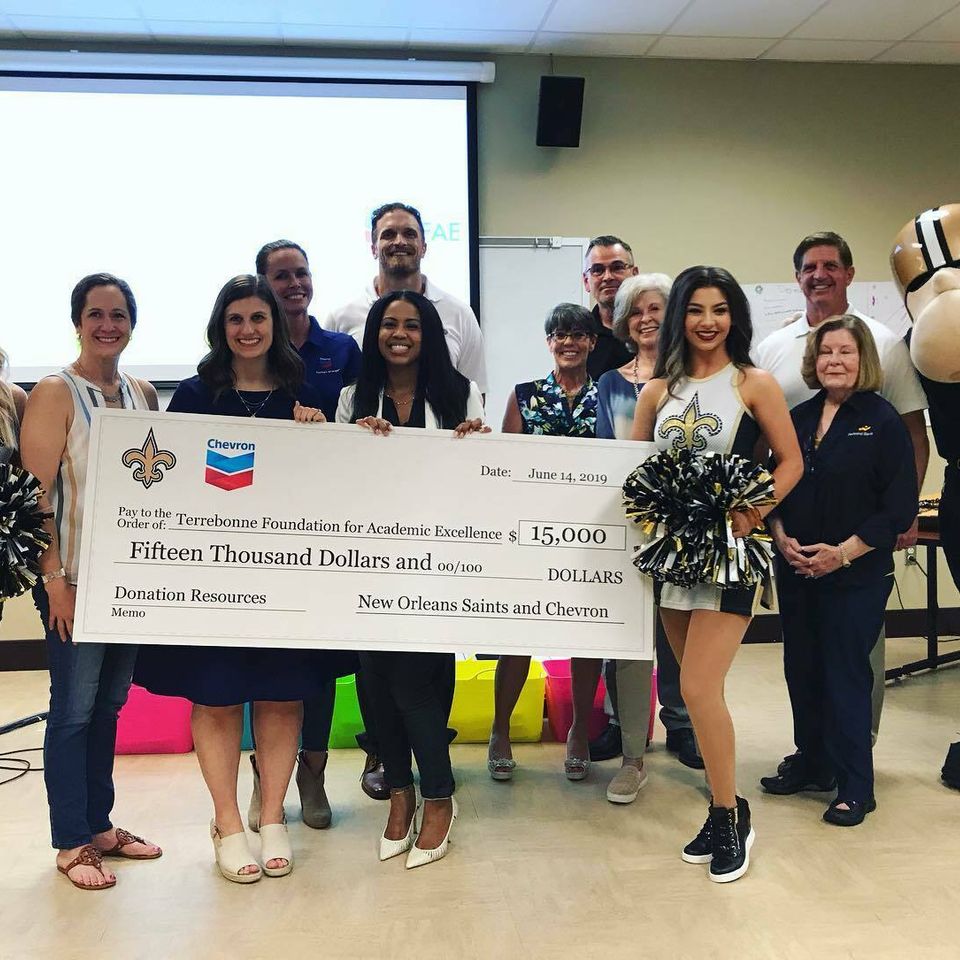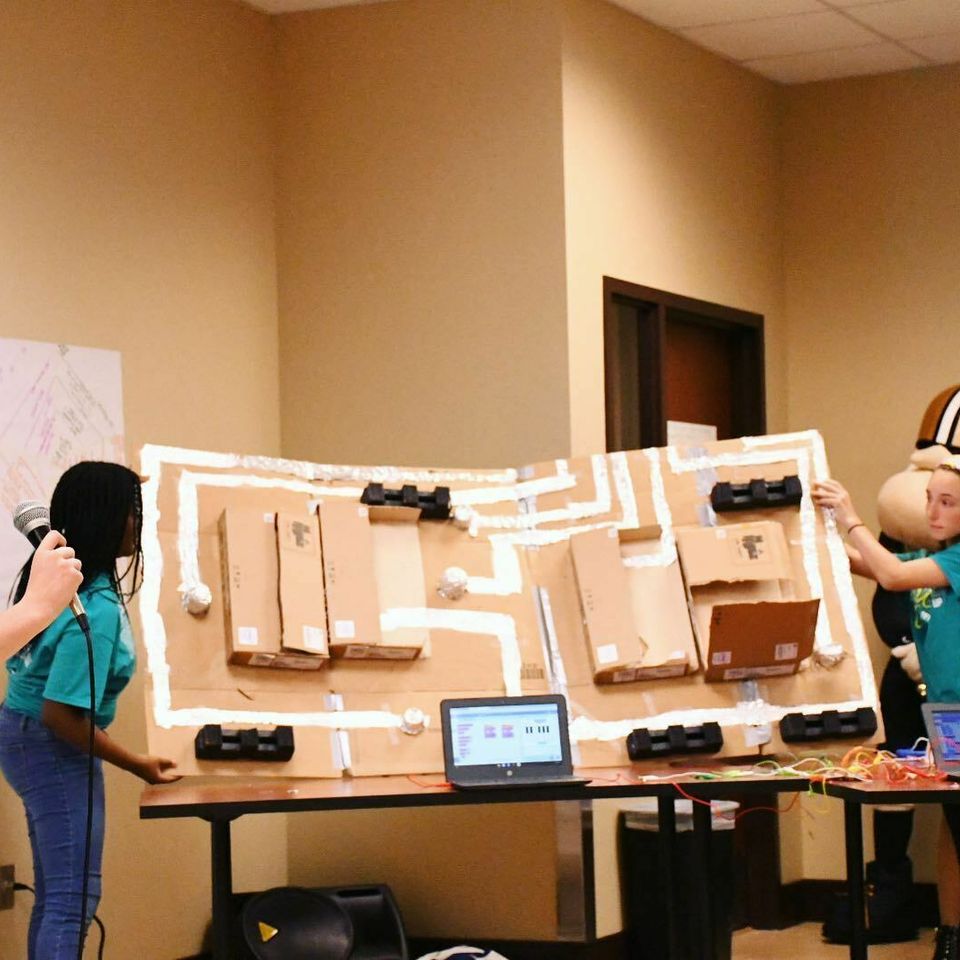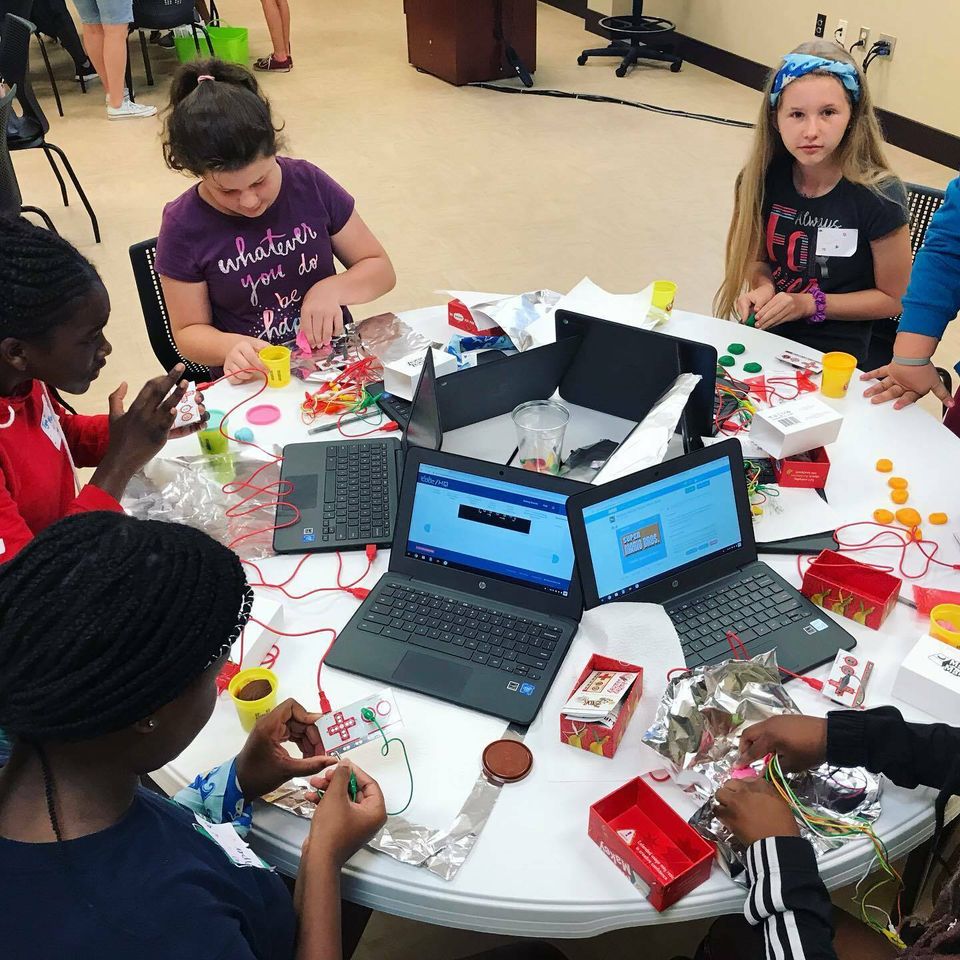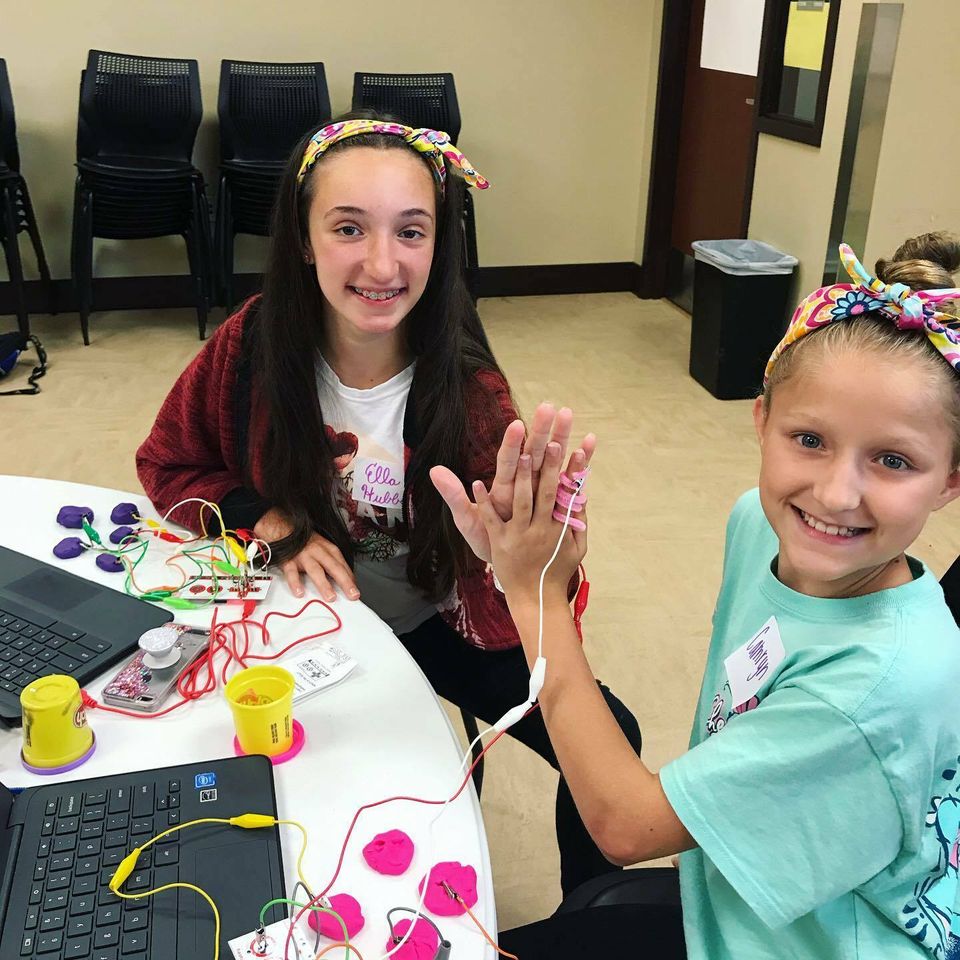By: Colin Camp via The Houma TimesThe Bayou Region has 25 new computer coders marking the end of a week-long immersion camp focused on empowering women with intense technology interests.
Last week the Terrebonne Foundation of Academic Excellence (TFAE) partnered with Chevron to host, “Girls Who Code,” a non-profit program which seeks to empower women interested in Science Technology Engineering and Math fields. On Friday, June 15, the camp held its last day where the participants, all between grades 5-9 showed off their projects to the public and awards were given.
“We’re so used to high-tech things, but they coded every second of it,” said Katie Portier, Executive Director of TFAE. “Starting from a blank screen - they did it all.”
Coding, in this instance, refers to computer programing. This entails learning computer language, as well as writing and understanding algorithms among other skills.
The genesis of the camp began after Melissa Williamson, a teacher at Houma Jr High, held a “Girls Who Code” club during the school year. Williamson worked for 13 years as an engineer - becoming a school teacher after raising two boys. TFAE then wrote a grant to Chevron asking them to help with the program.
Williamson expressed an opinion that the greatest hurdle for women in the STEM field is their tendency to perfectionism. Instead of pursuing a field which a young woman wasn’t good at, said Williamson, often she would shift to a field she had natural talent in. Then Williamson related this to the first day of camp where some of the girls were afraid they’d break the computers if they coded it wrong.
“It’s just in their head,” said Williamson. “It doesn’t have to be perfect in order for you to present it and put yourself out there.”
To counter this, the theme of the camp was, “Brave not Perfect,” and the camp was geared towards much more than just coding. The girls were formed into 5 groups of 5 where they created projects and developed teamwork skills. Armed with Chrome Books, Makey-Makeys, Play-doh, and whatever other resources they could scavenge, the teams created numerous projects and this was their chance to put them on display.
These projects included: a life-sized Operation game, a large working piano, cartoons which would respond in text to the audience, others which would hold dance offs, and working video games which functioned from inputs received from a controller made of play-doh.
The sourcing of materials and construction of the projects was done entirely by the team as well as the coding, which was written on a program called “Scratch.”
Created by Lifelong Kindergarten Group at the MIT Media Lab, Scratch is a free online tool which simplifies the process of coding, allowing people to make and share their creations. The program can be found here: “scratch.mit.edu”
One presentation written with Scratch showcased a cartoon dog in an astronaut helmet with a jar of jam. The space faring pup would ask the audience questions and use the answers to tell a story.
Lily Naquin, a 10-year-old, explained the coding process with complete understanding using programing jargon:
“I figured out that I needed to go to variables and get ‘set emotion to 0,’ ‘set aim to 0,’...” said Naquin. “To reset it, all you need to do is click the jar of jam. And I thought it was kind of cute because the dog has jam.”
“This project was a lot of fun for me, and I loved it,” she said.
After the demonstration a “Brave Not Perfect Award” was presented to De’aija Charles for both how she excelled and how she assisted others during the camp. She was presented a laptop by Chevron and took photos with her father Deon Charles who beamed with pride.
“It was fun. It was kind of complicated at first but I didn’t want help, I wanted to learn it on my own,” said De’aija Charles. Which she did, and then spread that knowledge to others.
The Bayou community rallied behind the camp and Portier said the support made the camp a success. Companies such as Chick-Fil-A, Danos, T Baker Smith, Fig Cafe, and David Ohlmeyer of Allstate donated meals. Root 2 Rise taught yoga lessons during a break. Fletcher Community College donated space for the camp, and the Terrebonne Parish School District provided transportation, picking the kids up from their houses and bringing them to the camp.
And of course Chevron, who funded the entire camp at $26,450, which without, said Portier, the camp could not have happened.
“The fact that these girls could come here for free - a lot of these girls would not have that opportunity anywhere else - ever,” said Portier.
With the camp coming to an end and witnessing the growth in the girls from where they began, Williamson said, this could not just be a one-time event. She said she wished there were a way to track the girls’ progress to have evidence of its success.
In response for a possibility of helping next year, Leah Brown, the Public Affairs Manager of Chevron, said Chevron would love to fund the camp next year.
“For us it’s about trying to grow the next generation of young innovators,” Brown said. “Looking at these young ladies and really feeling like they are going to solve problems that I don’t even know exist yet.”
Finally Brown was asked if Chevron was eyeing any future employees at the event, she responded with a nod, “You know, there might be a couple of good petroleum engineers and geologists in this group.” •

